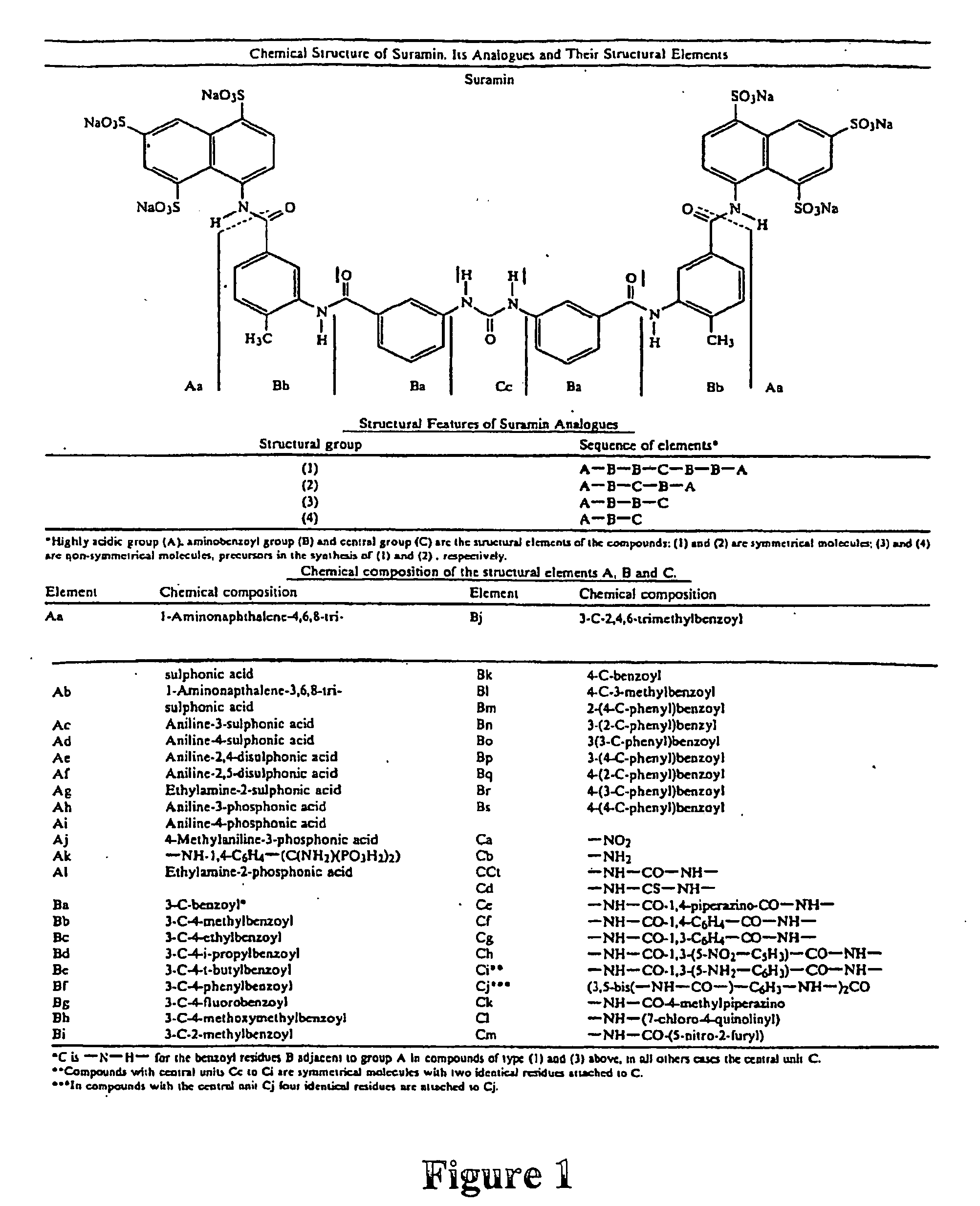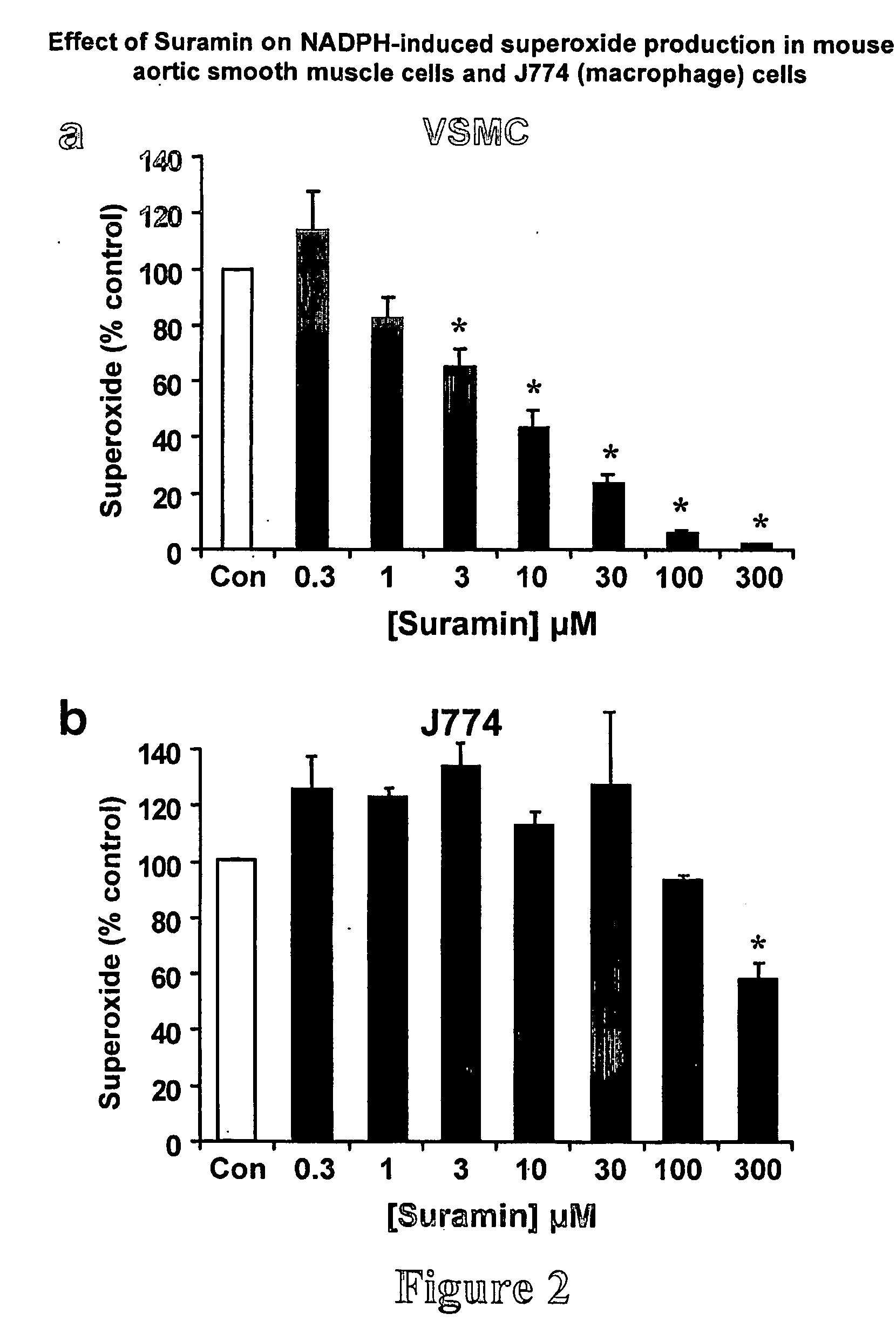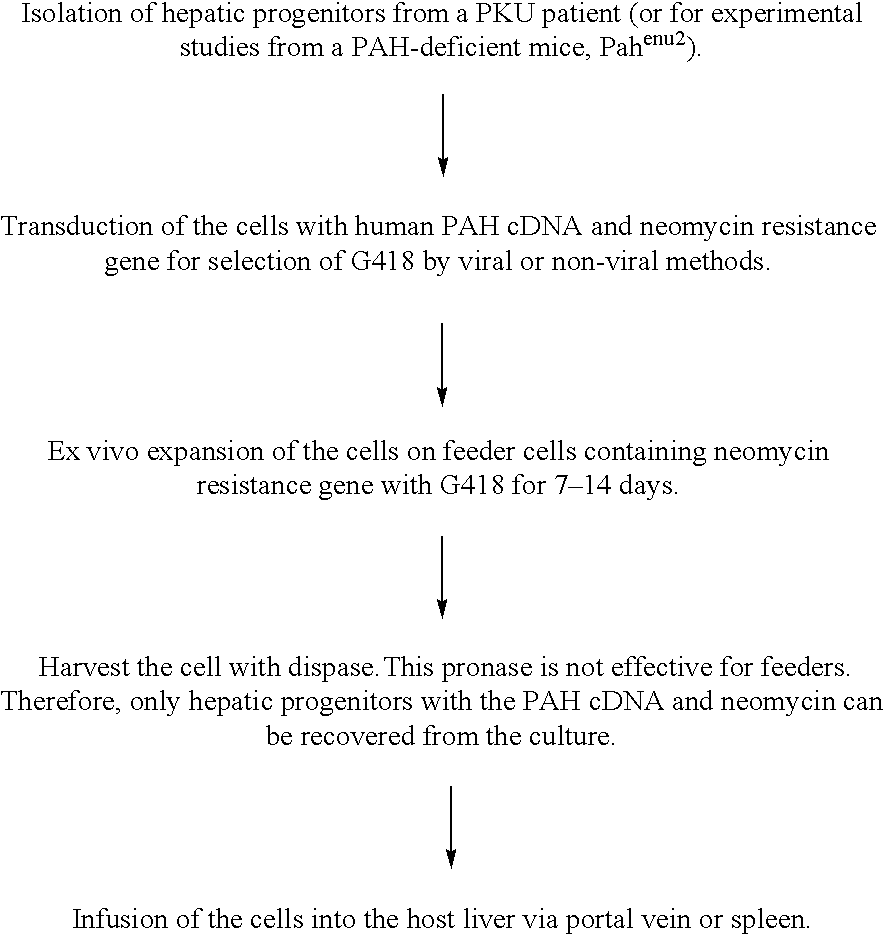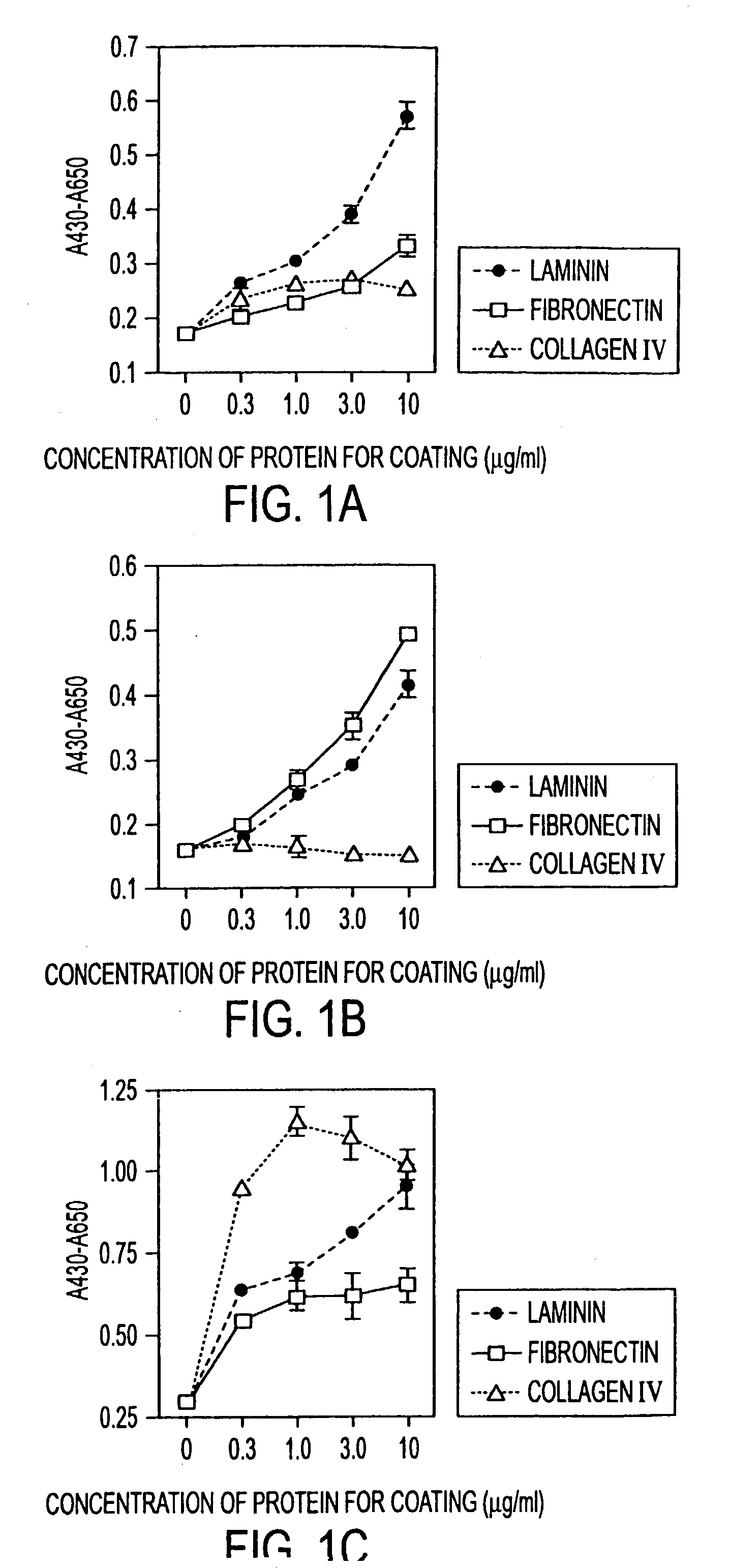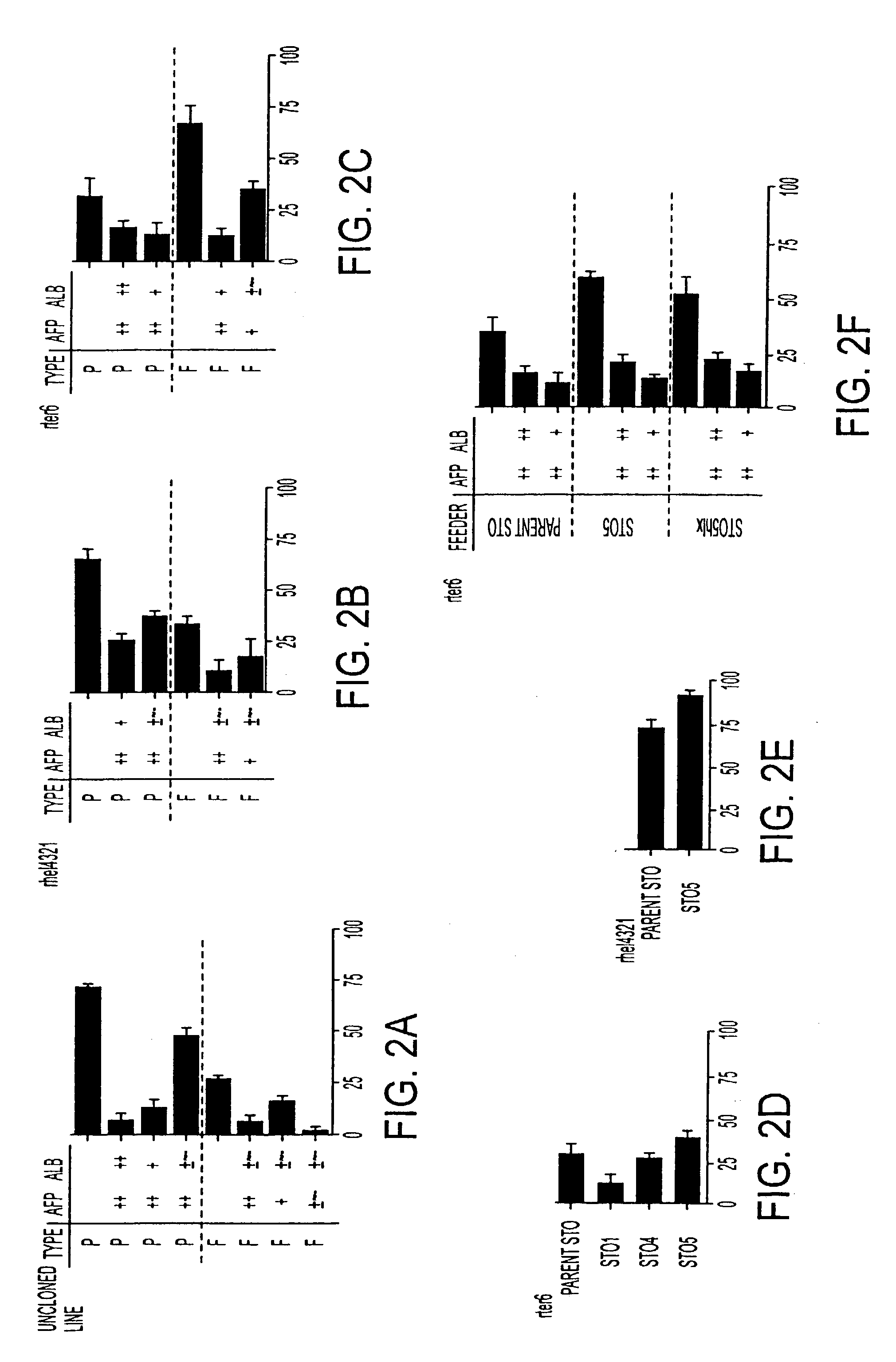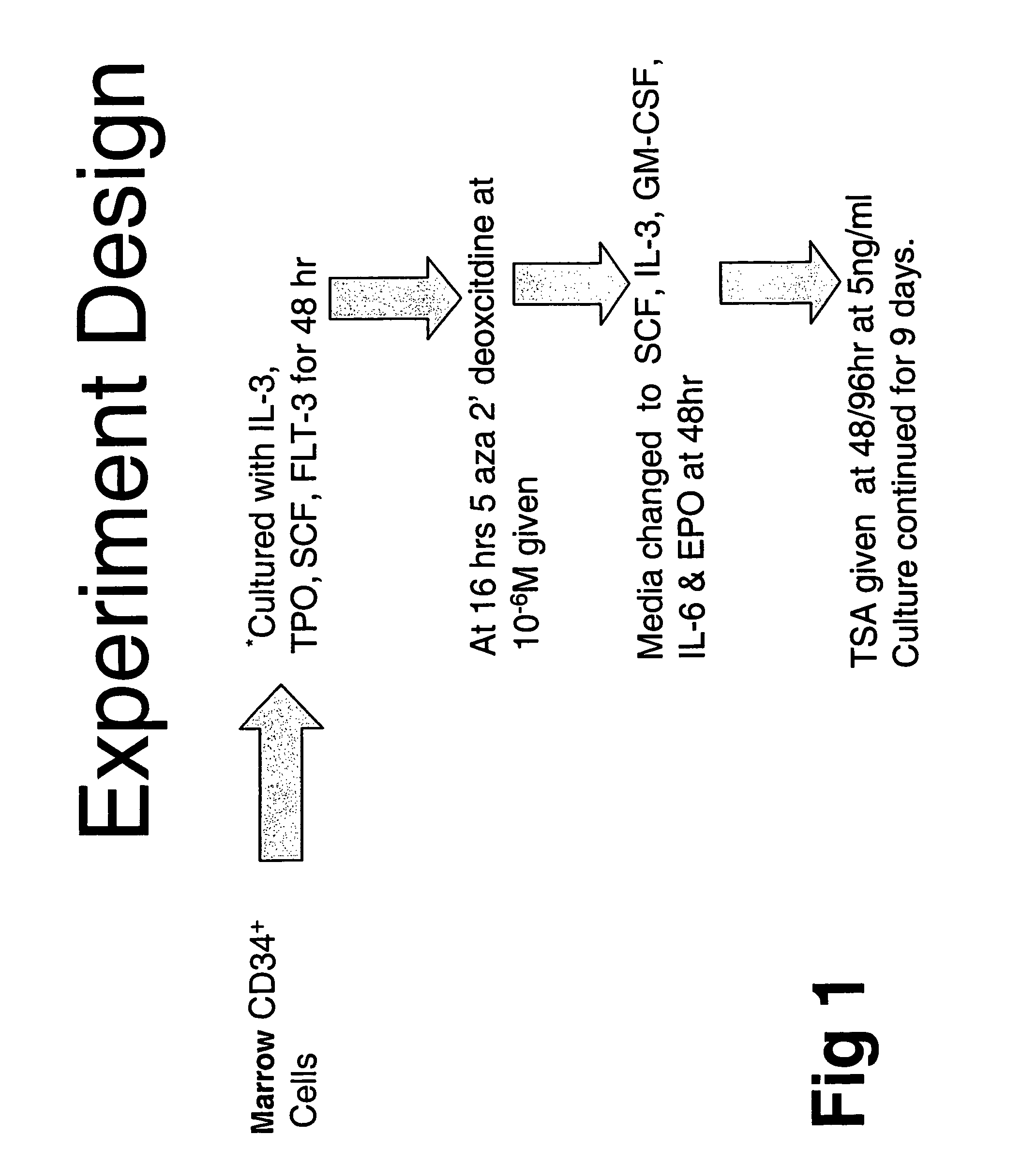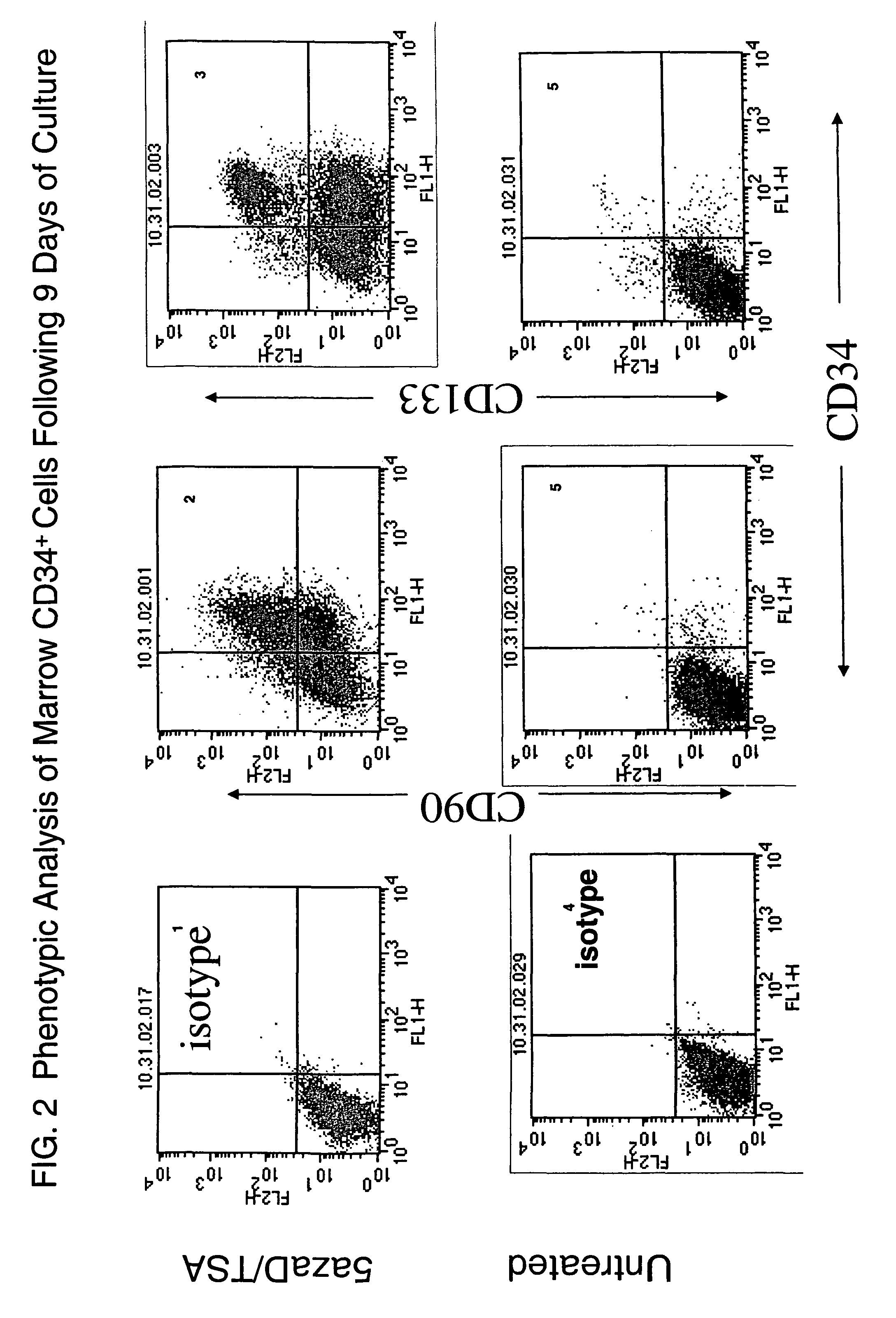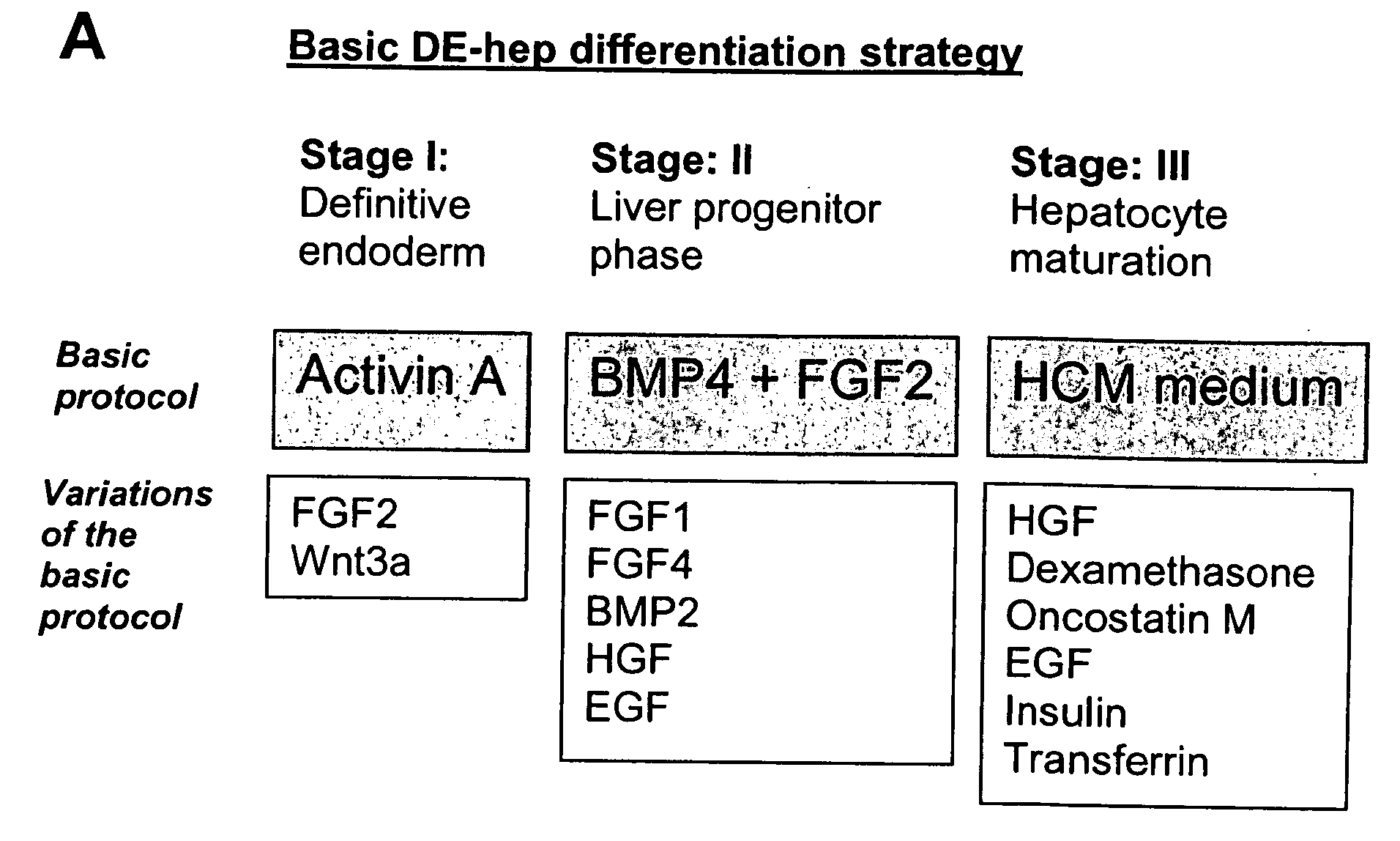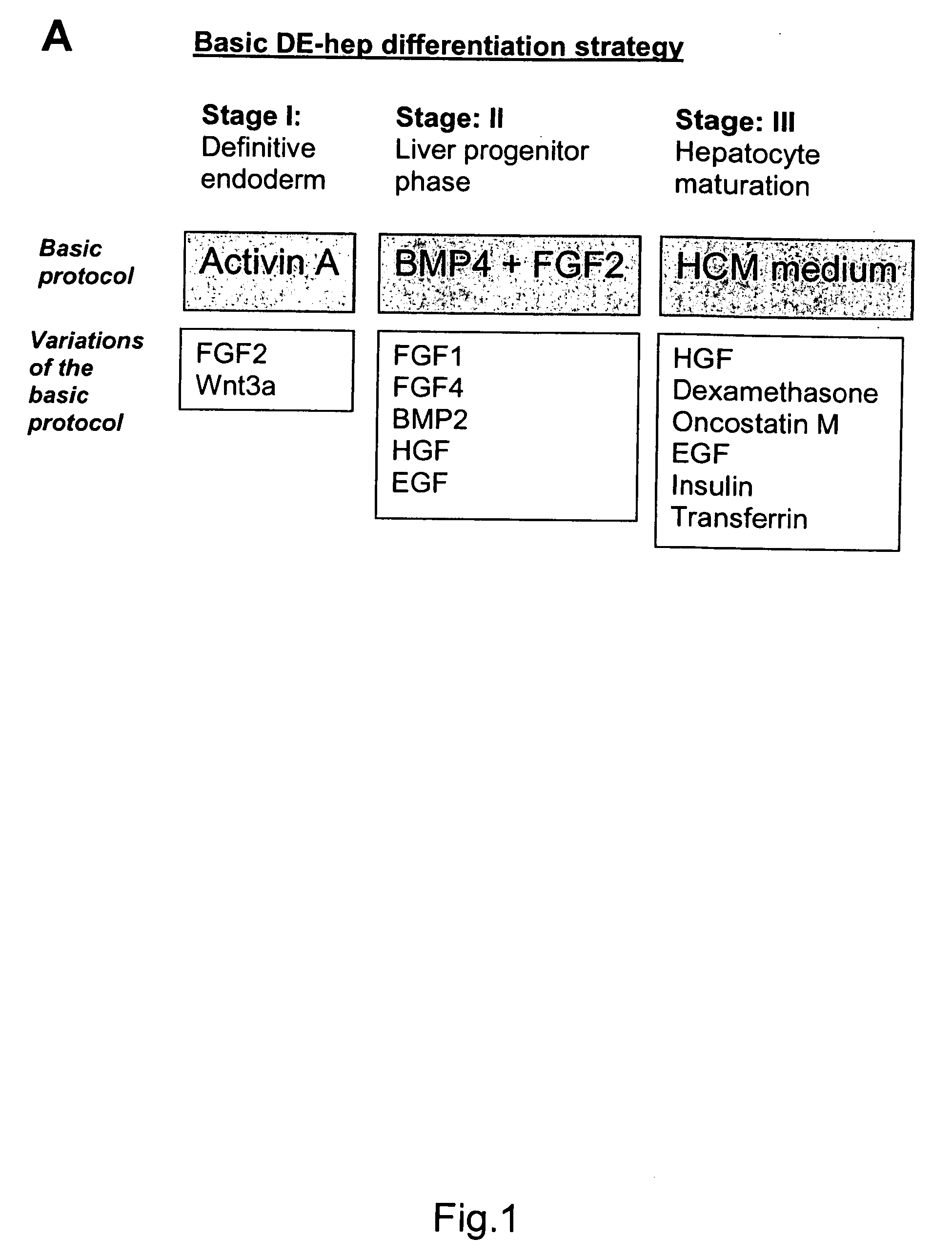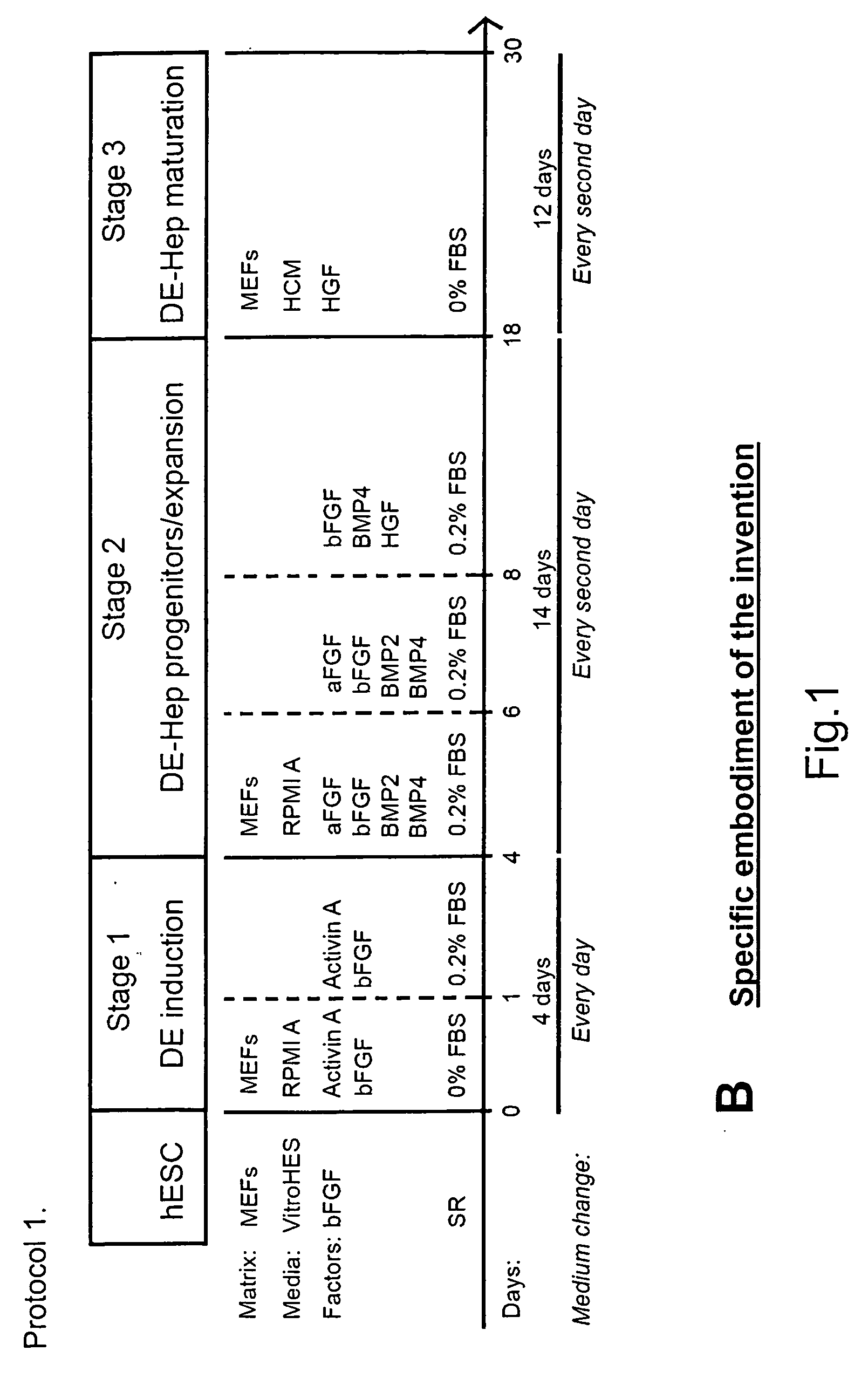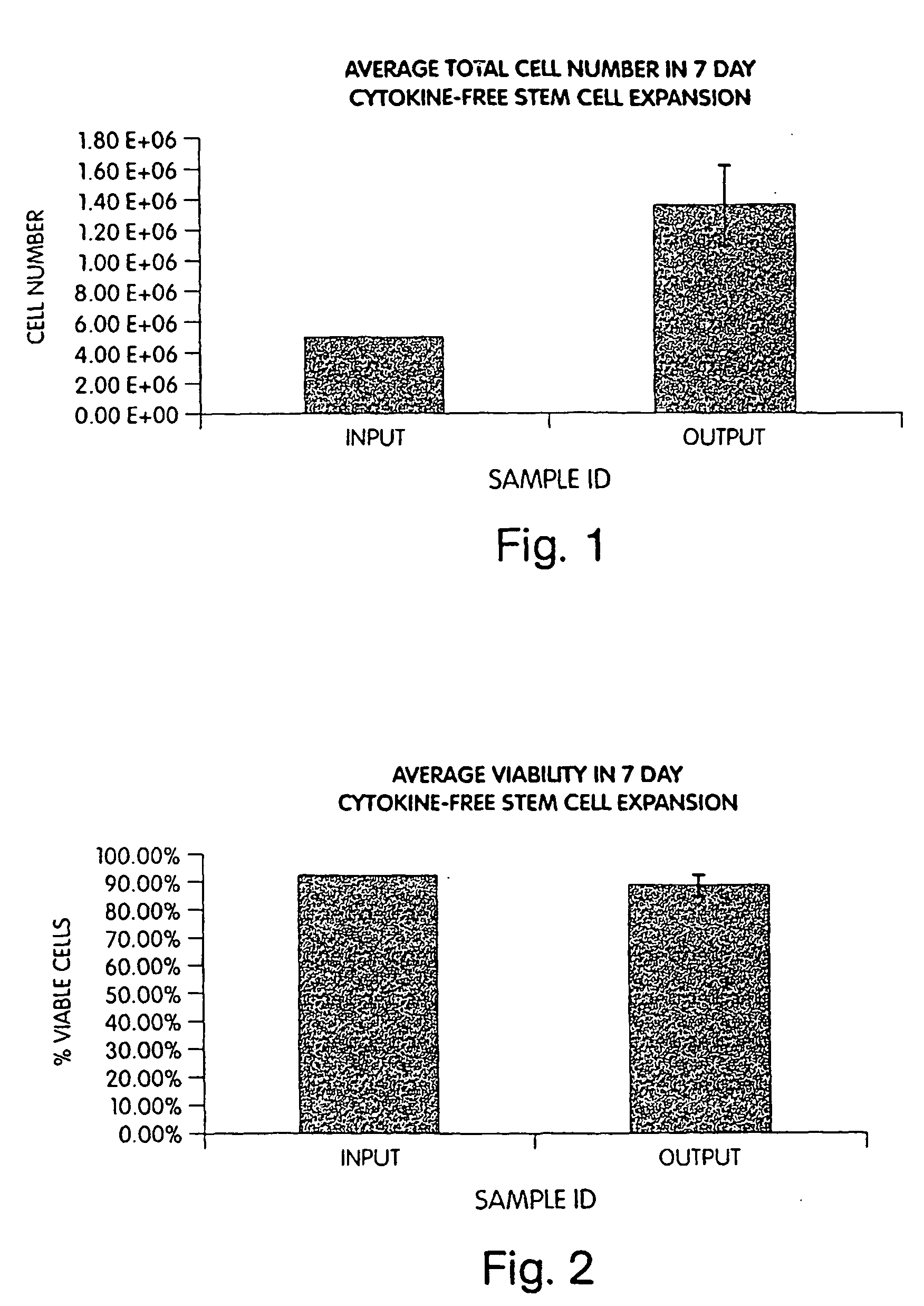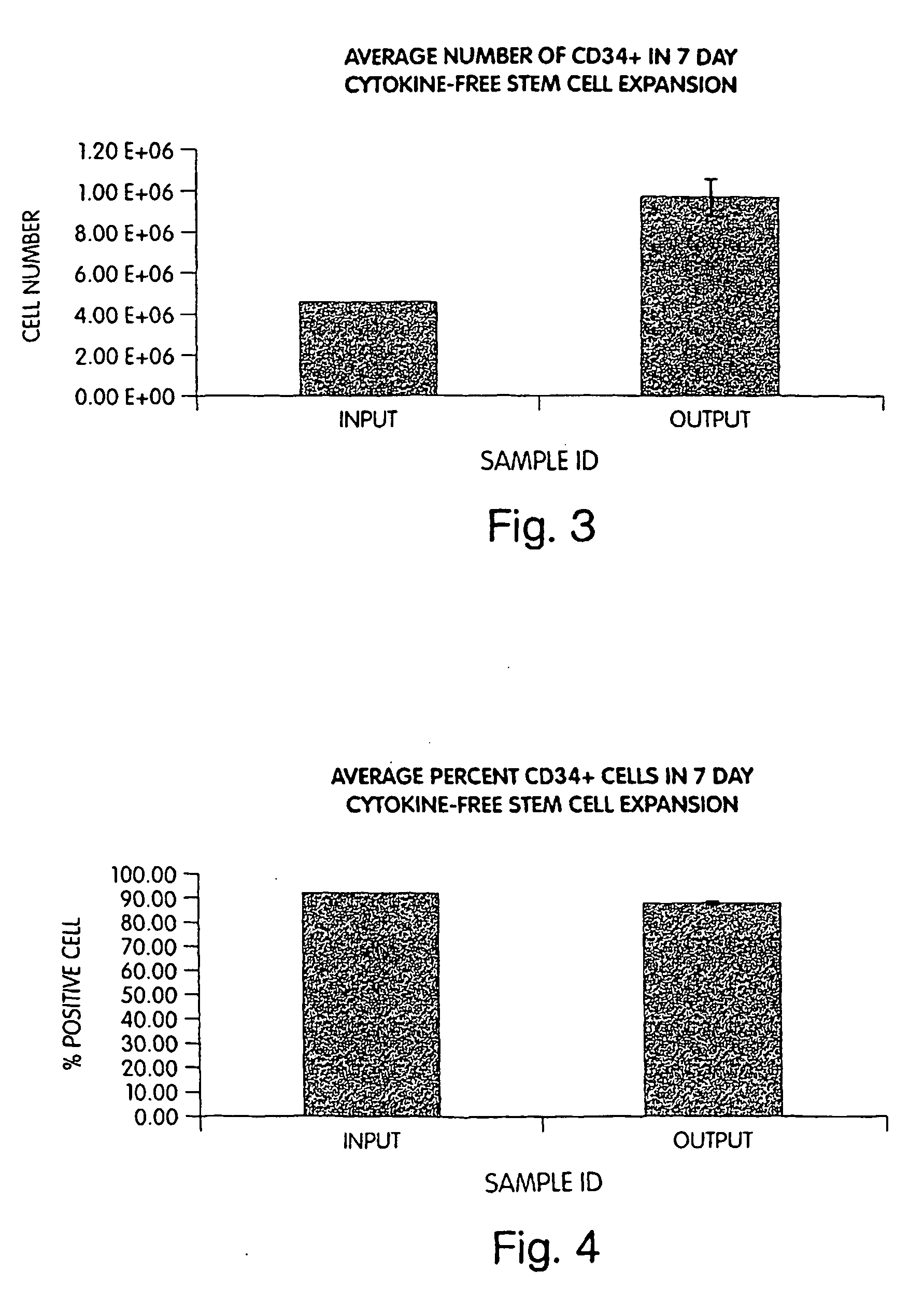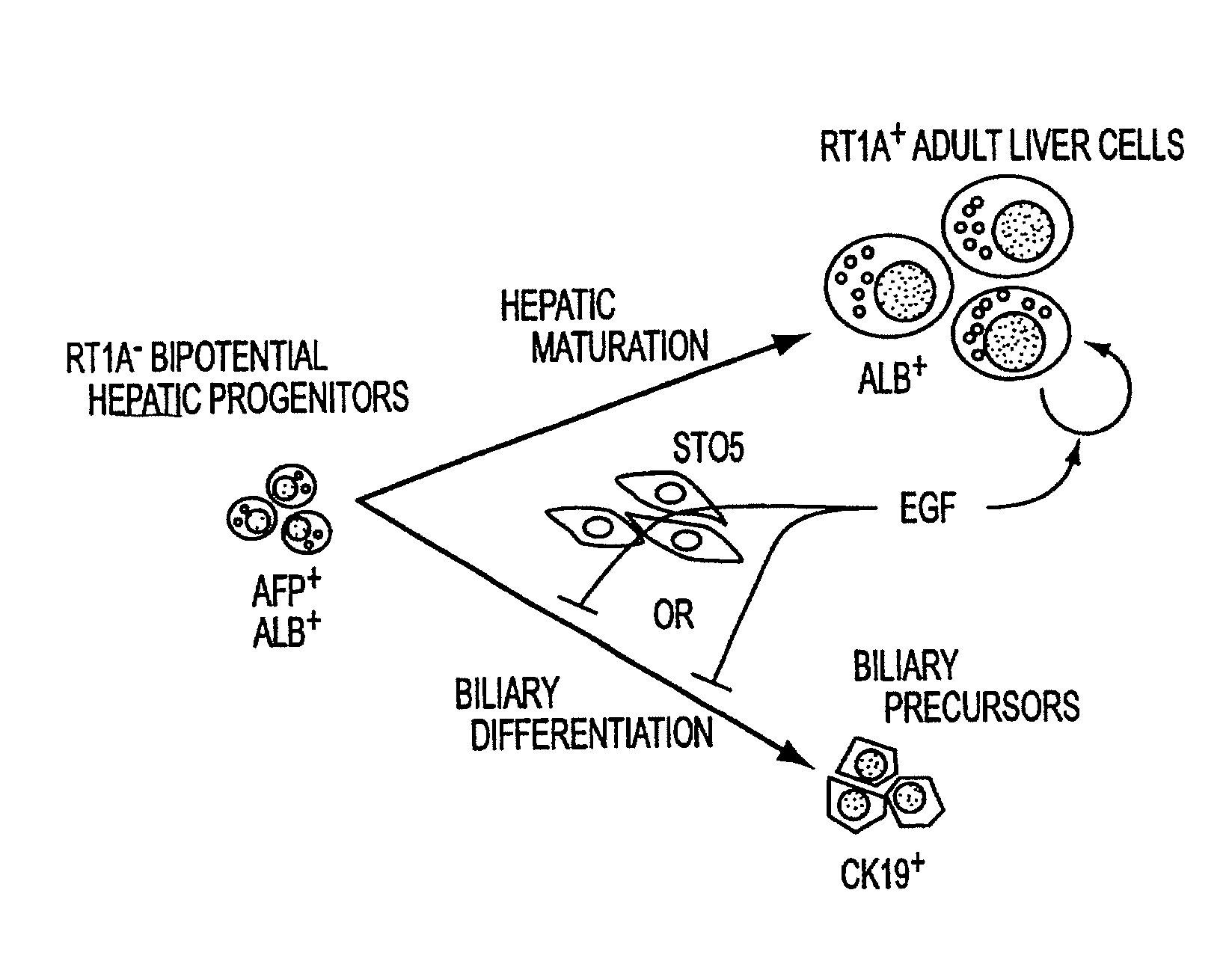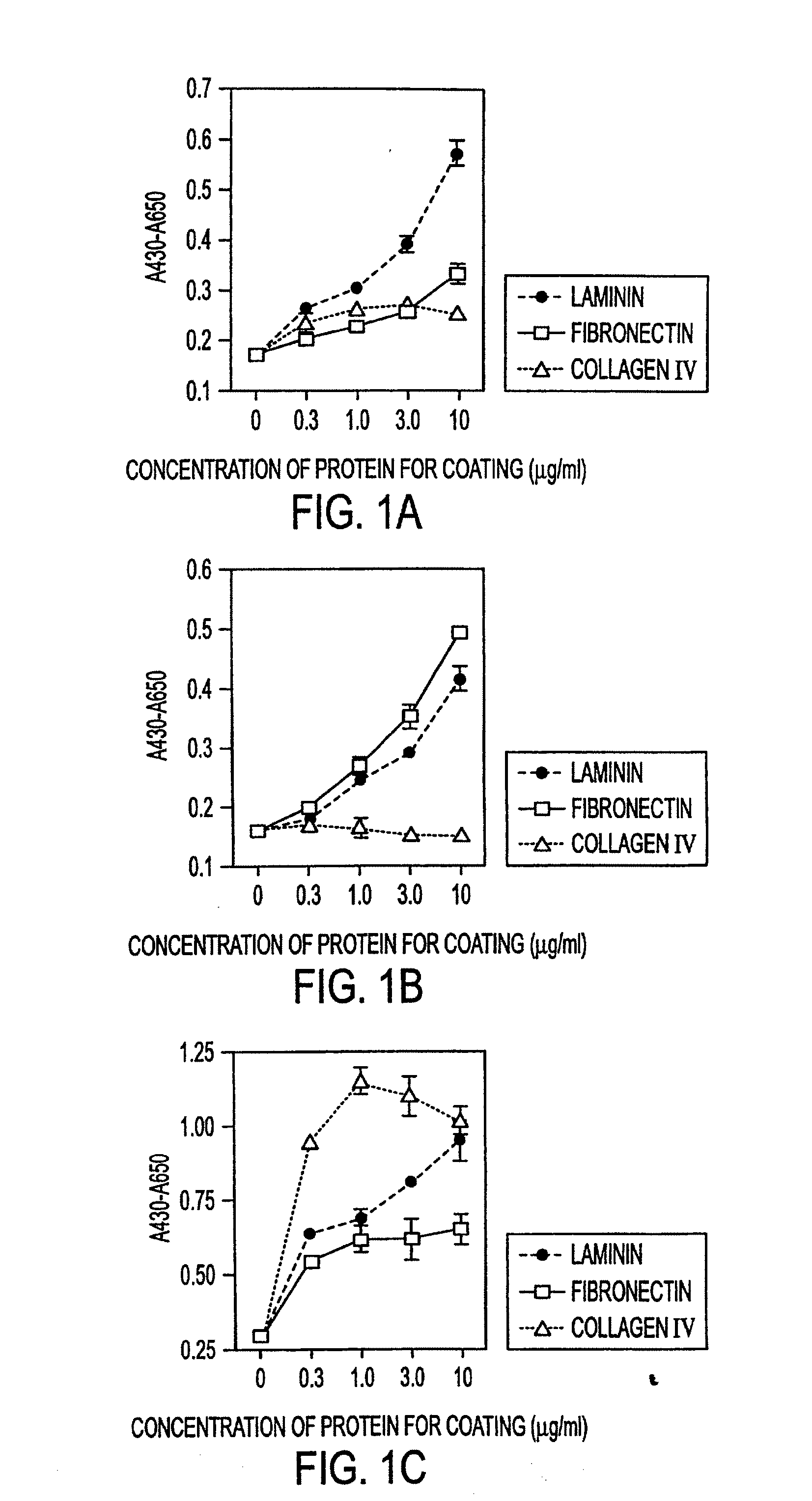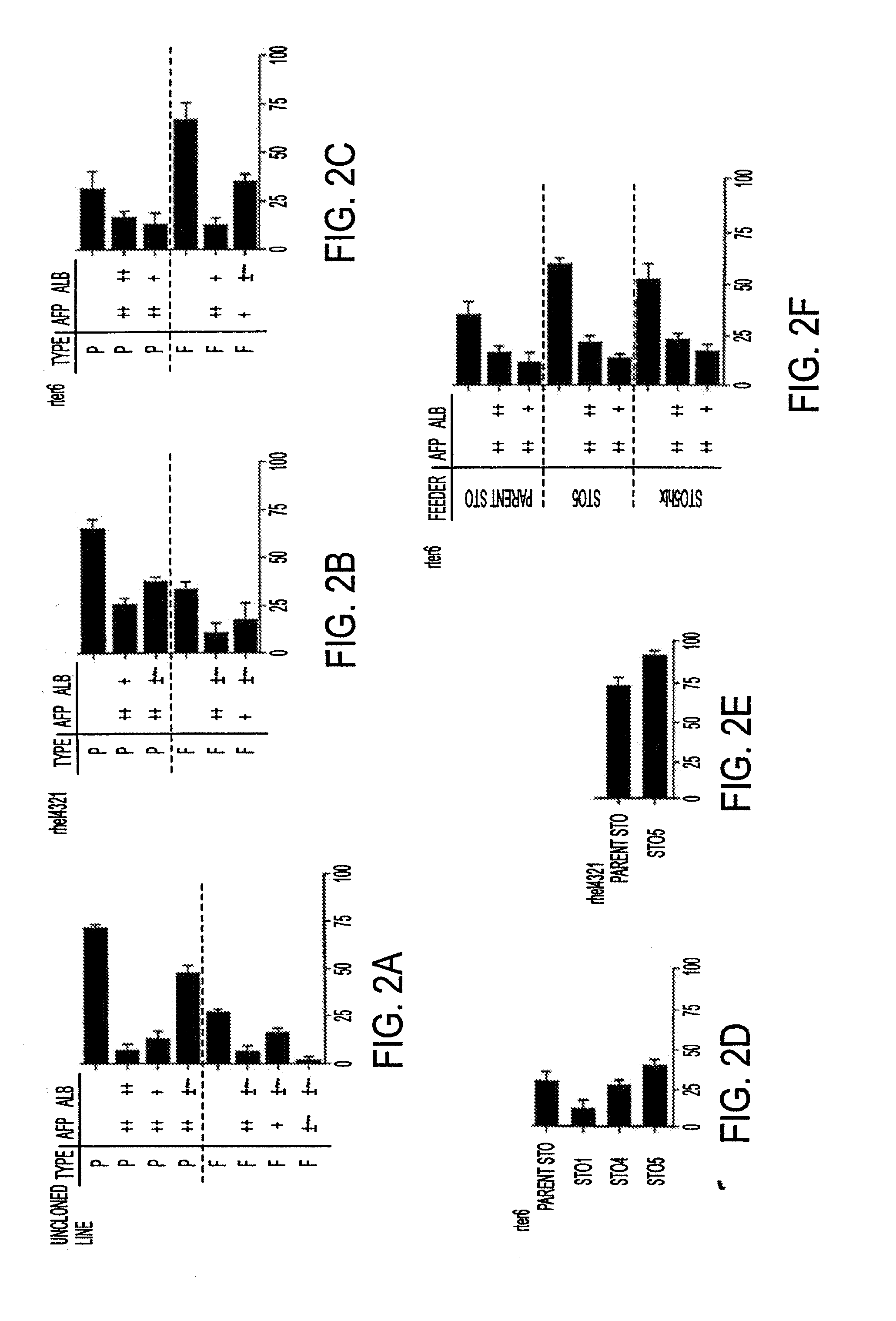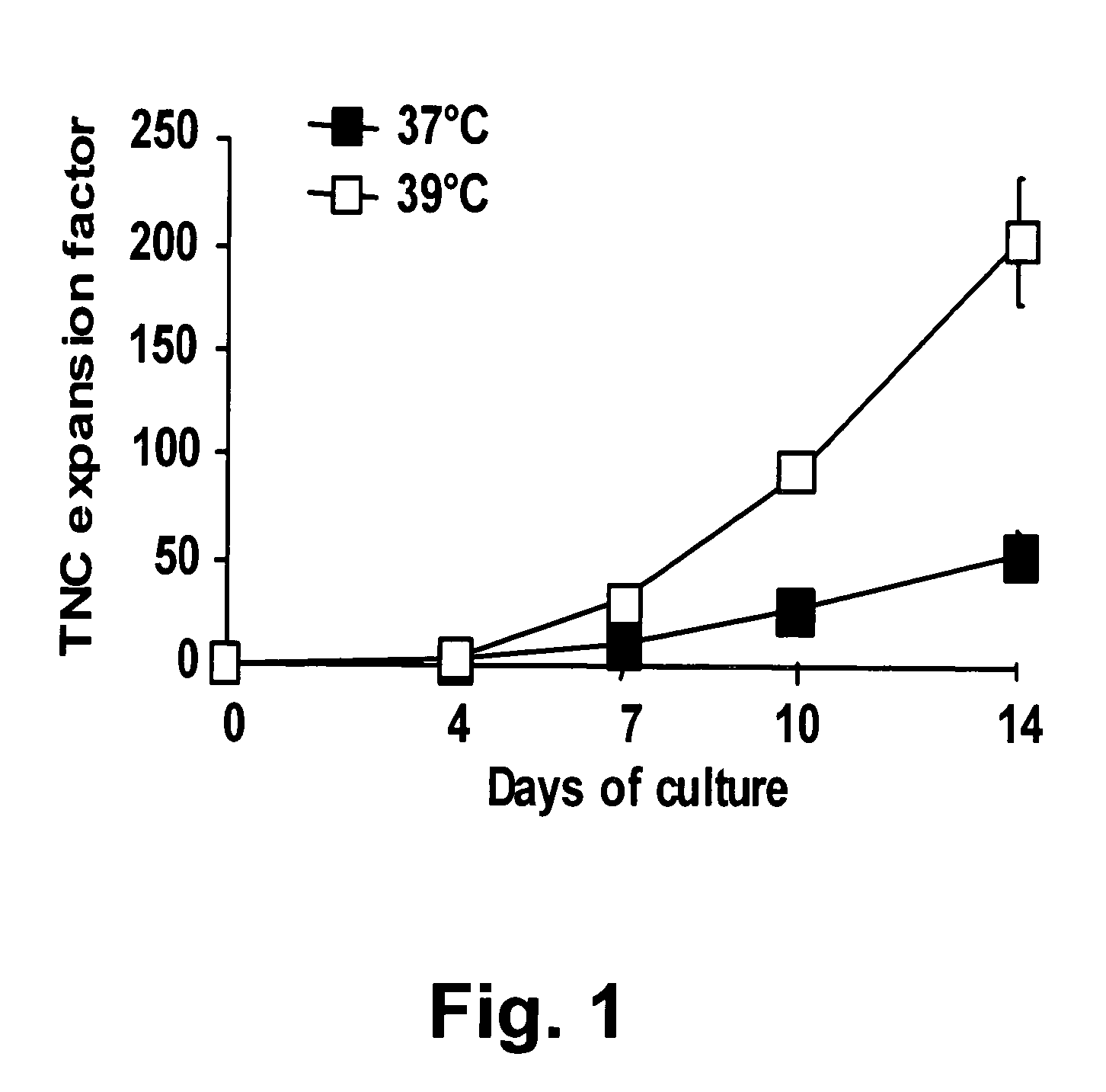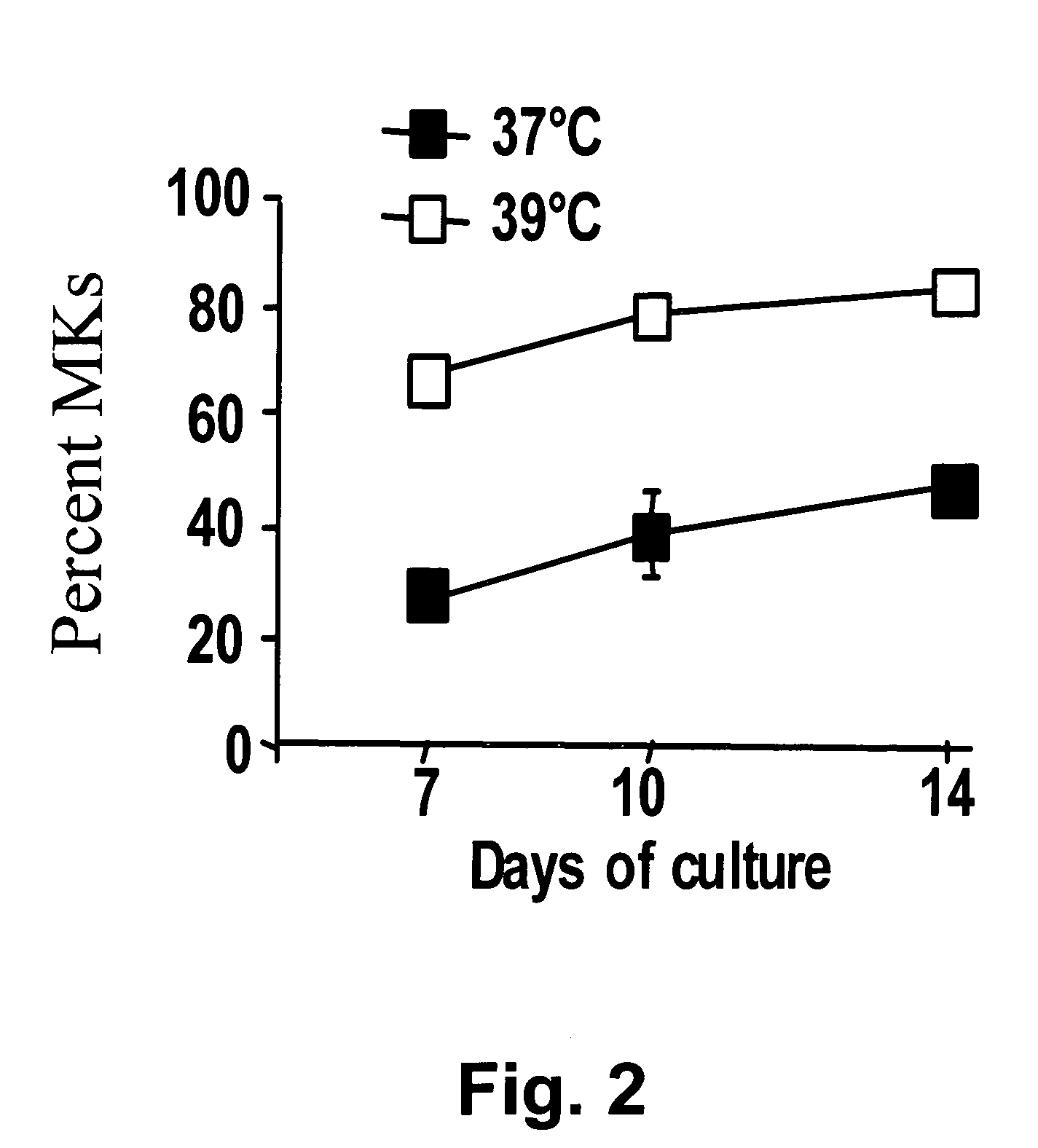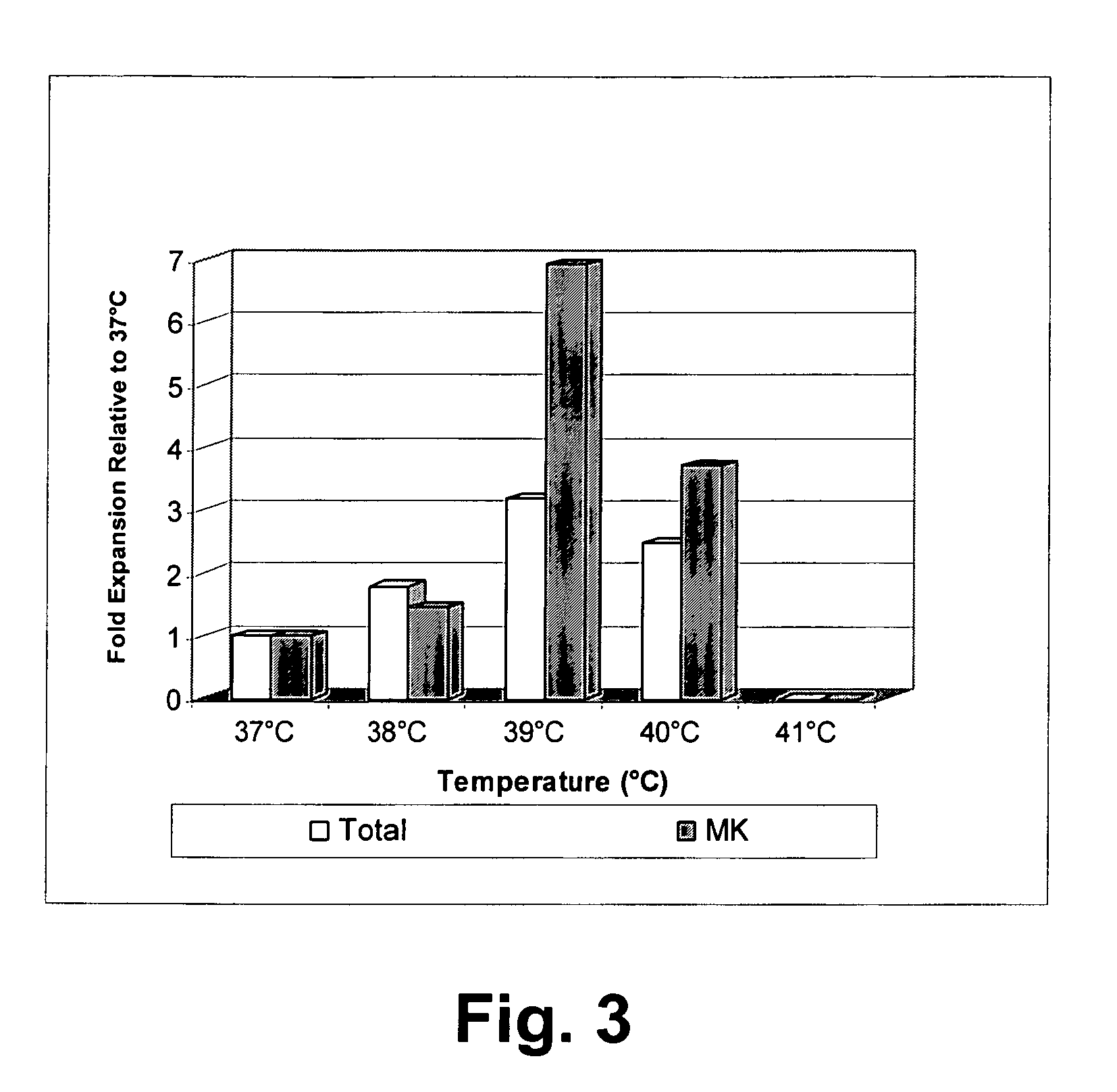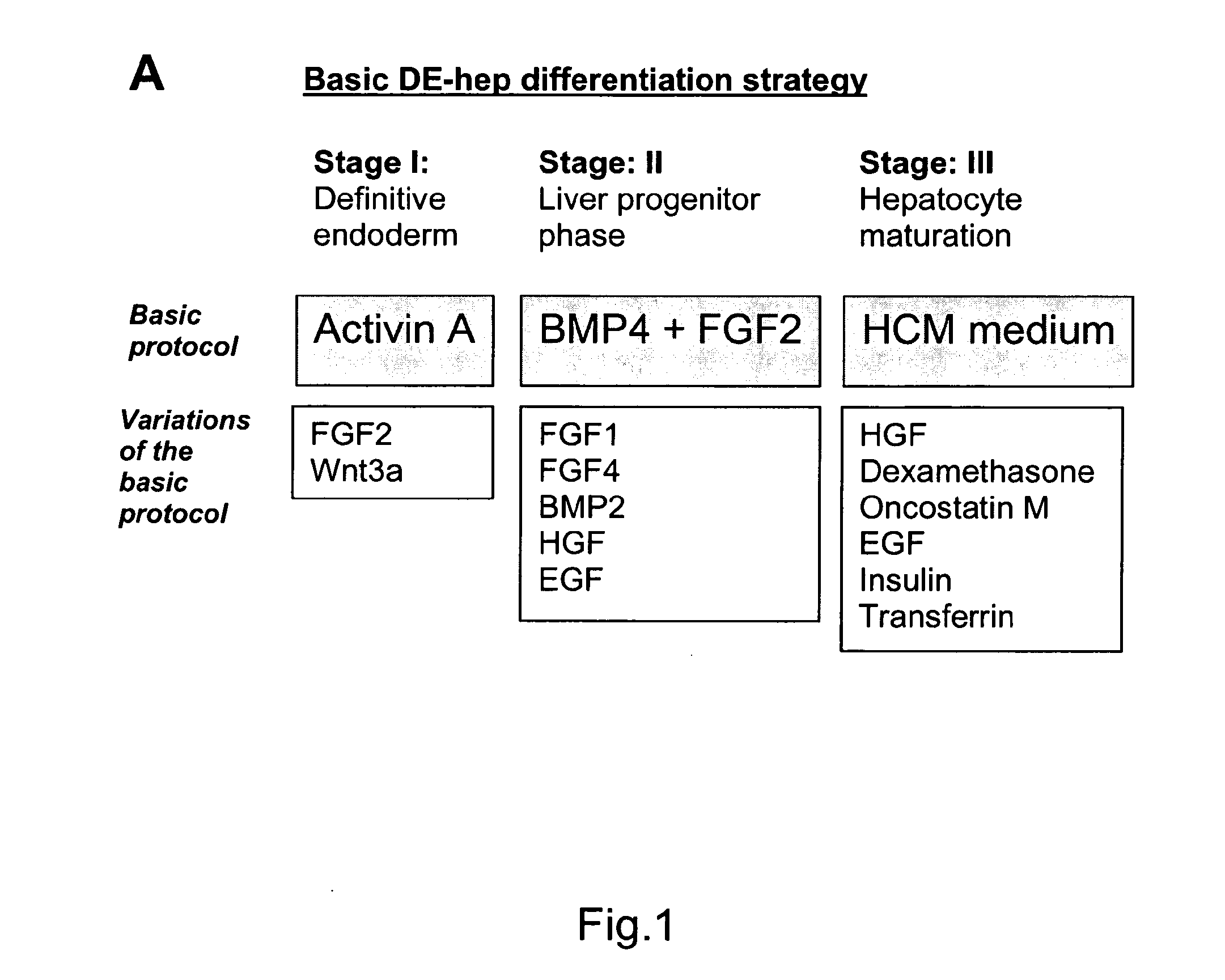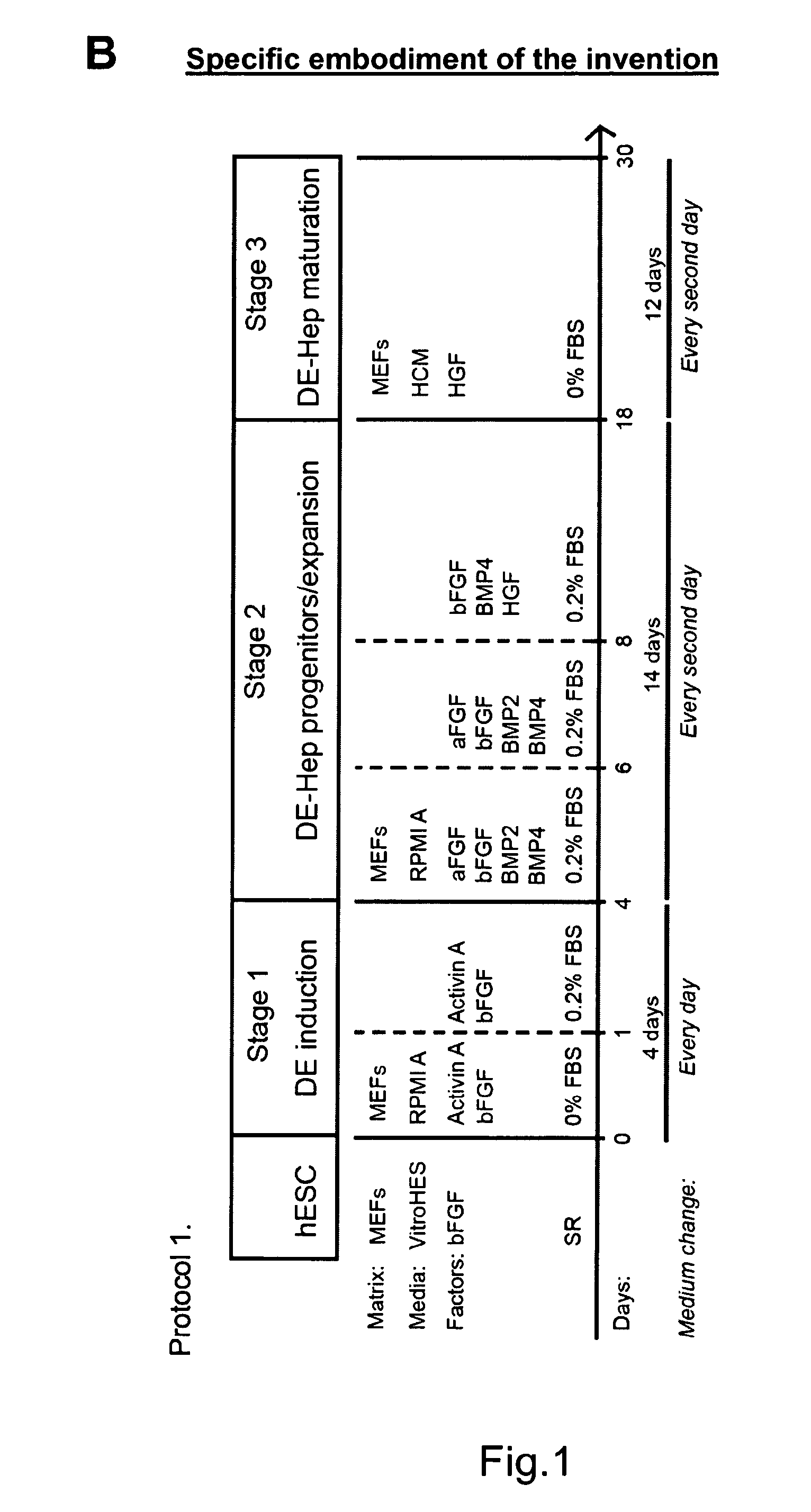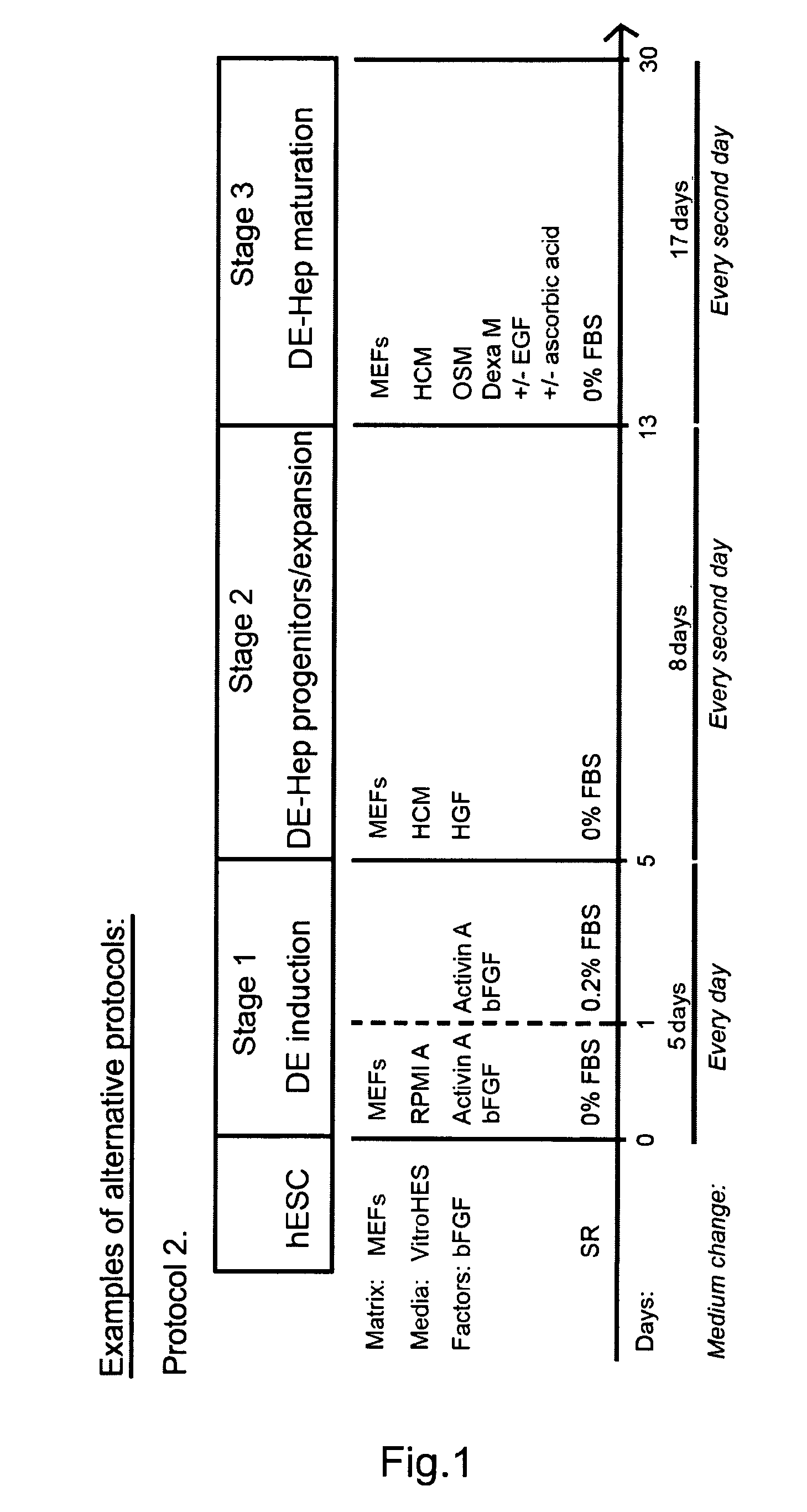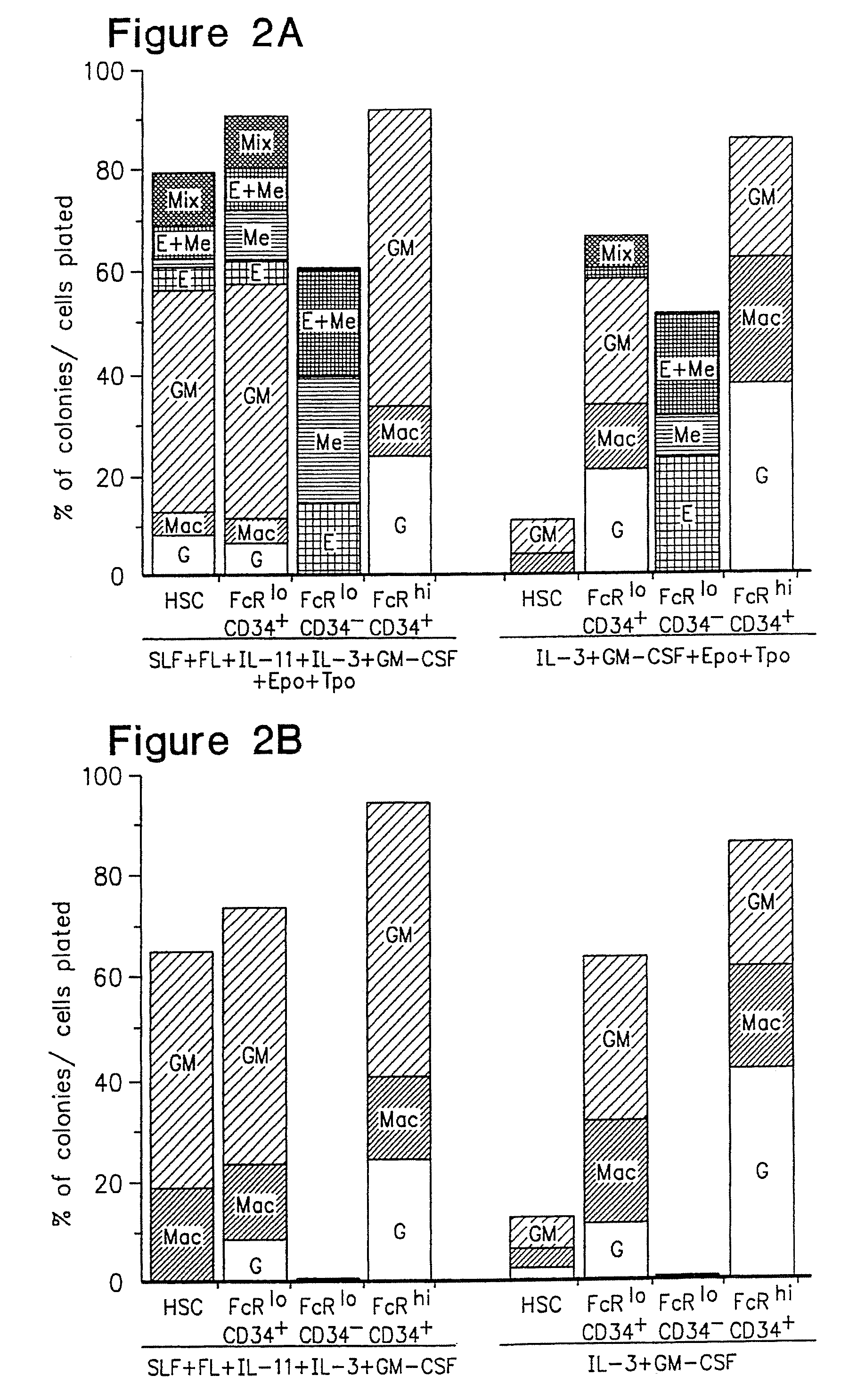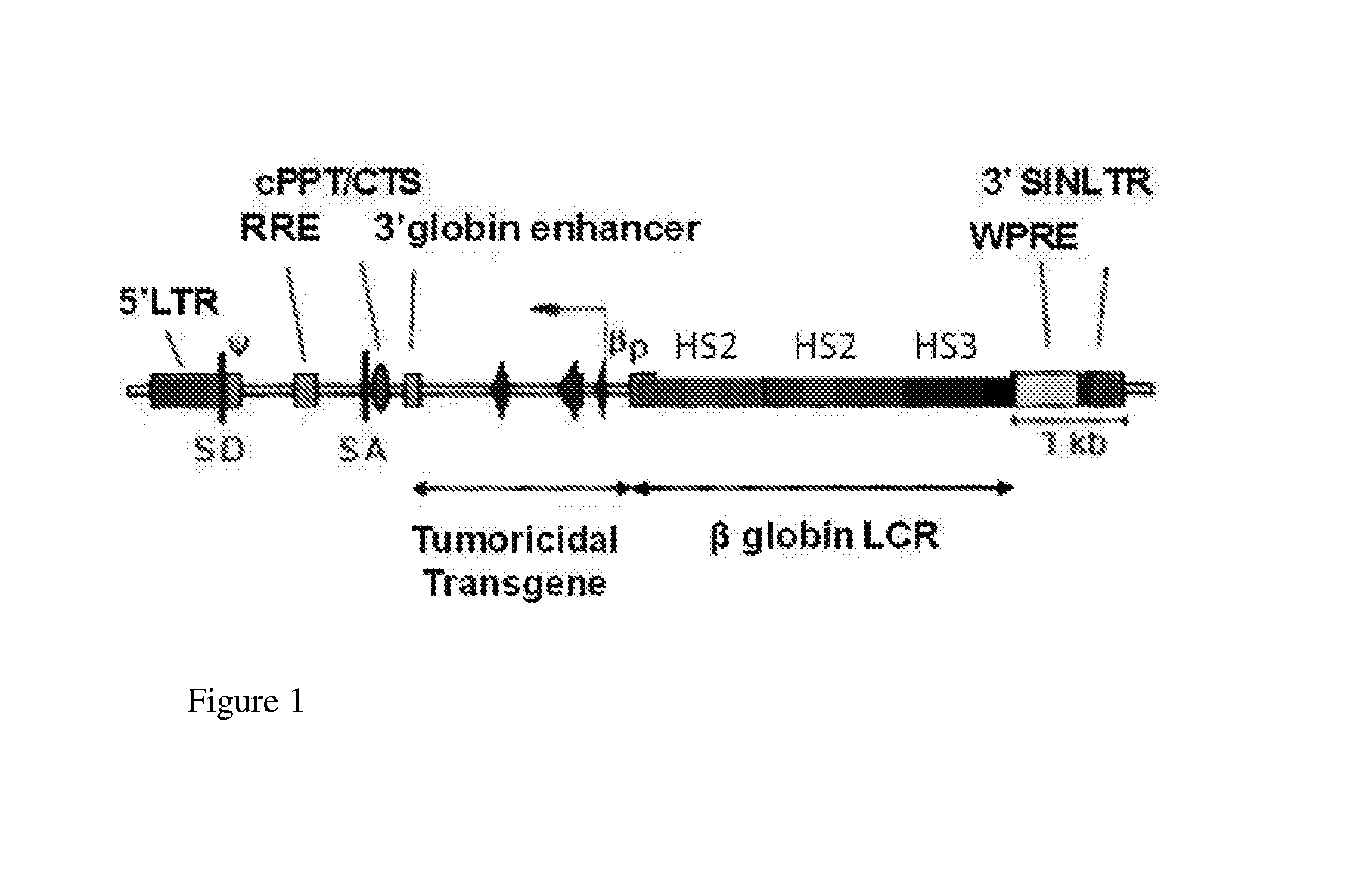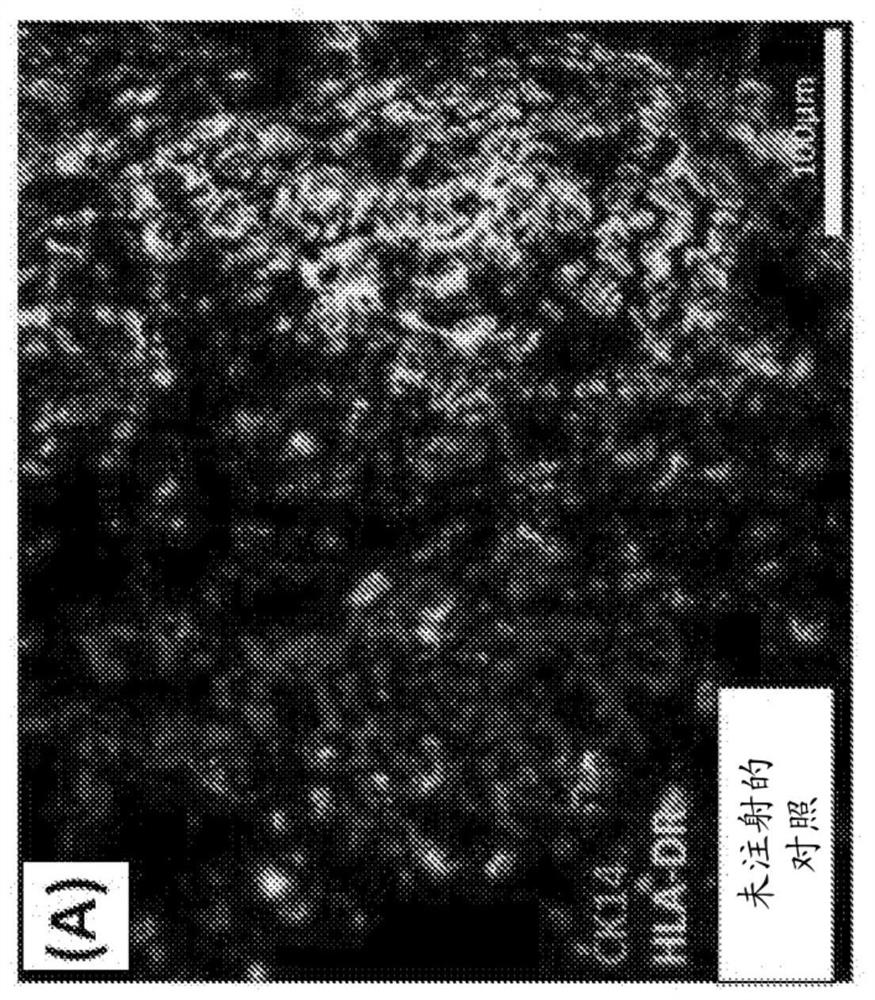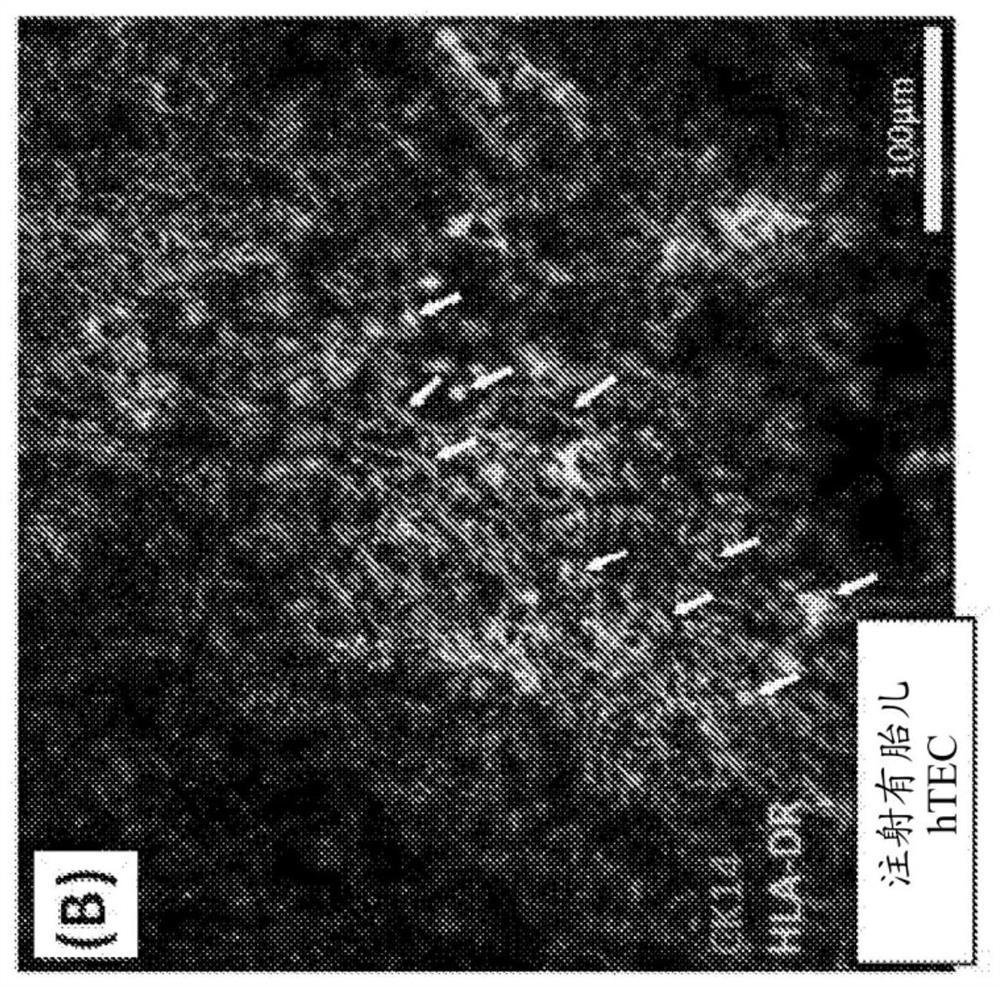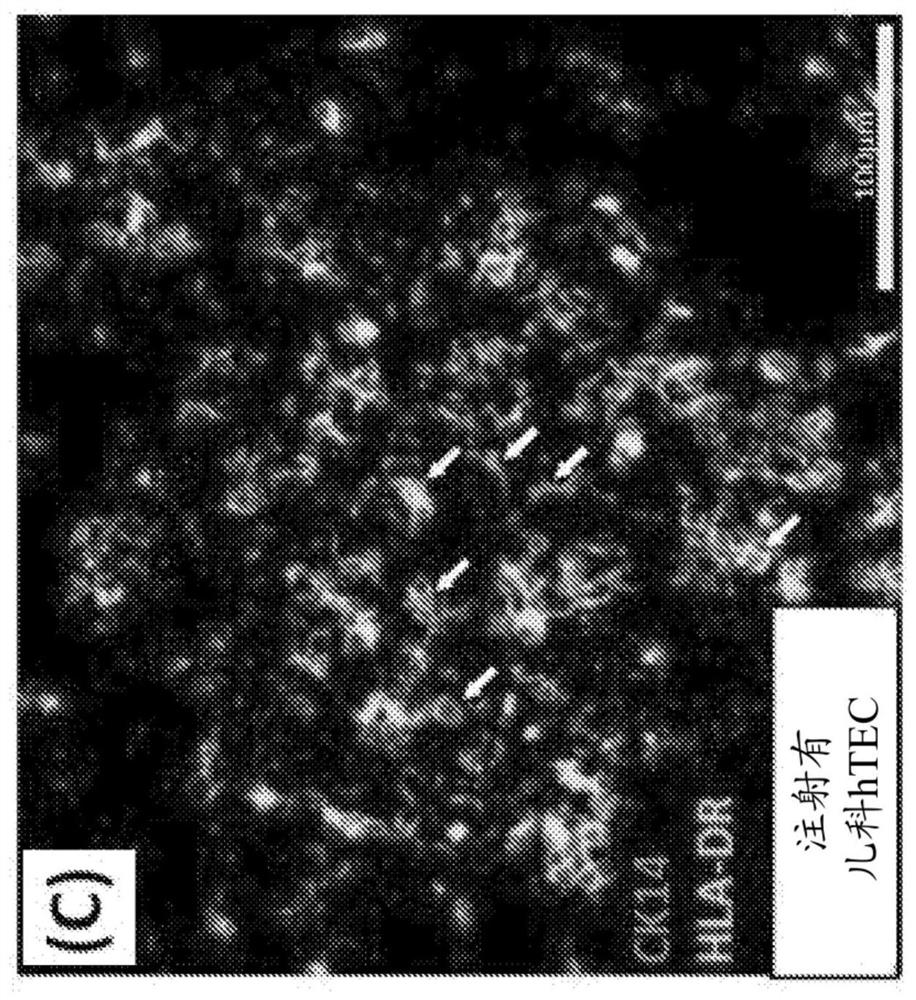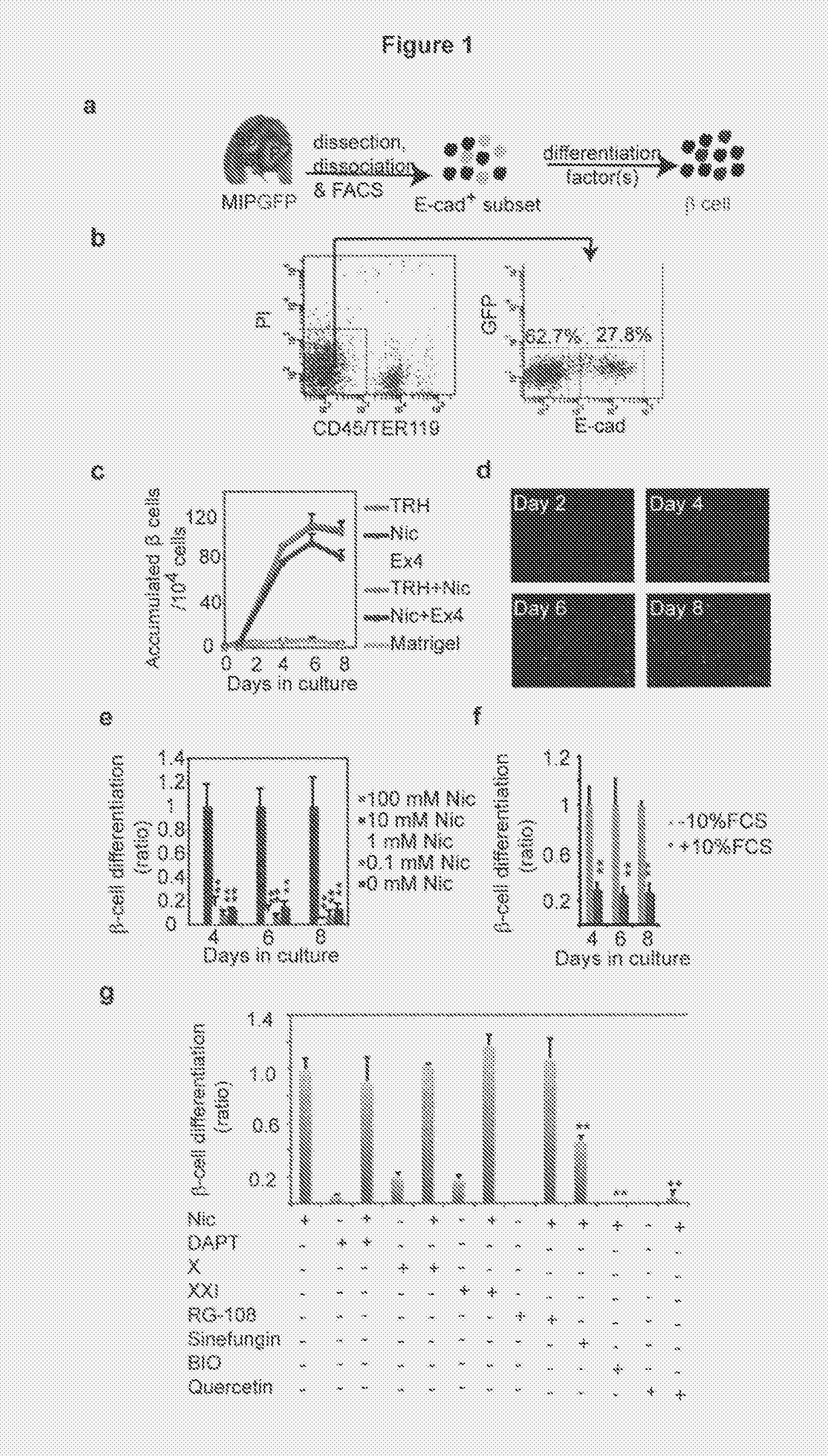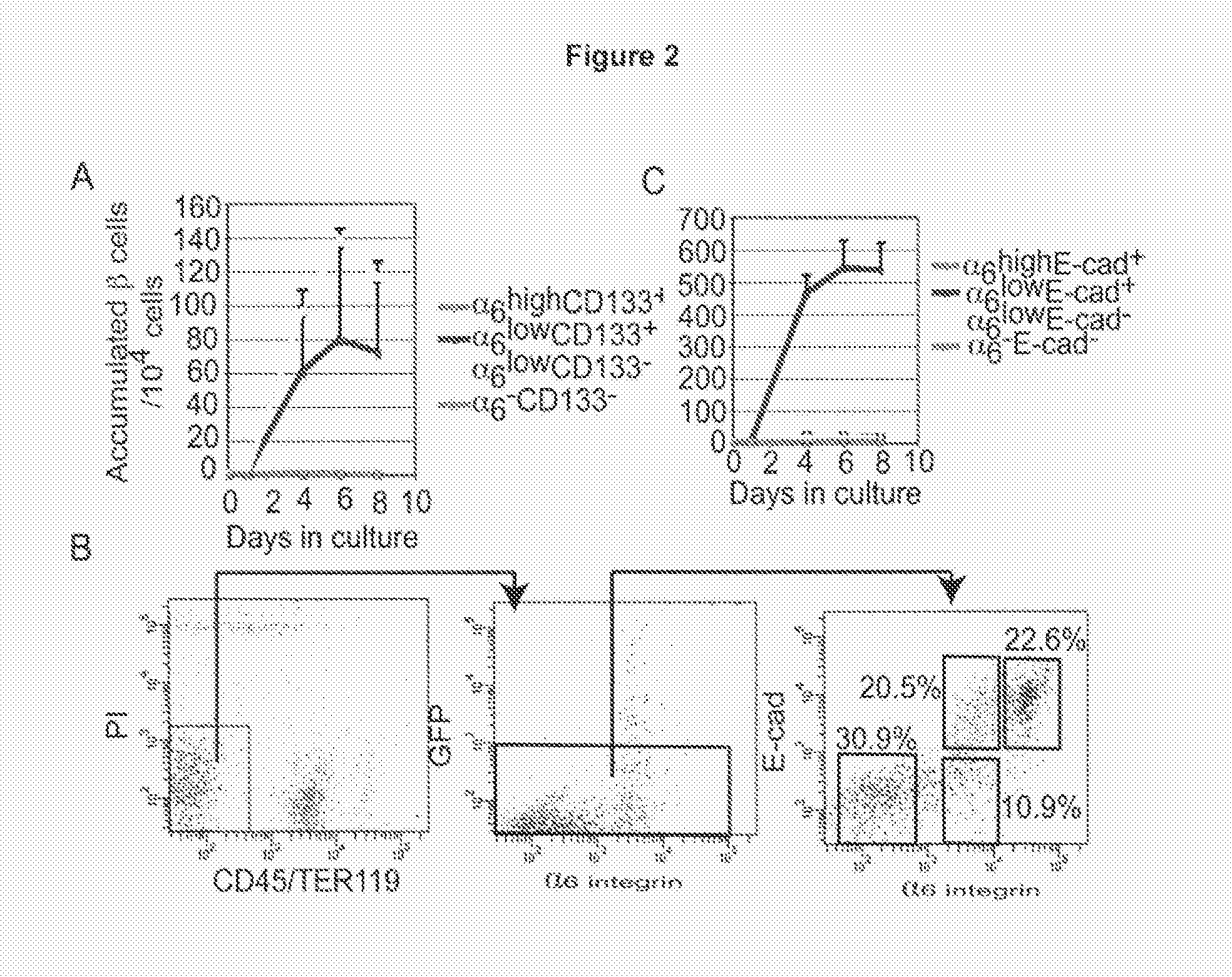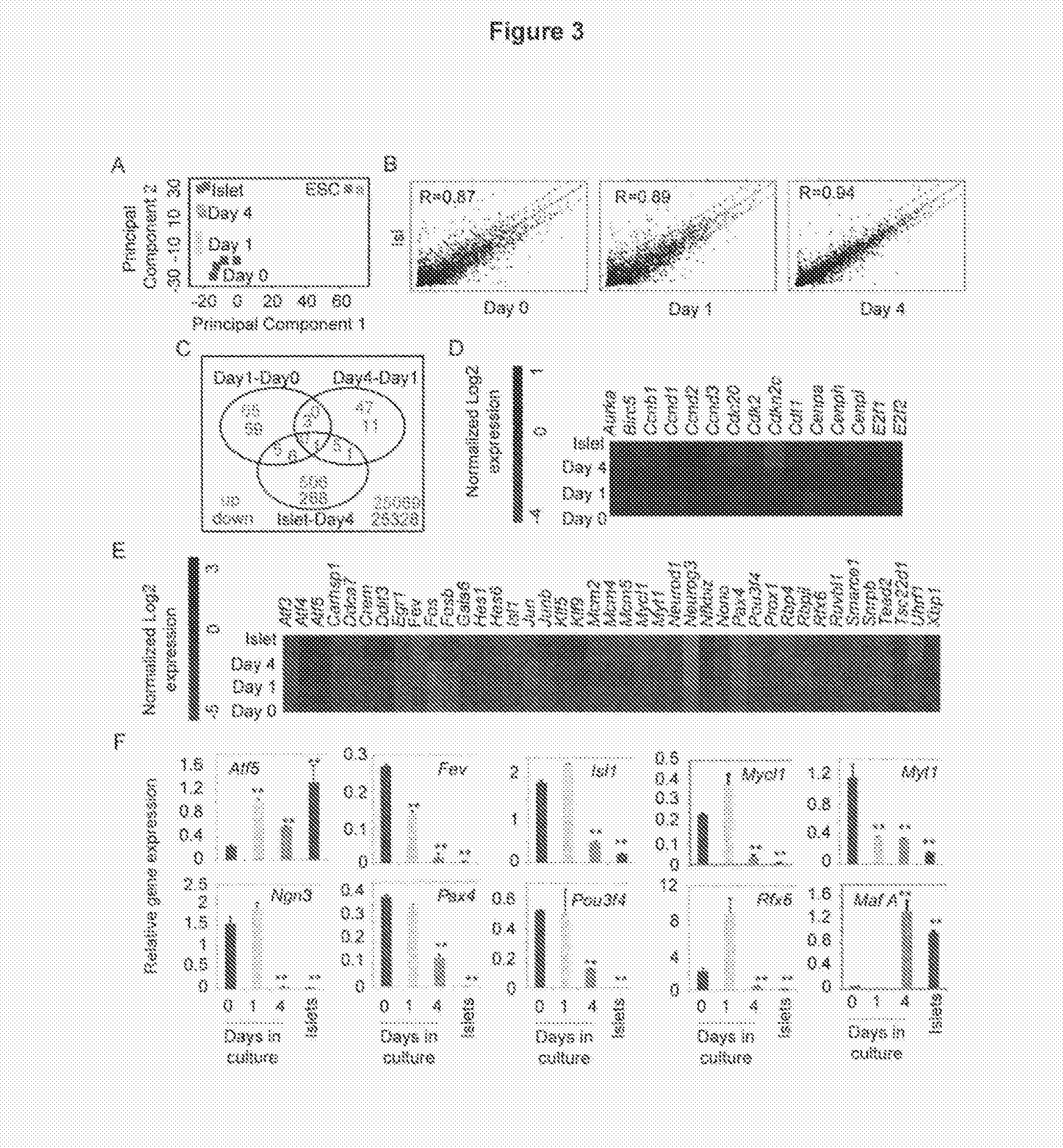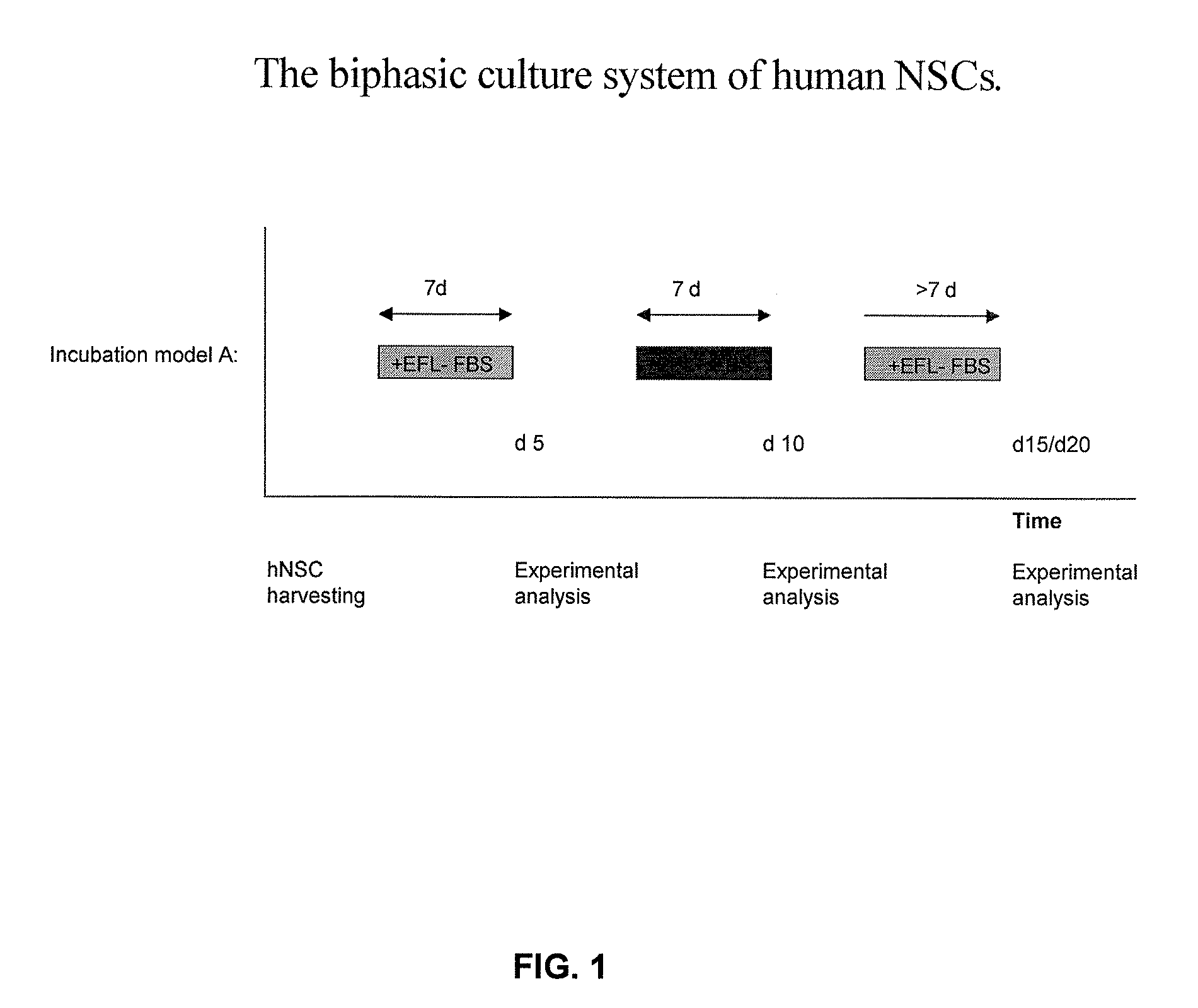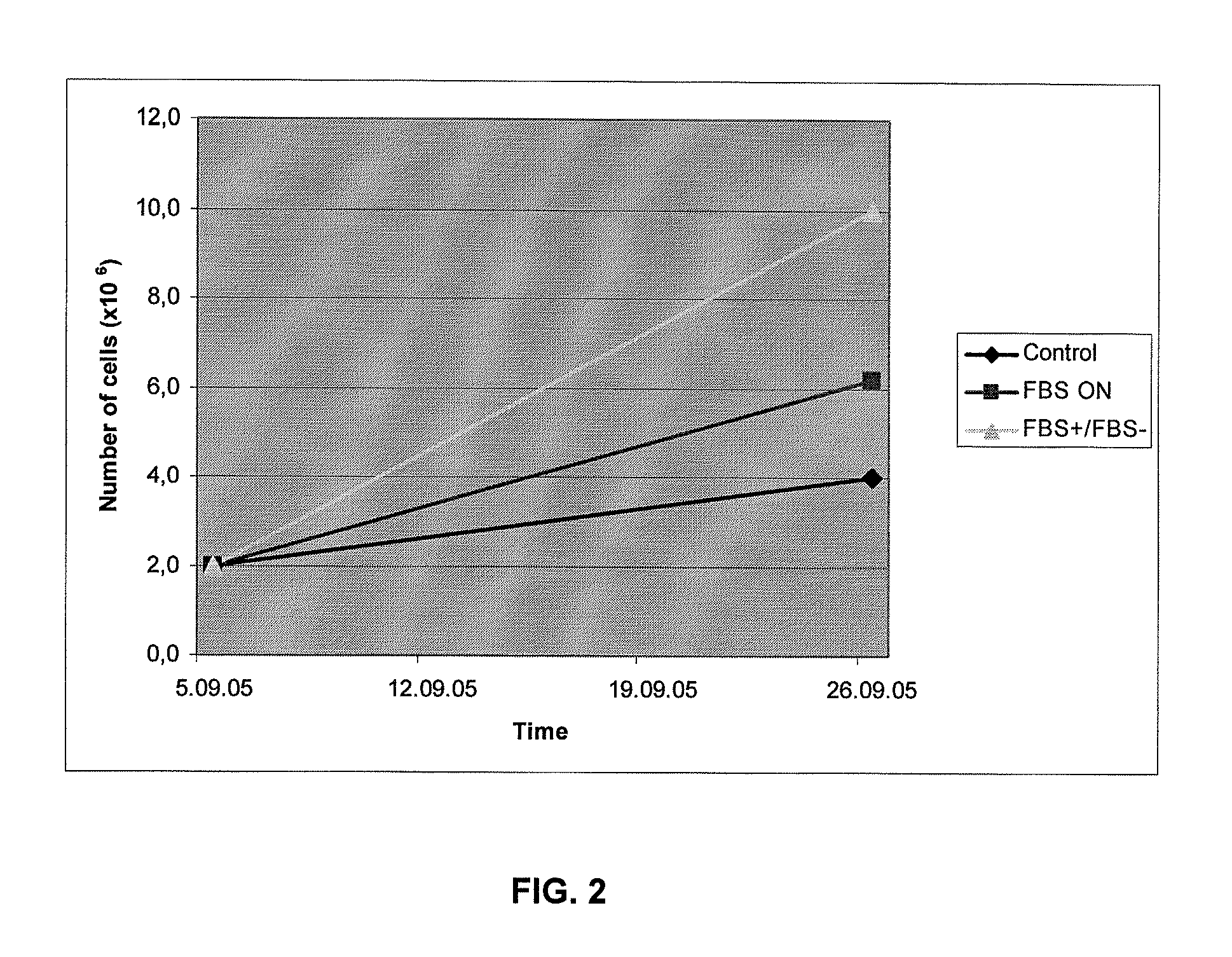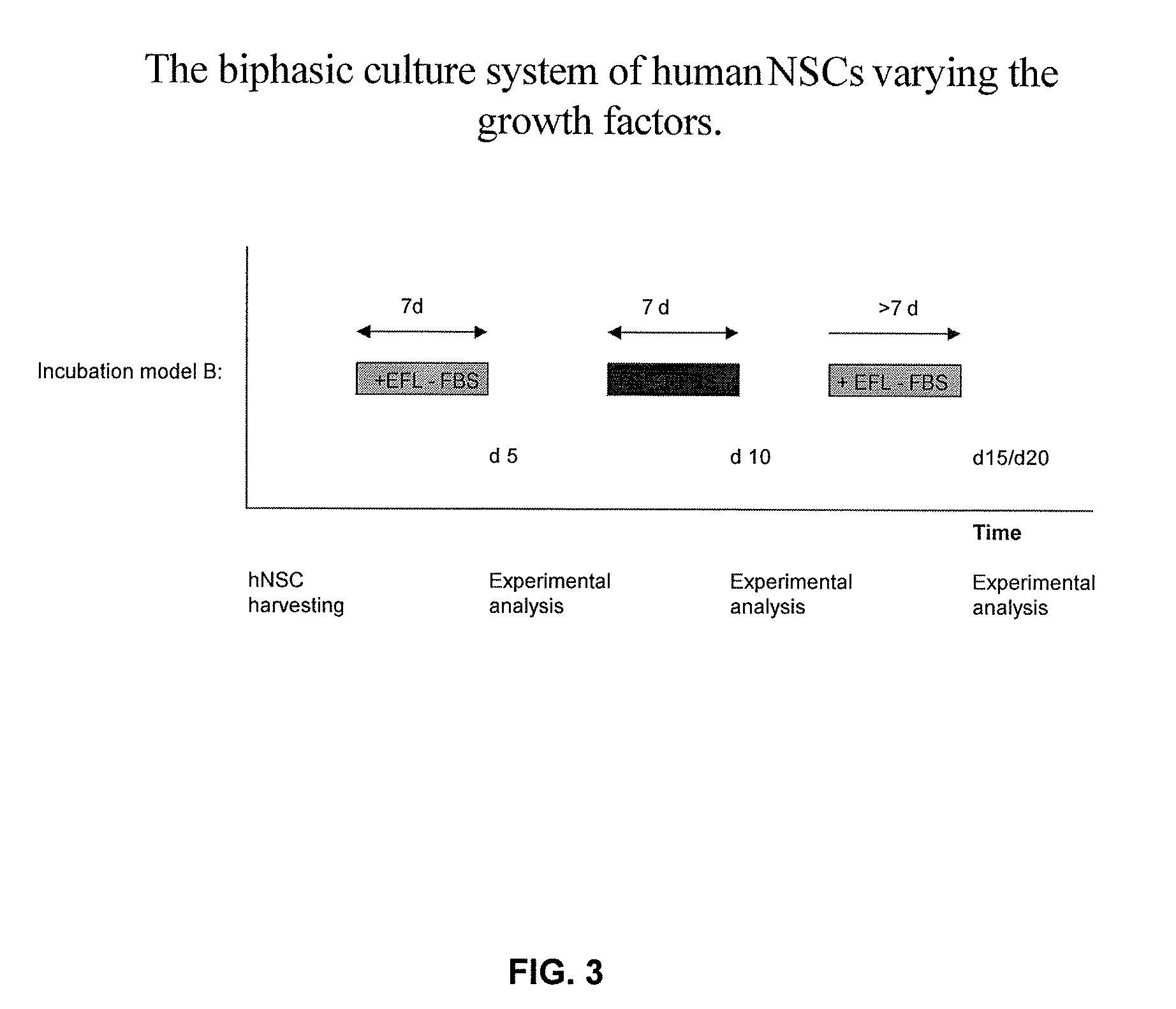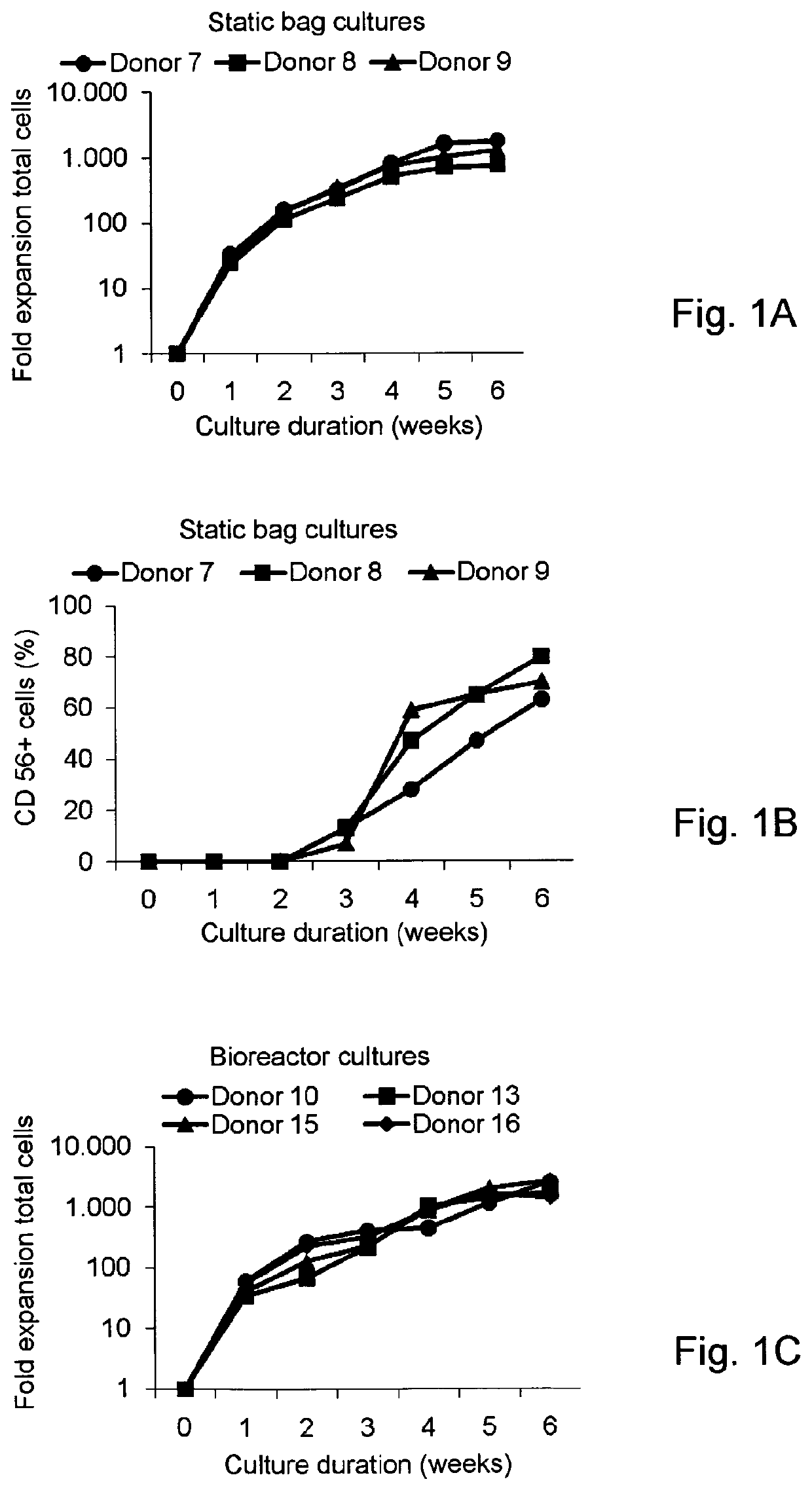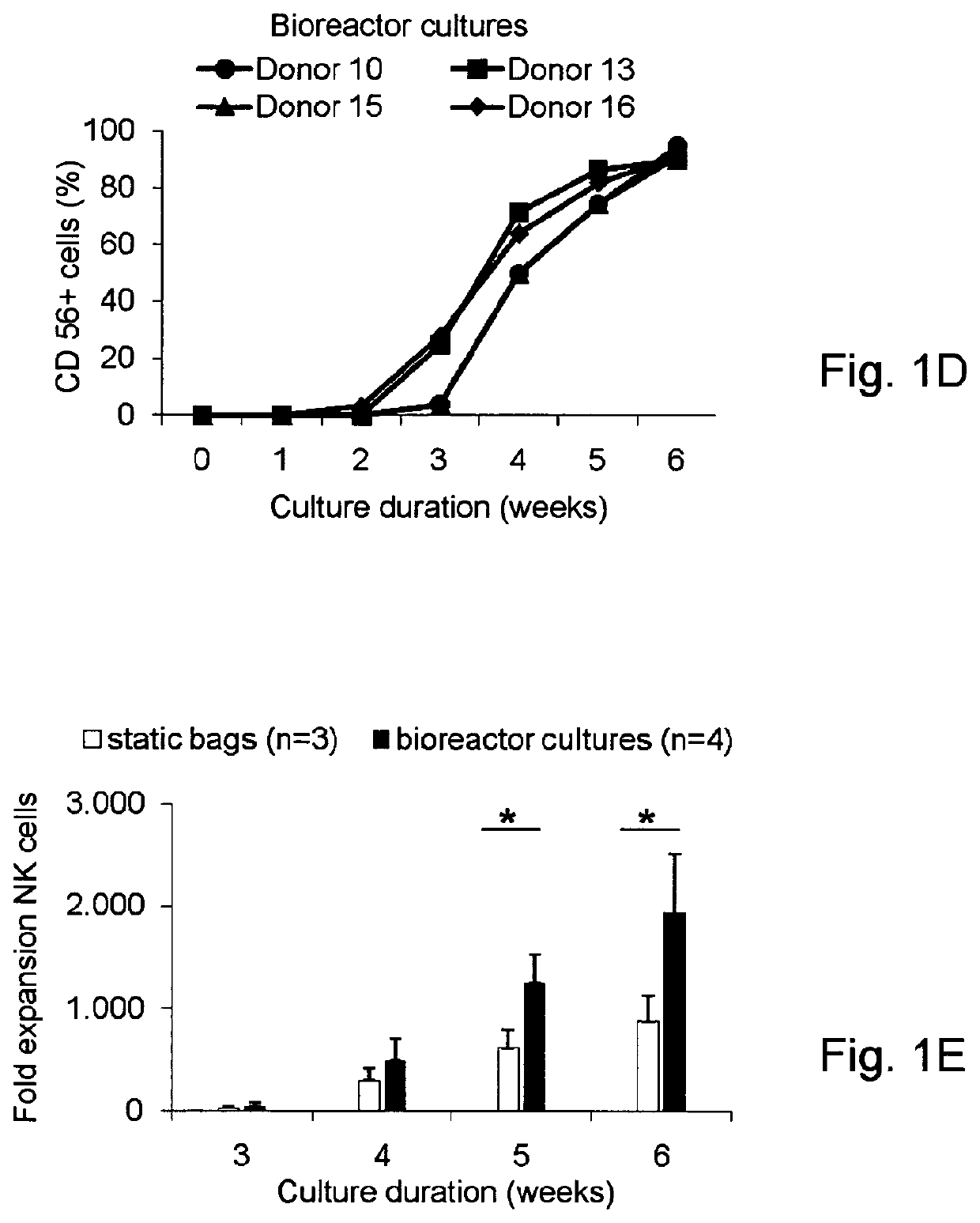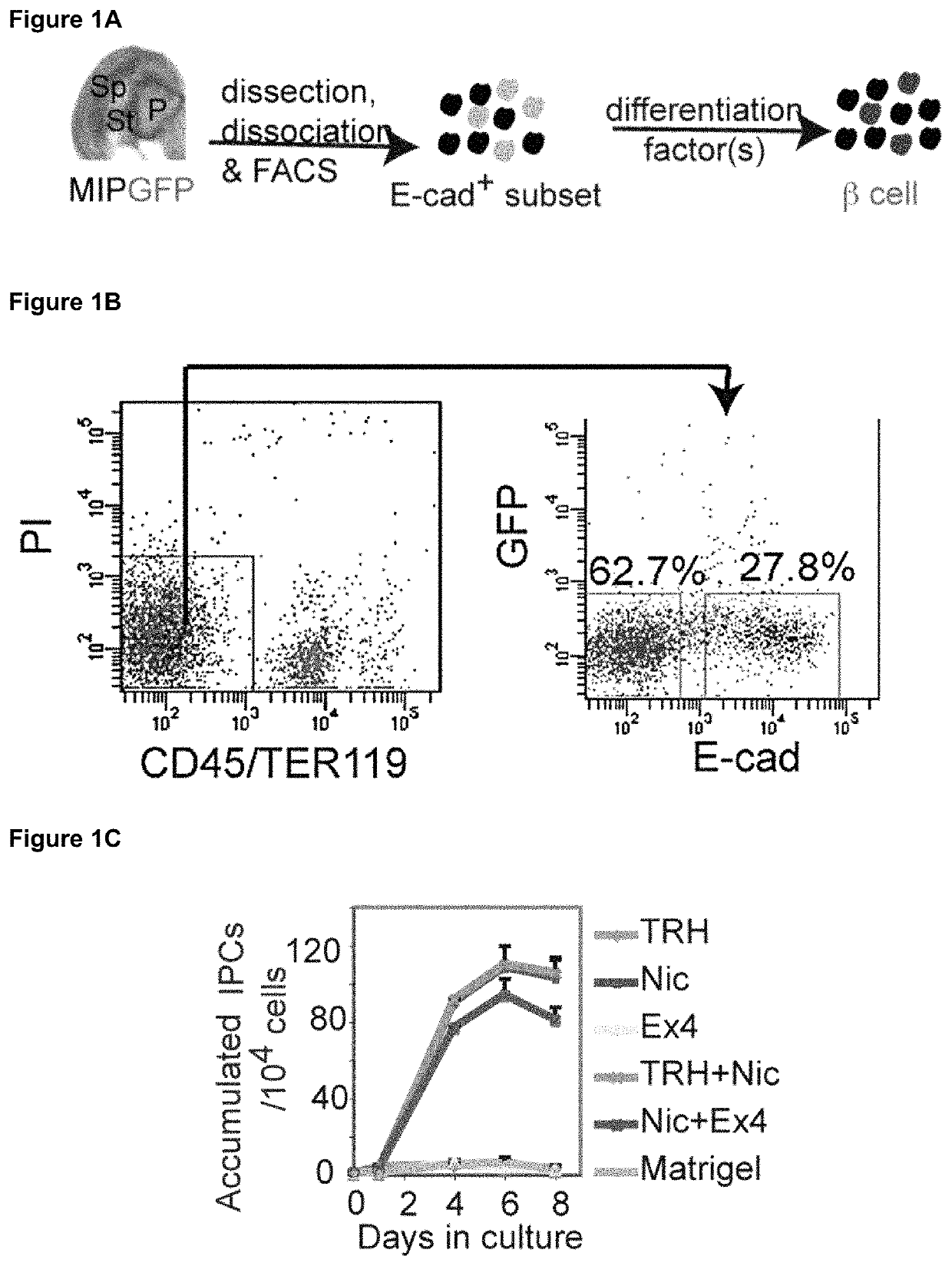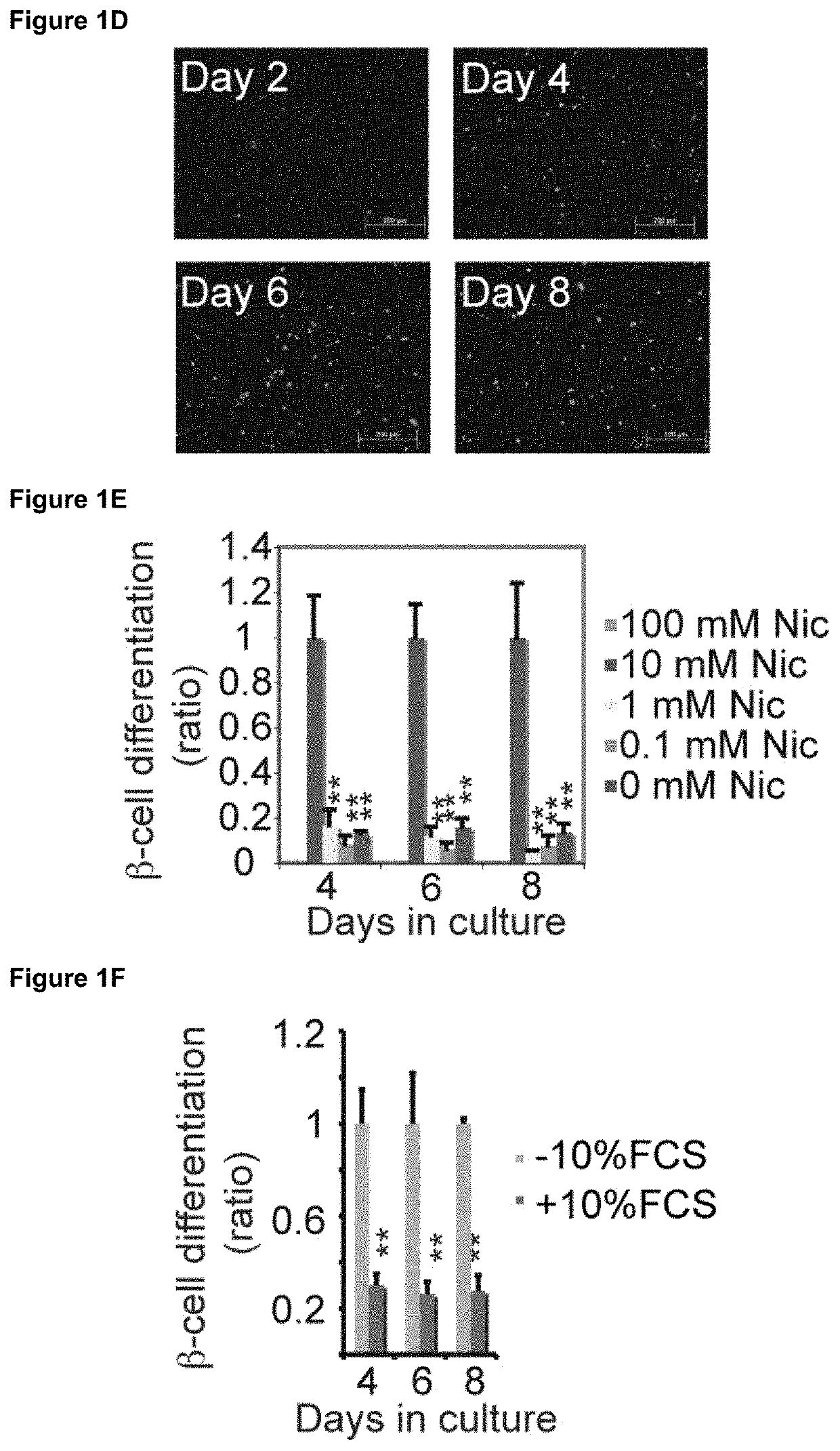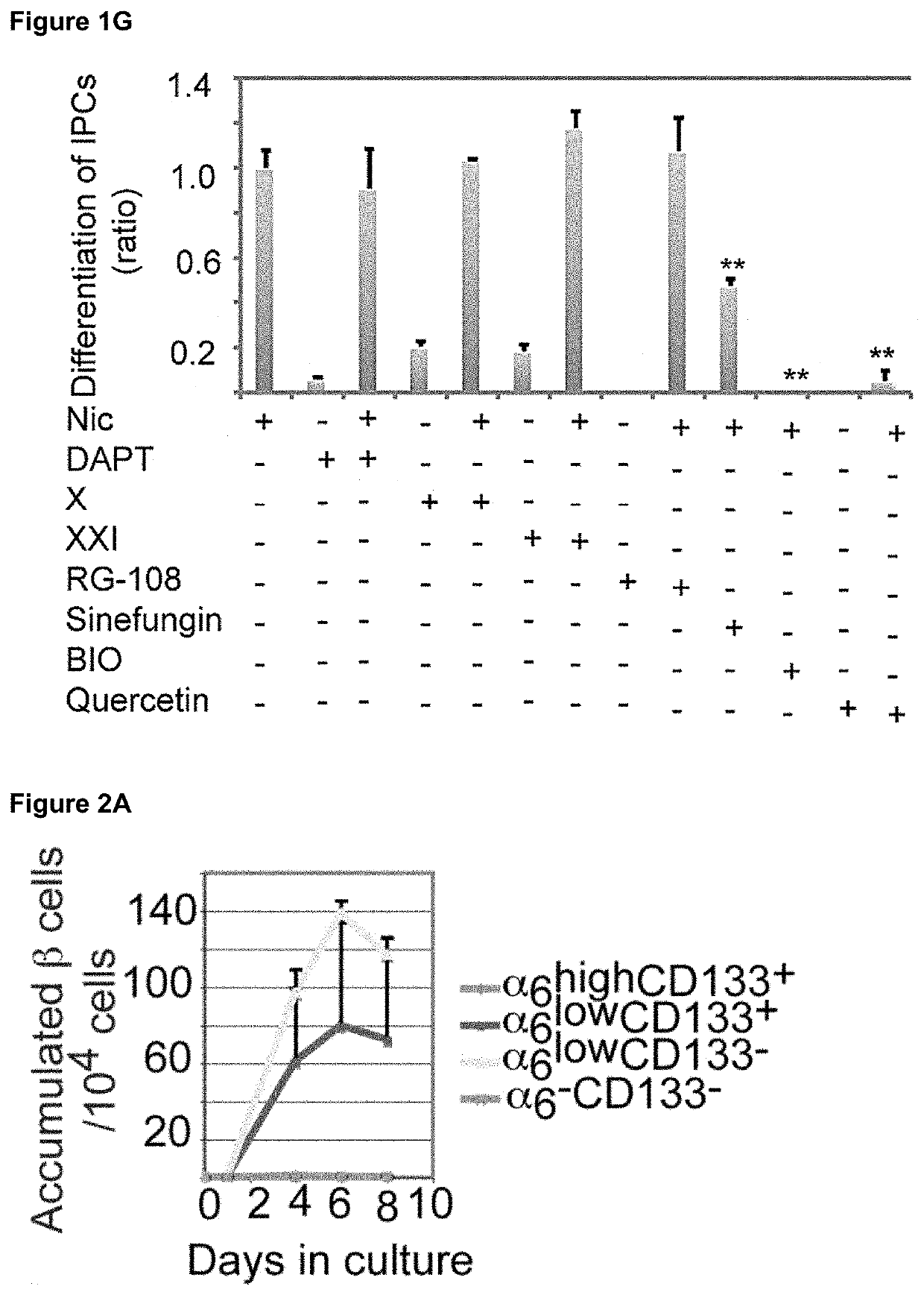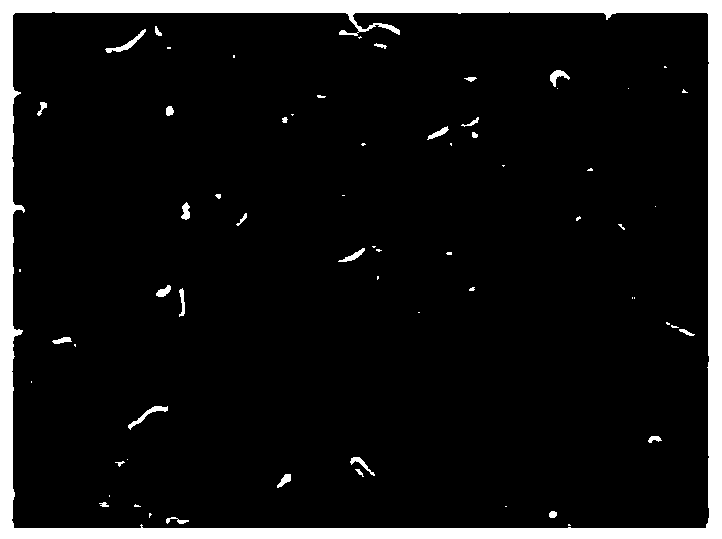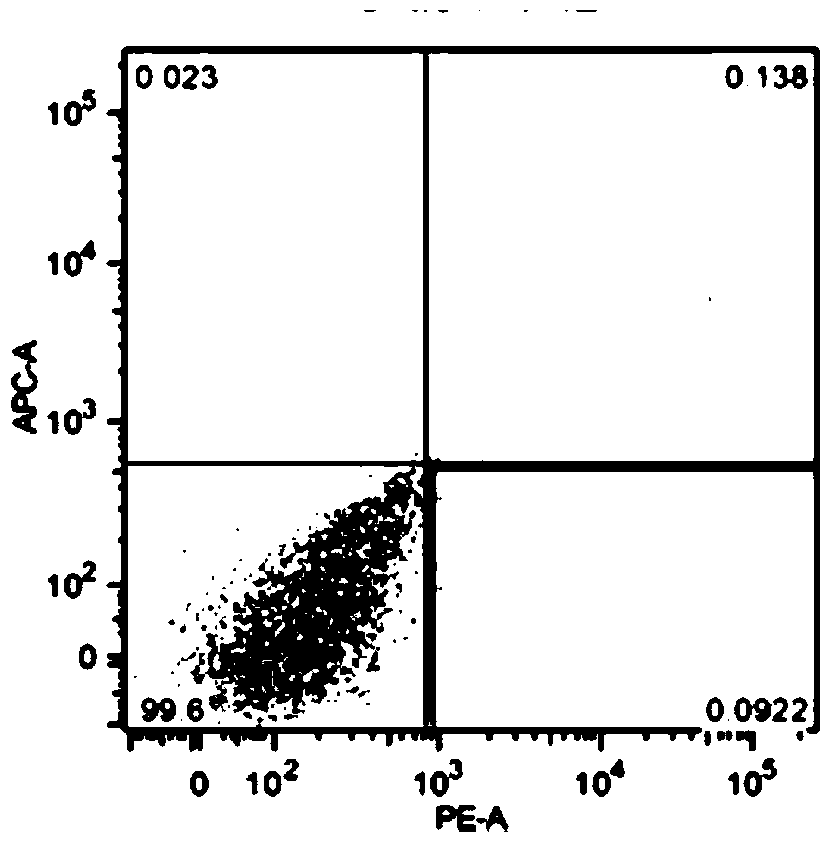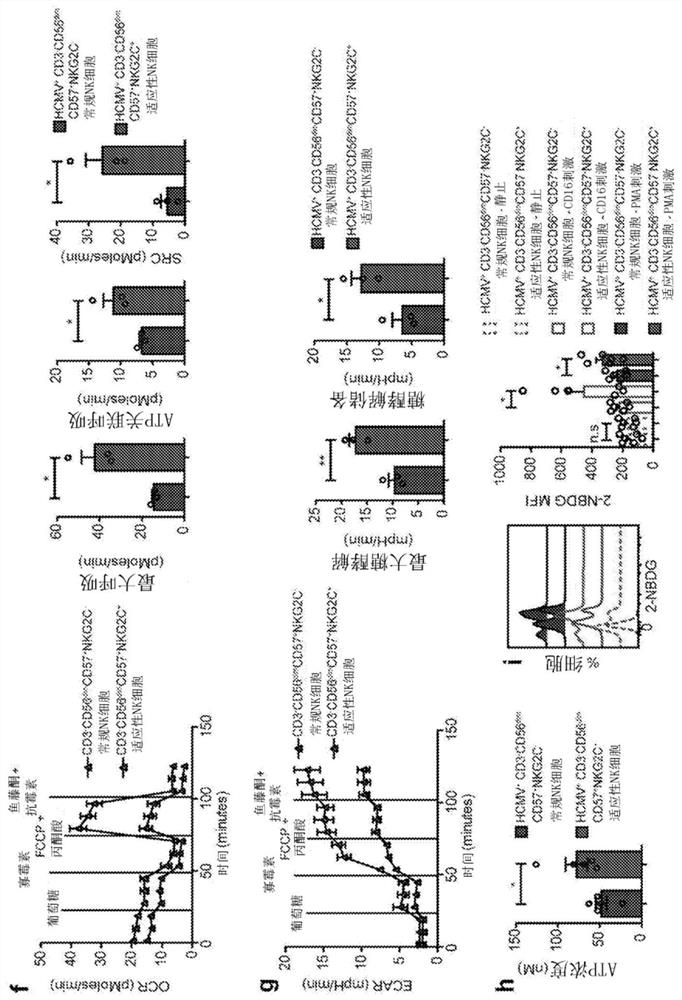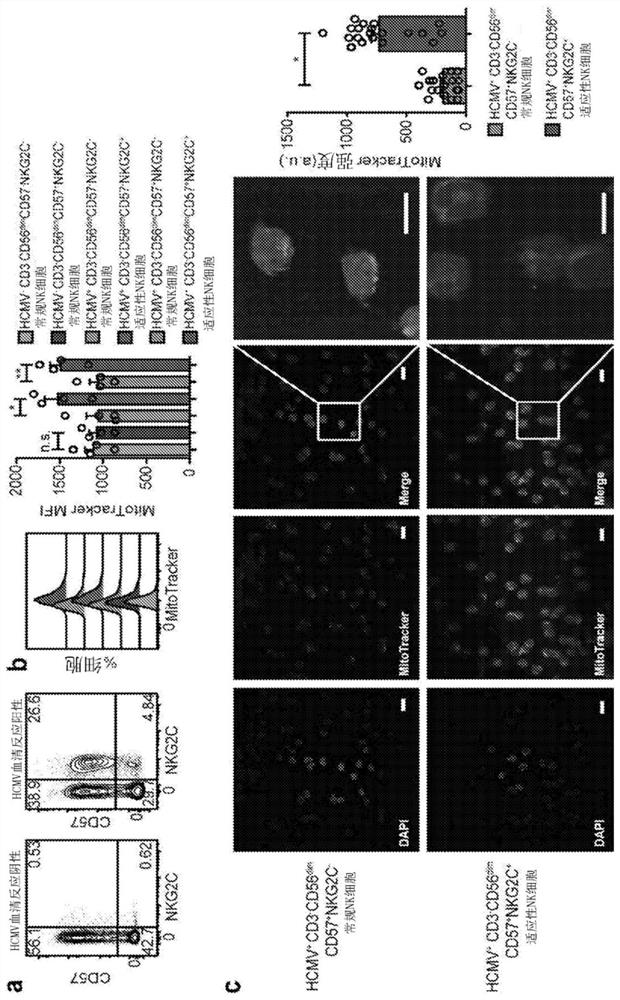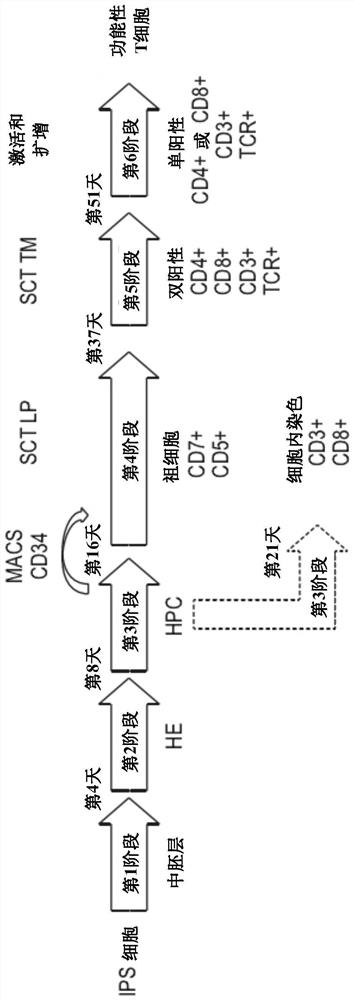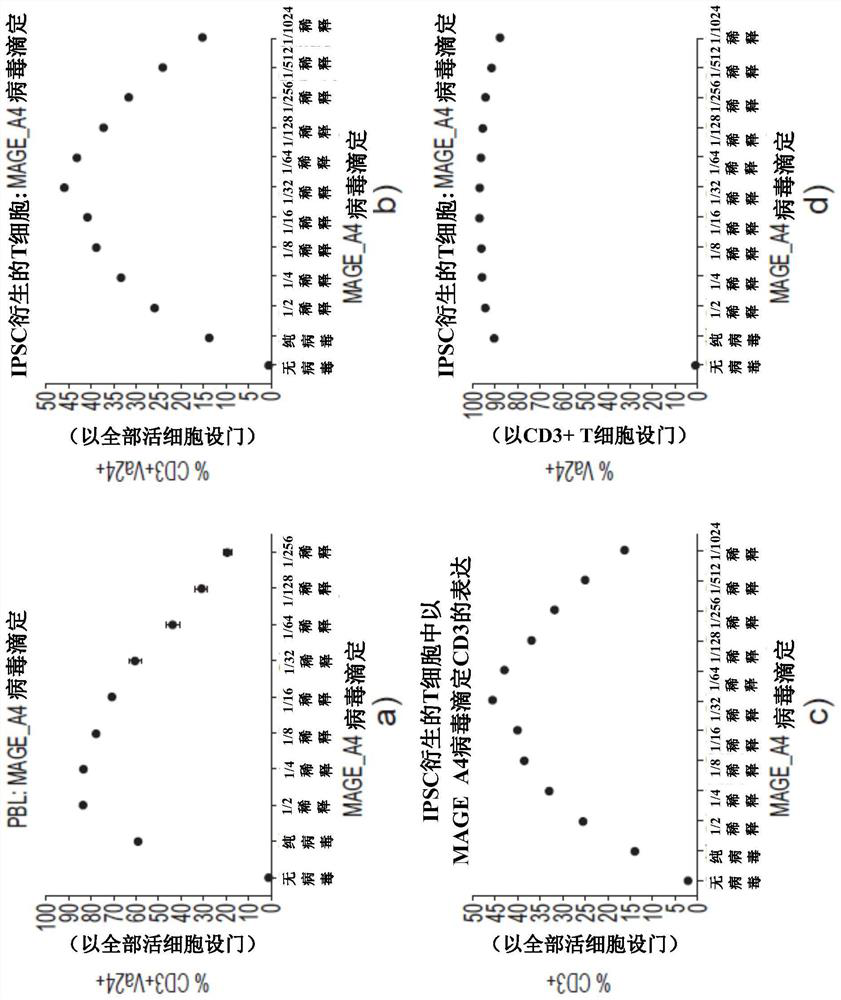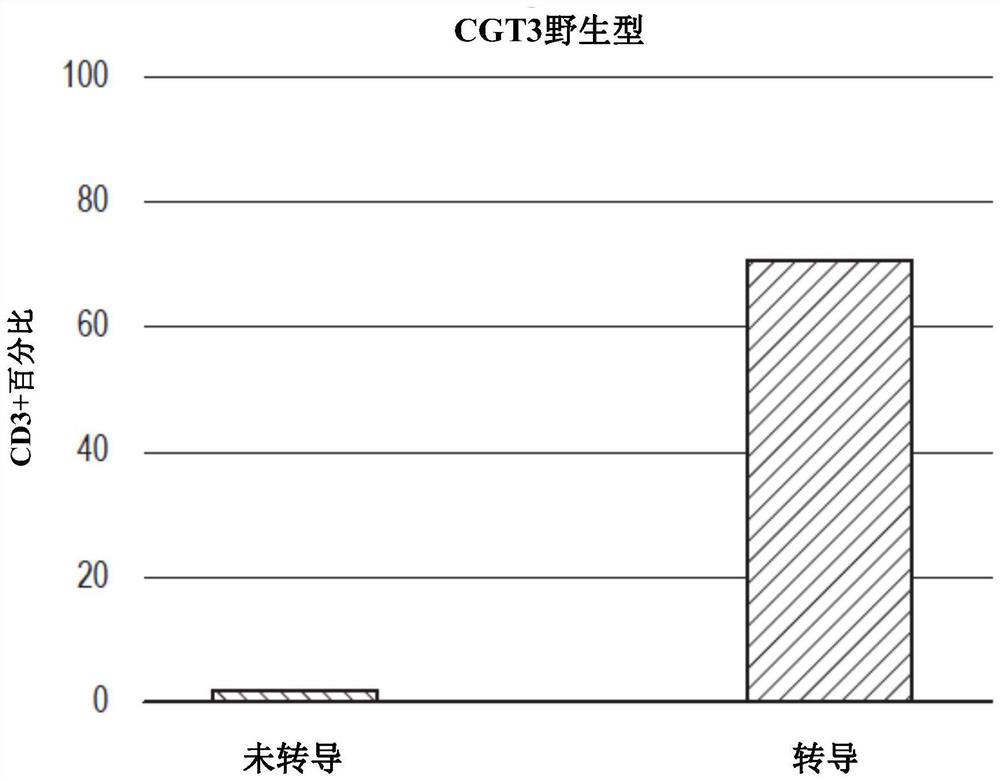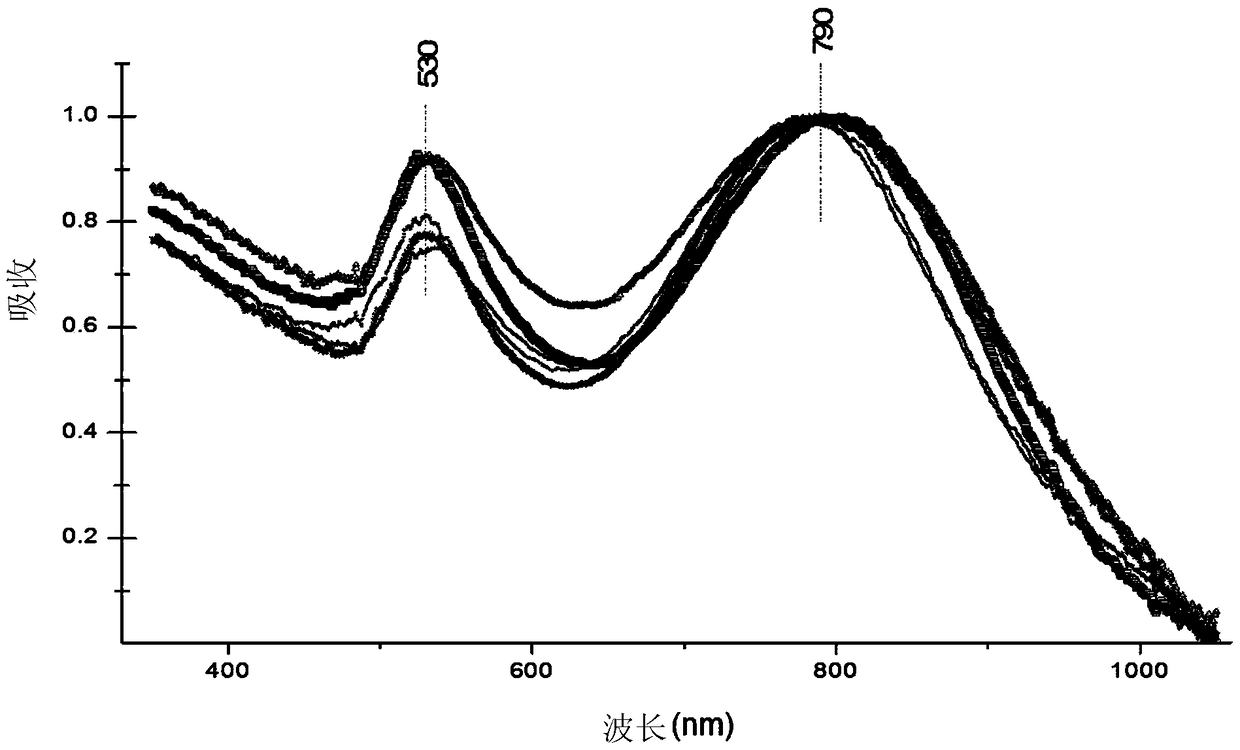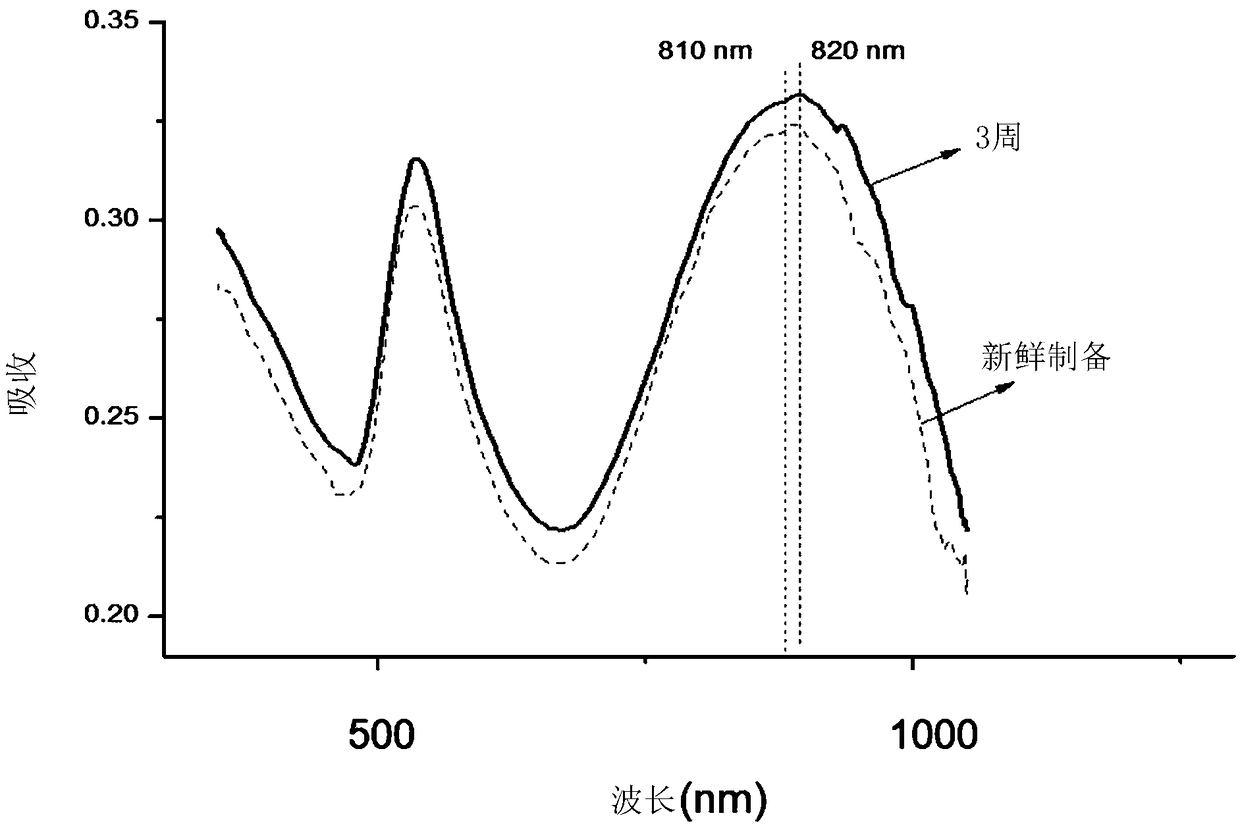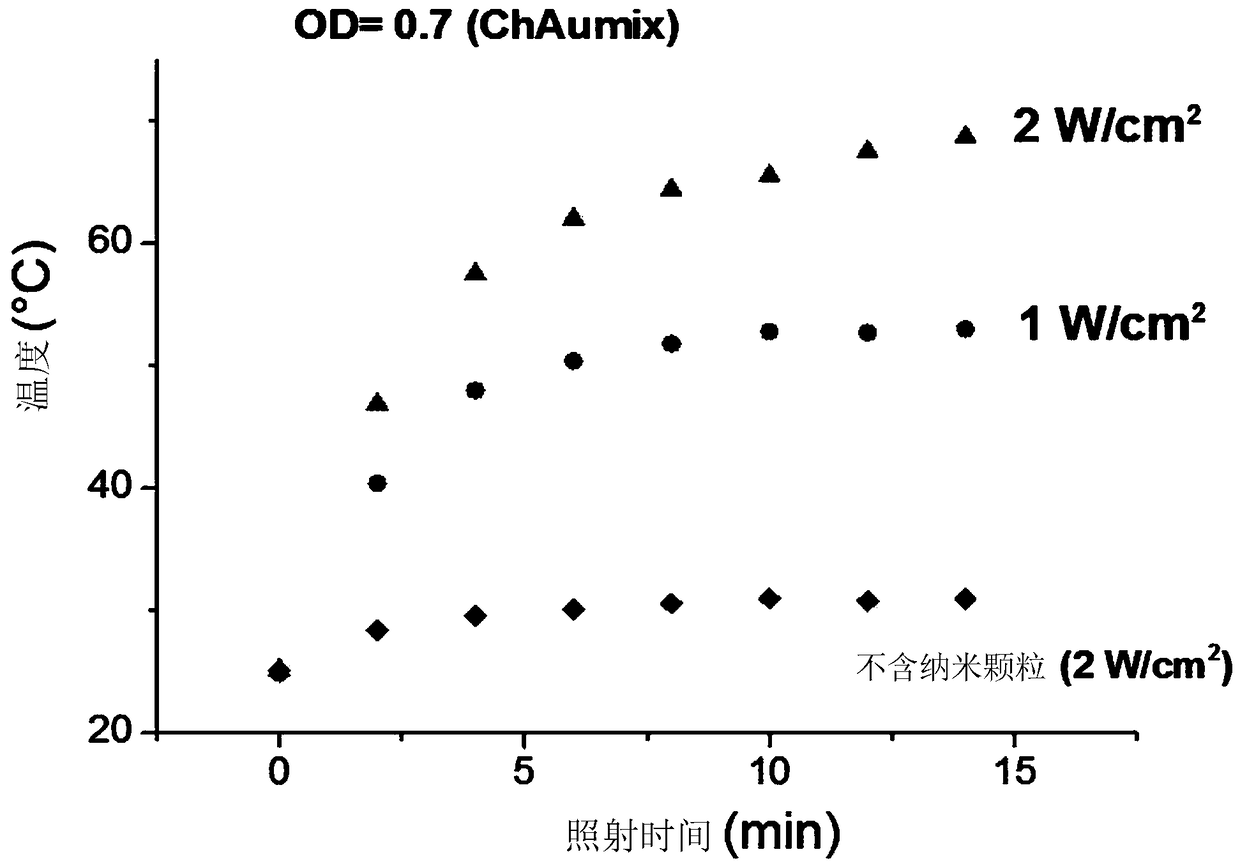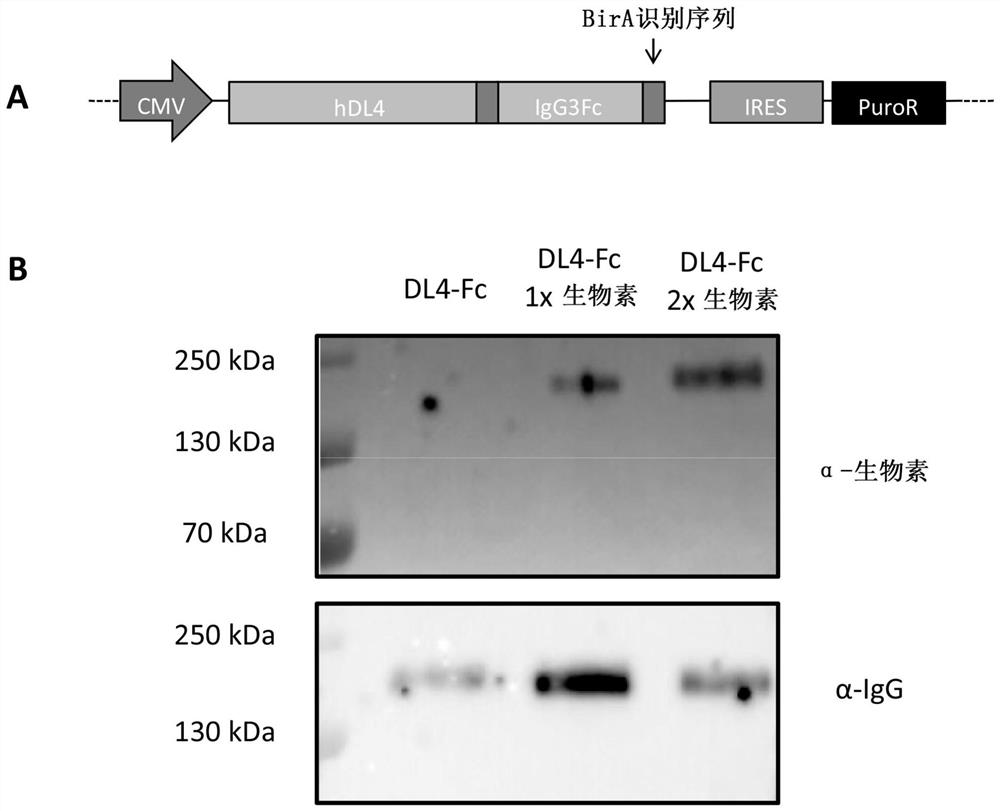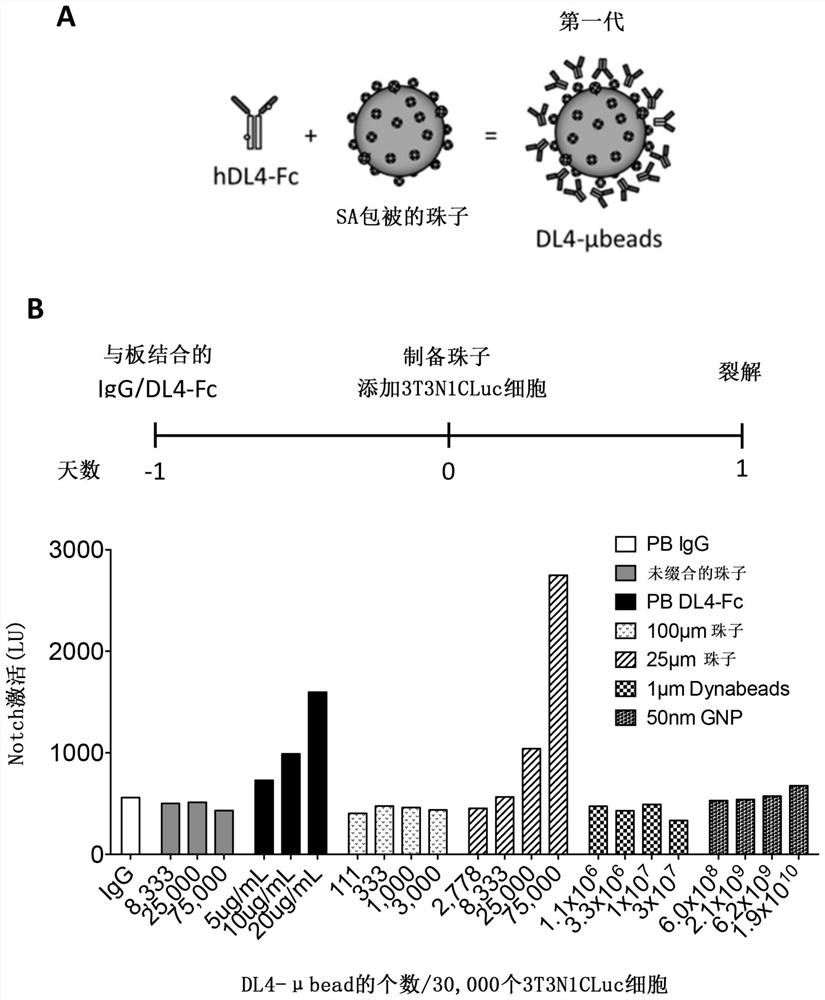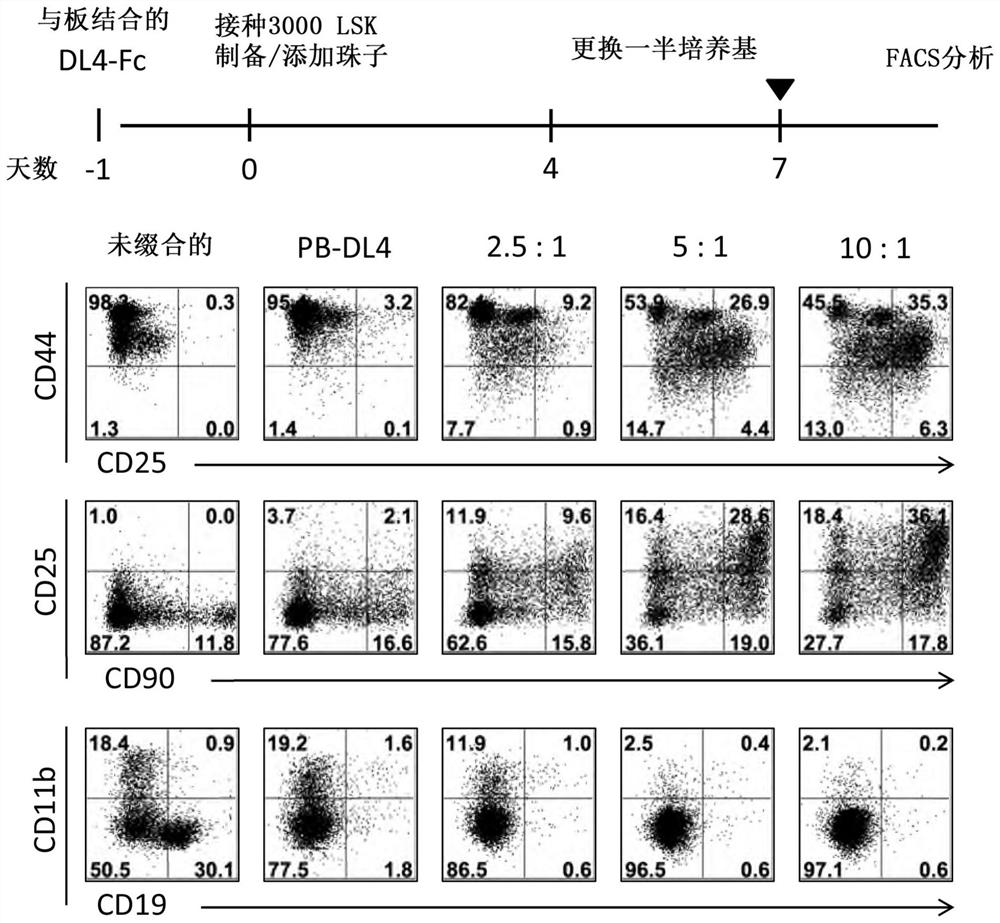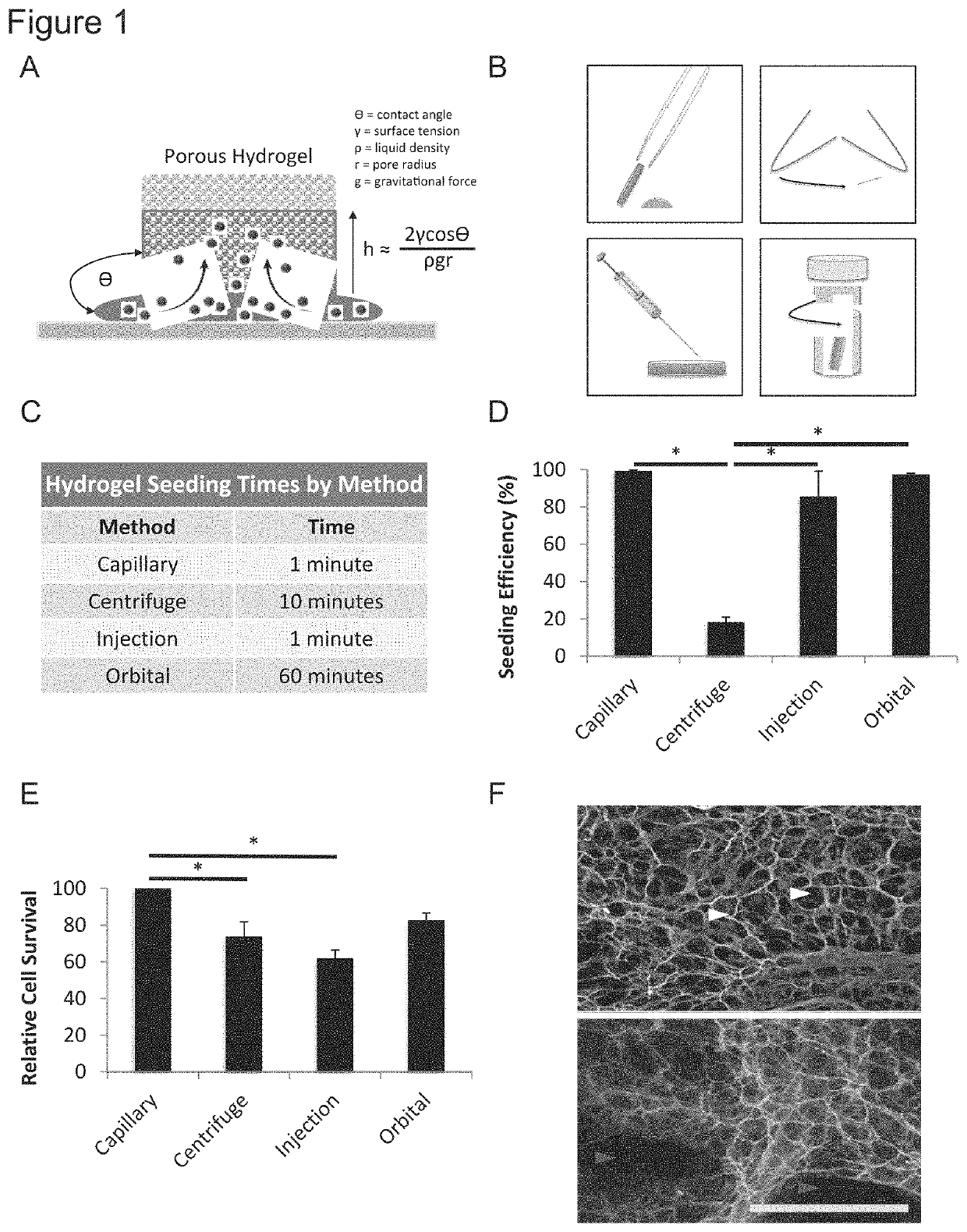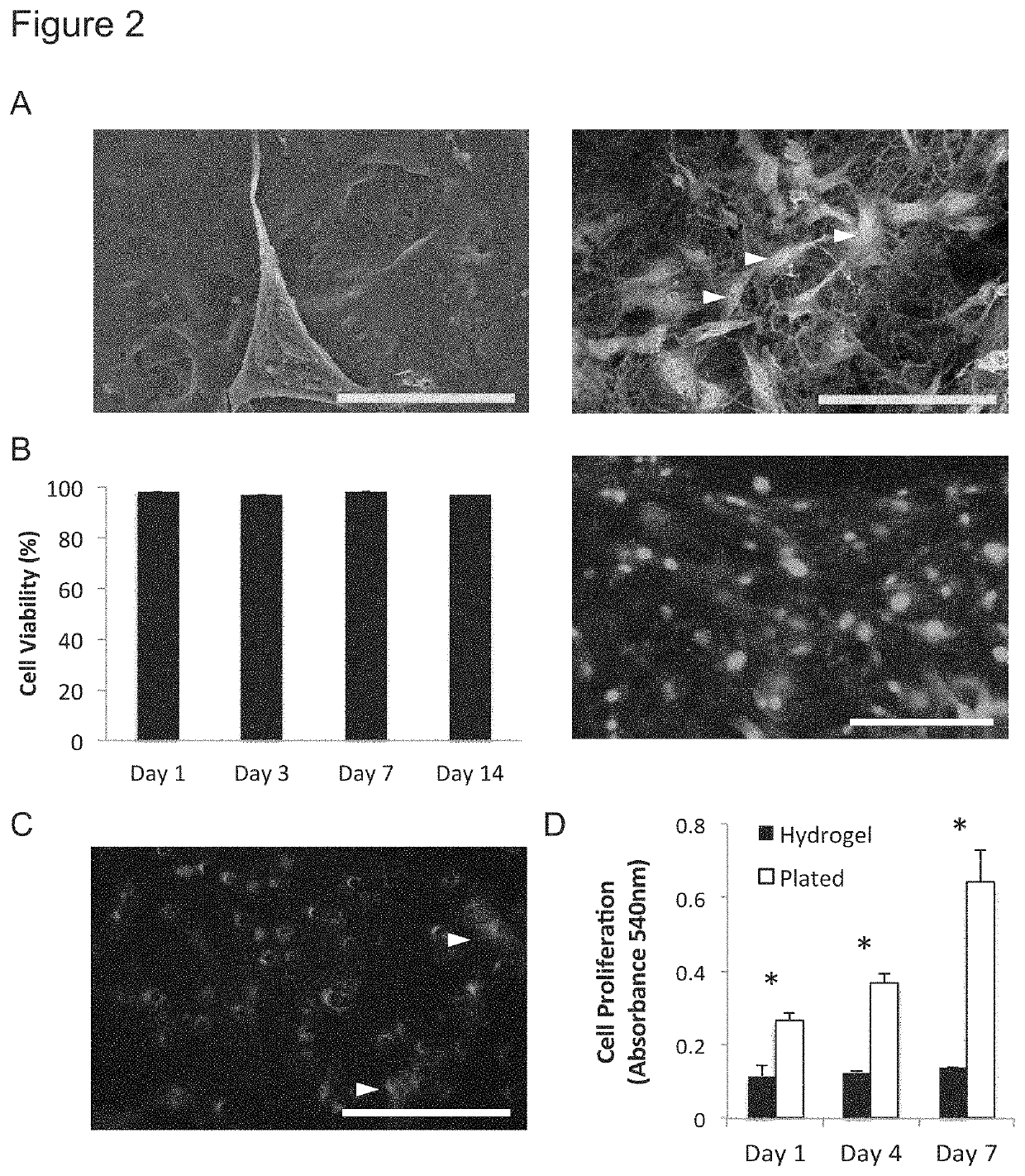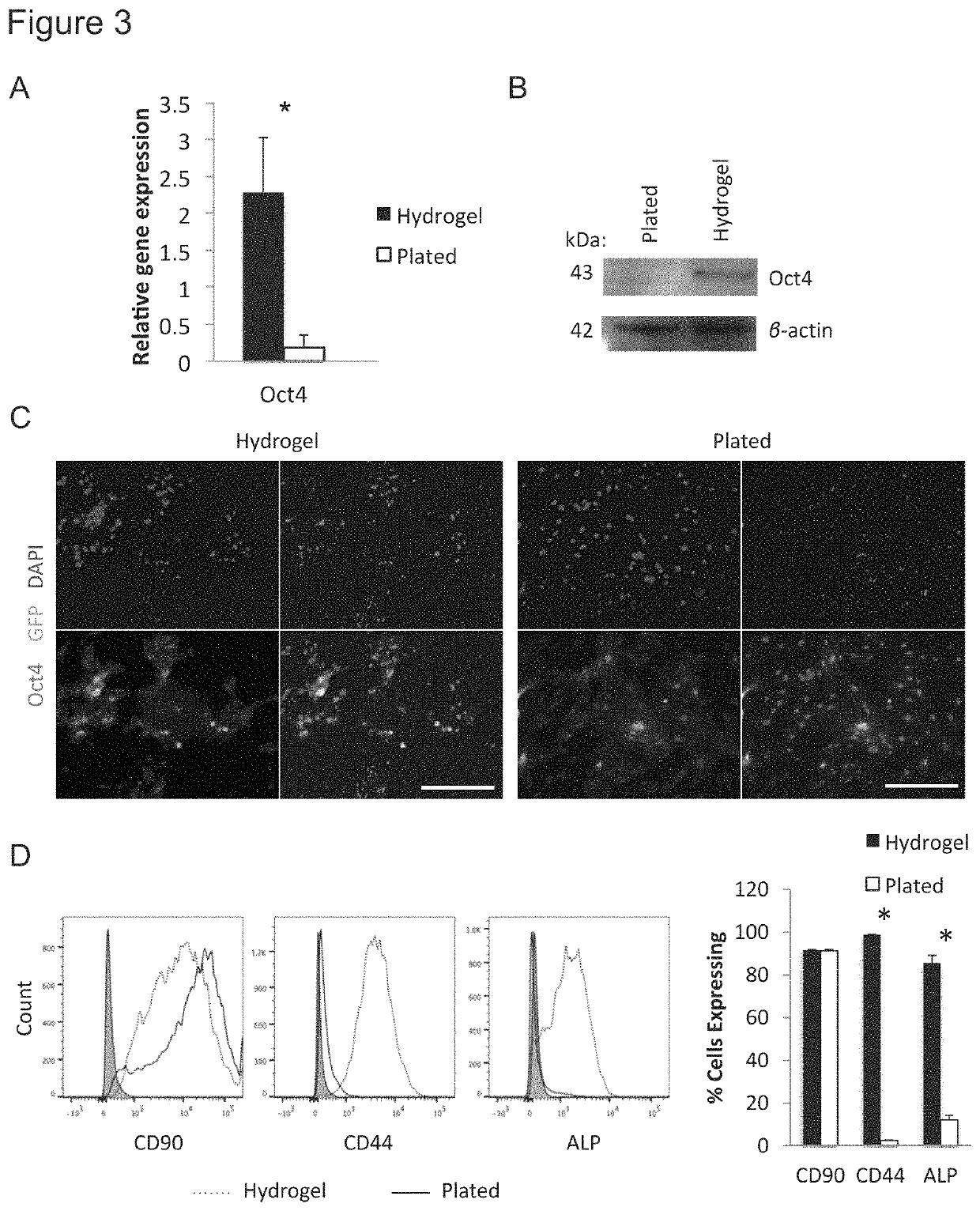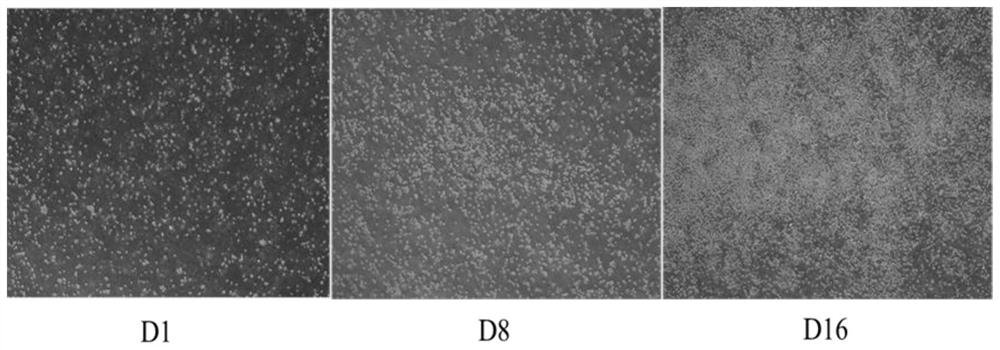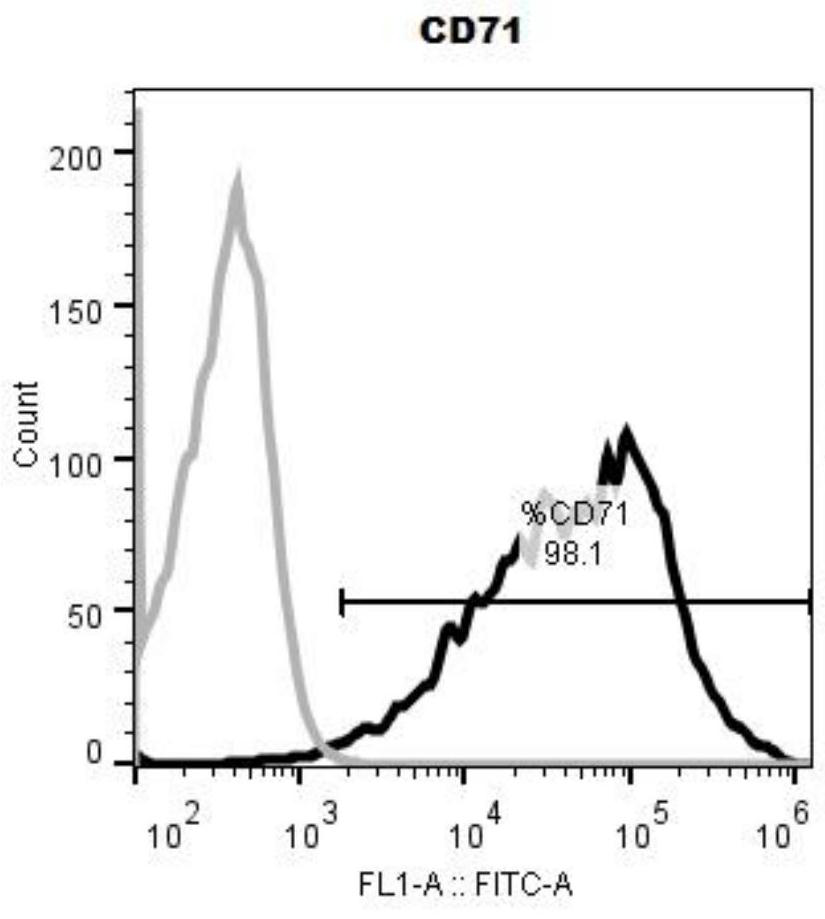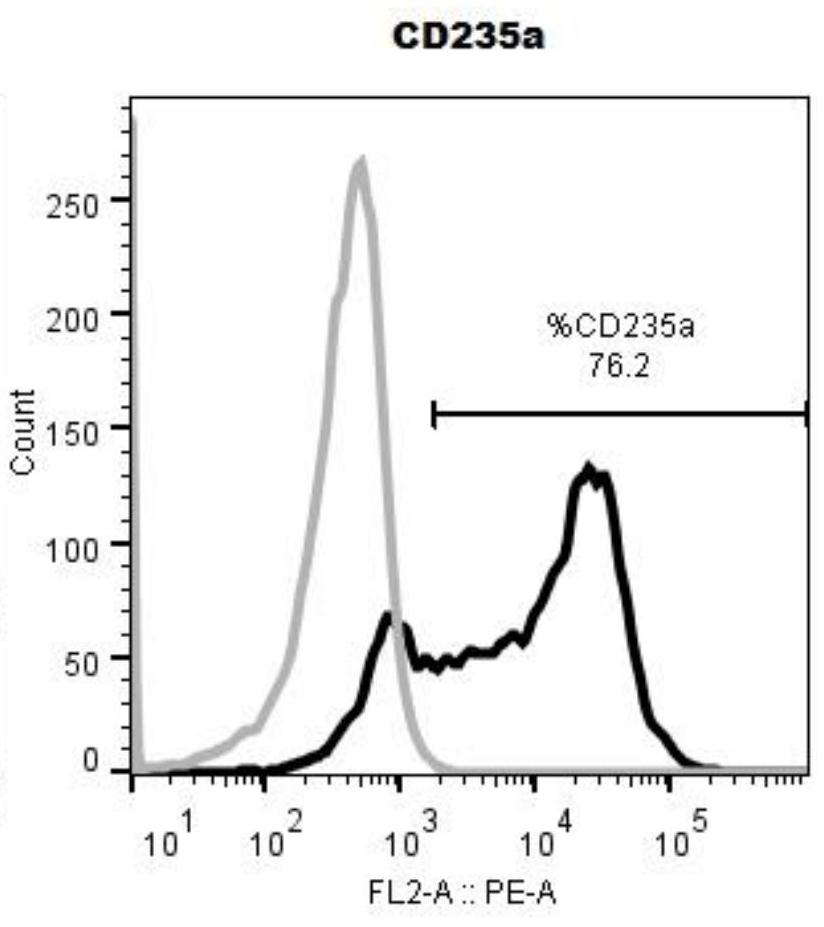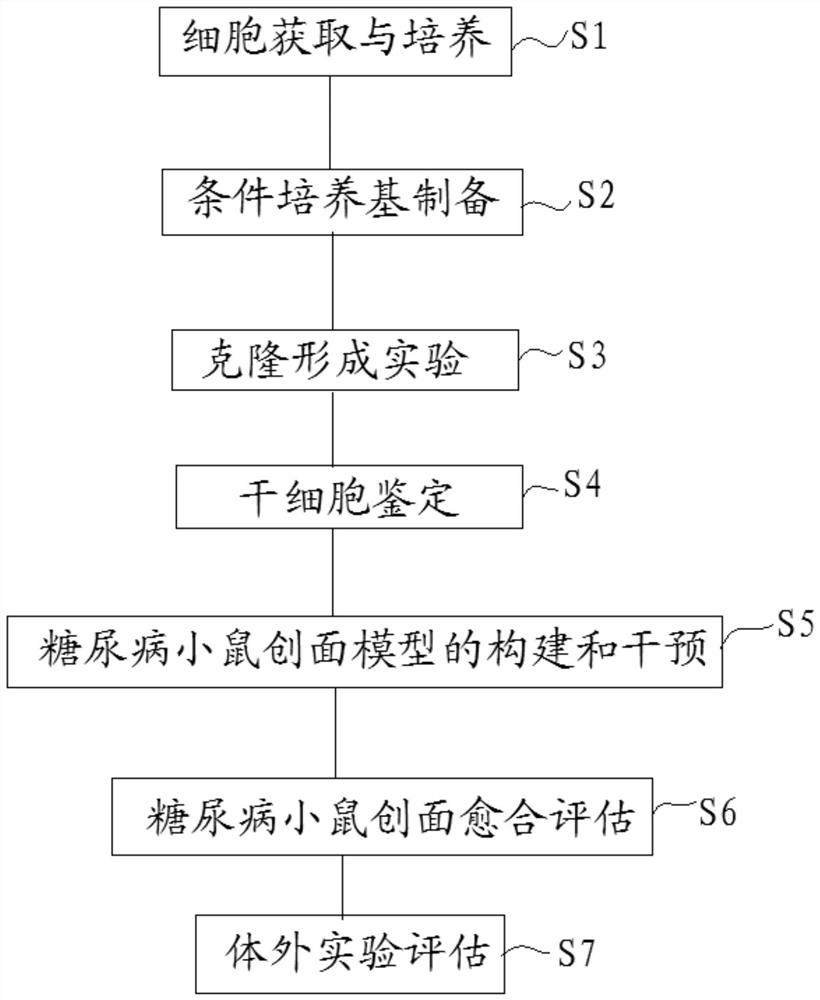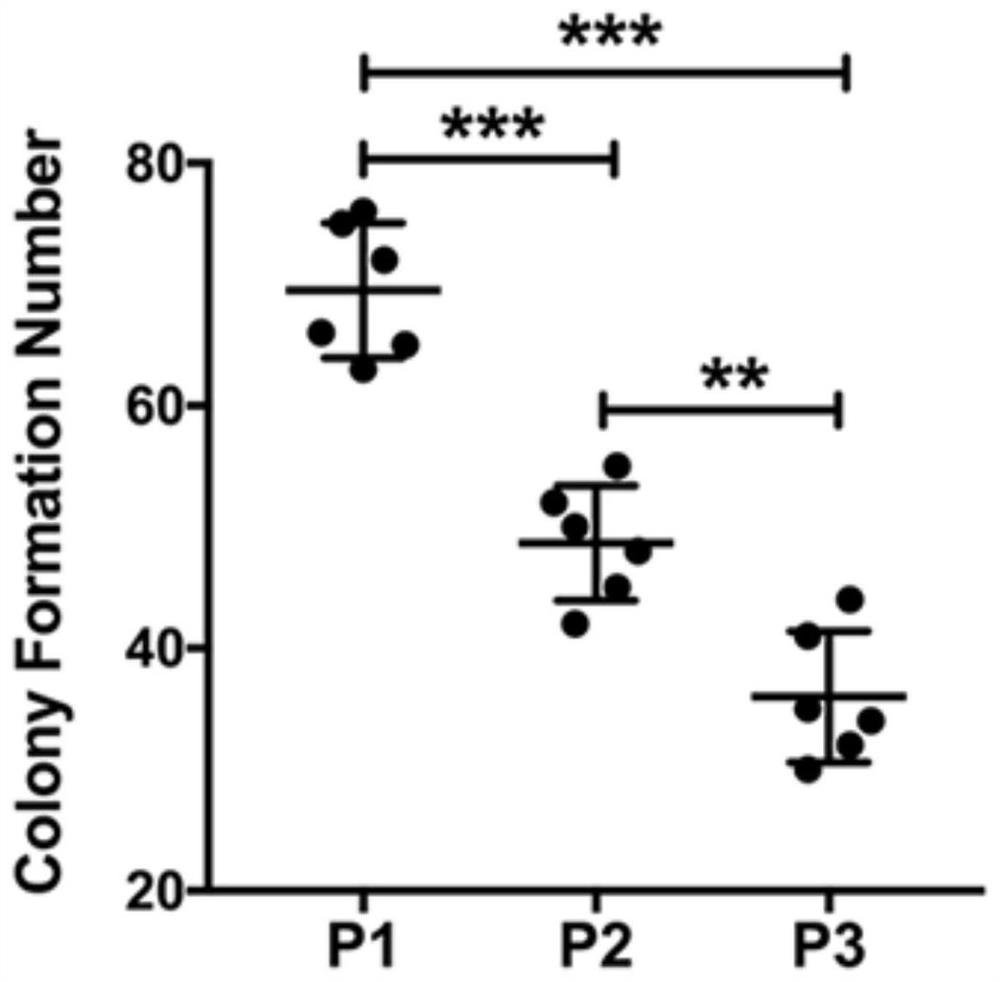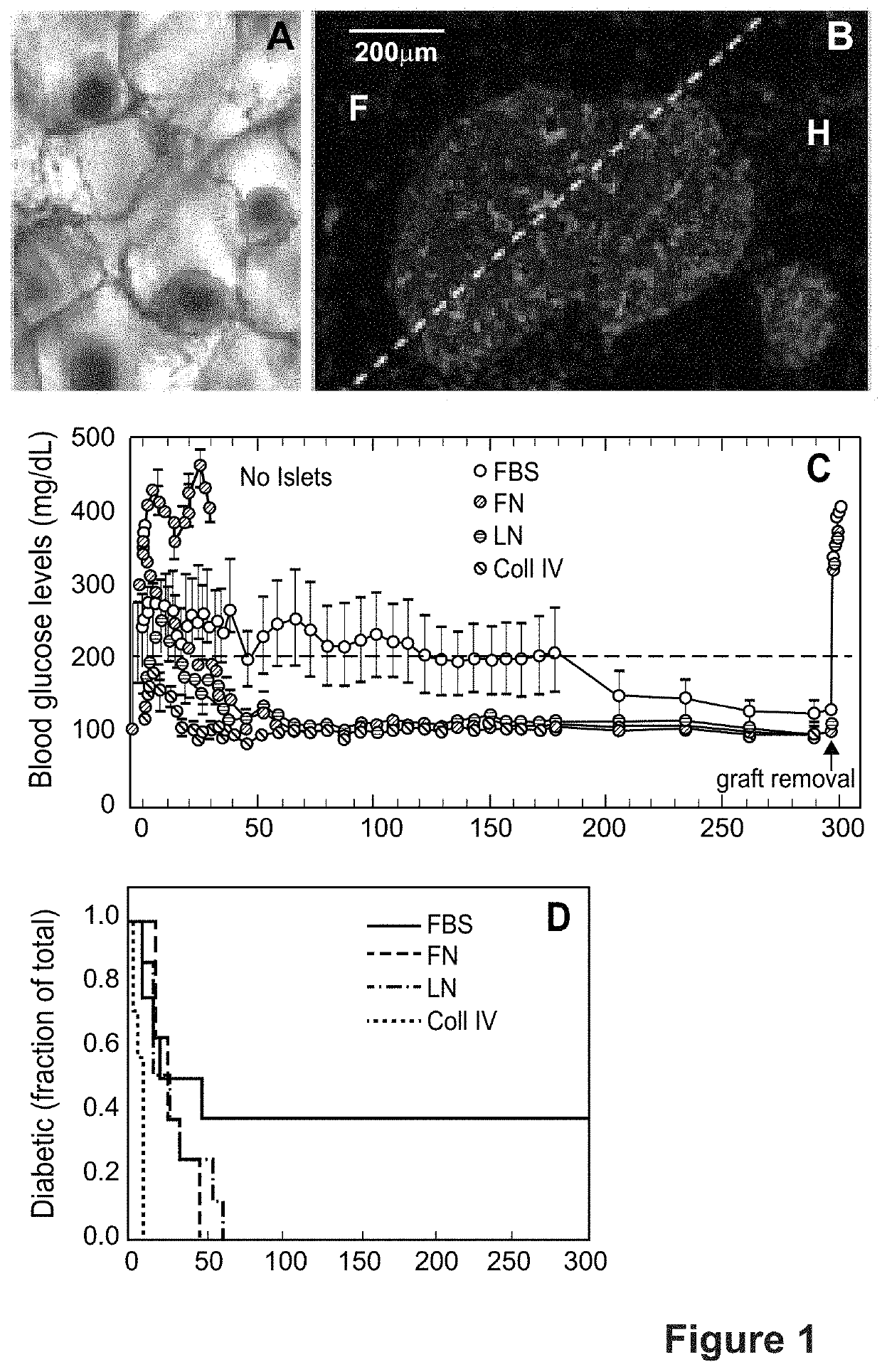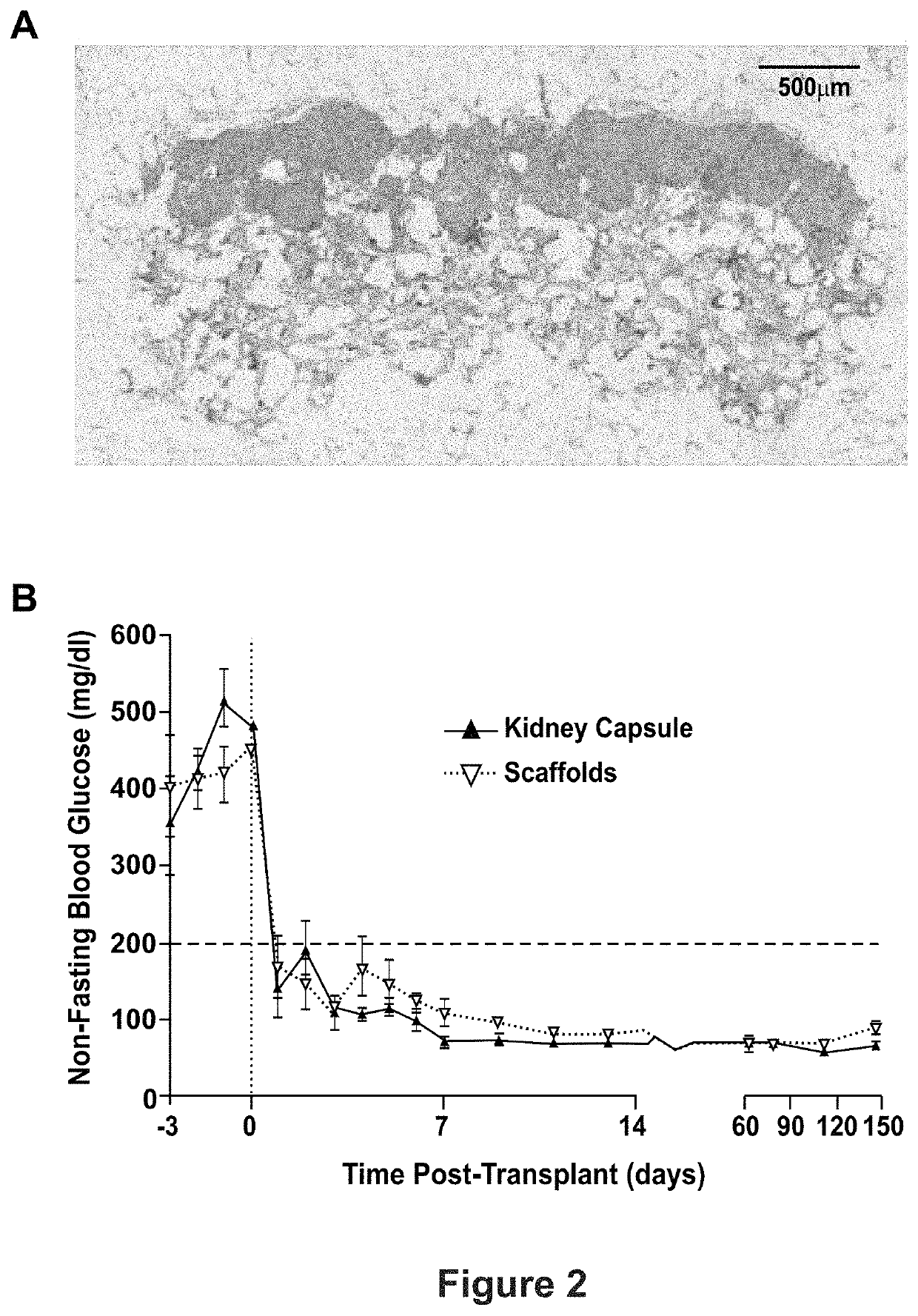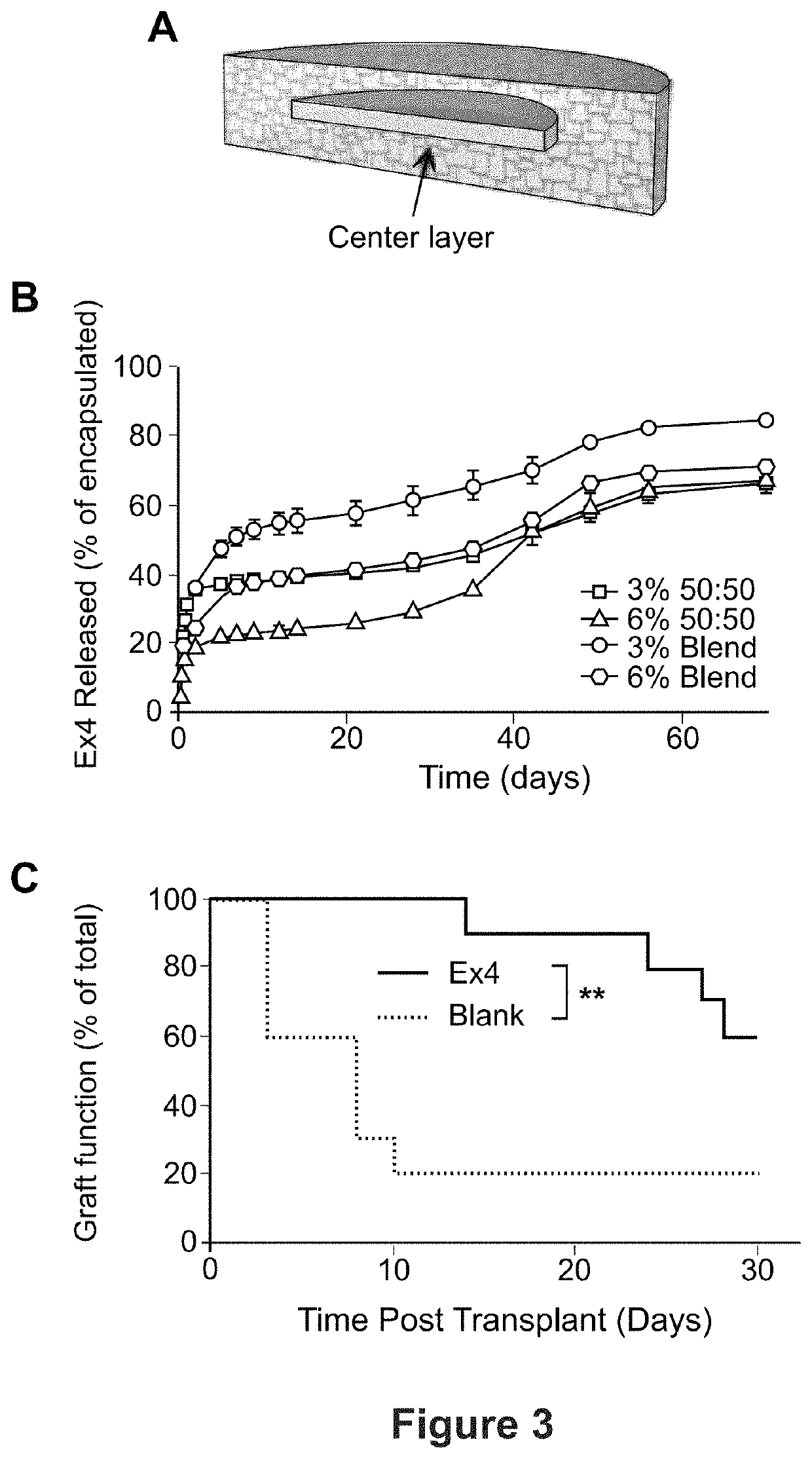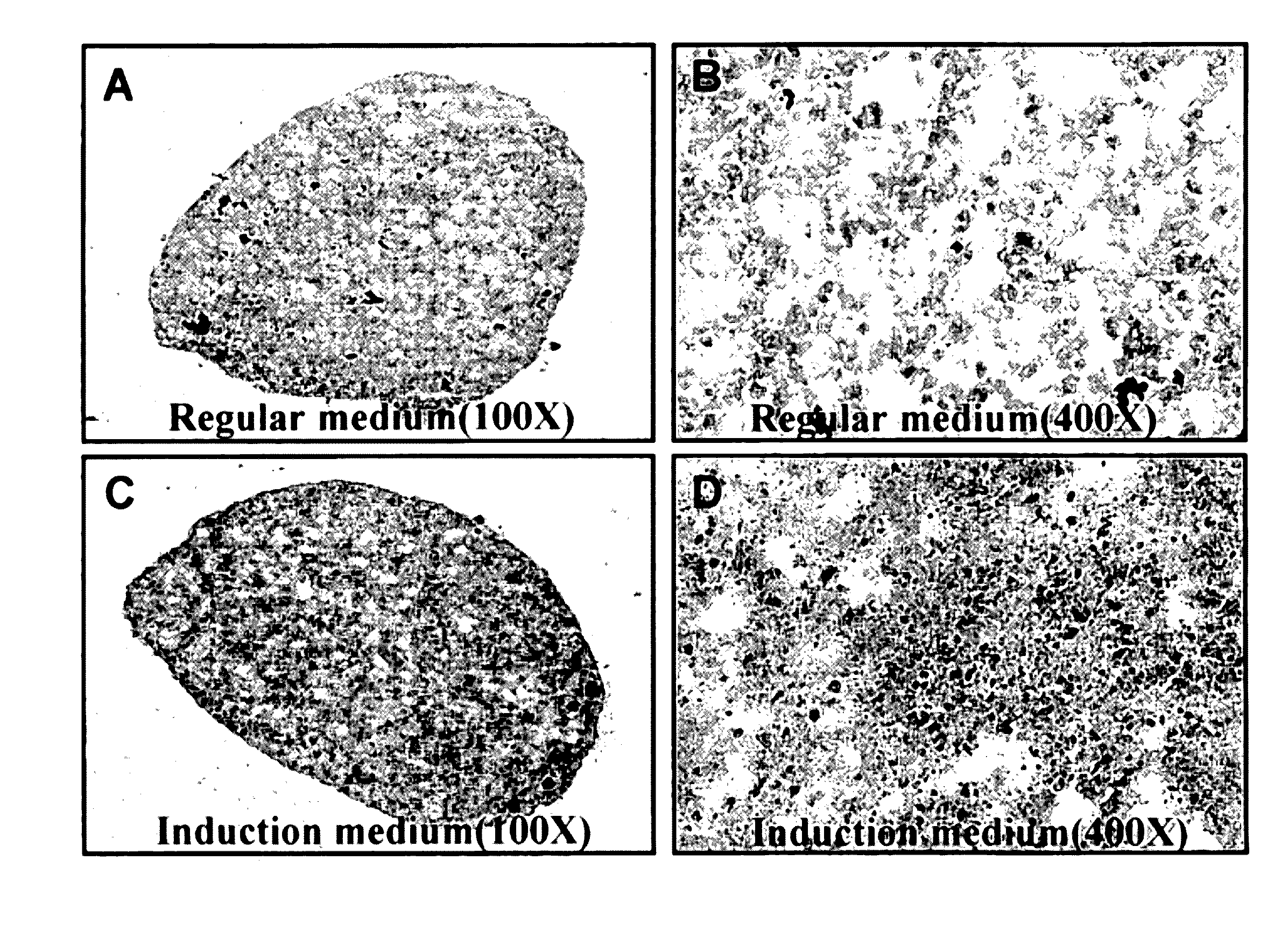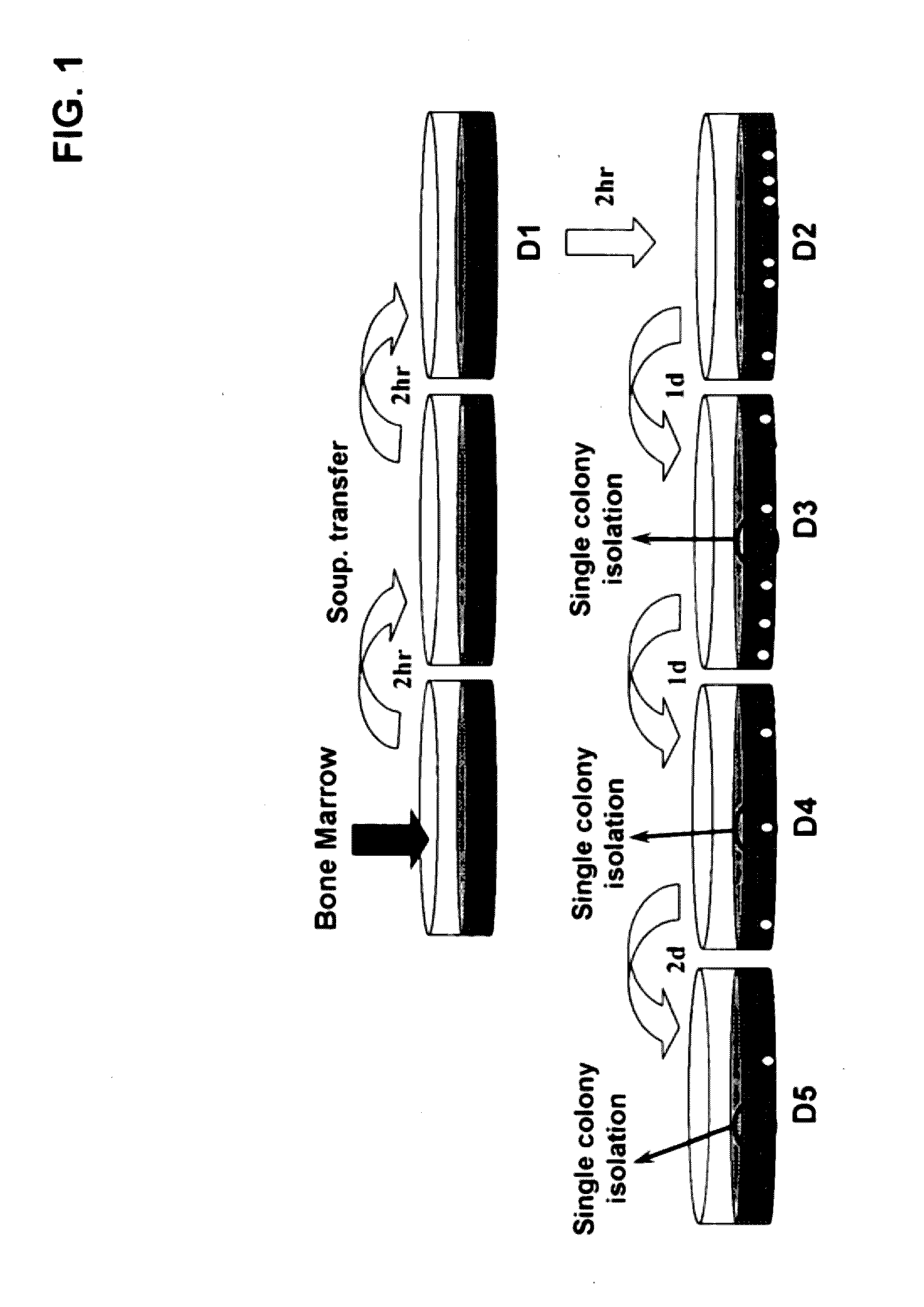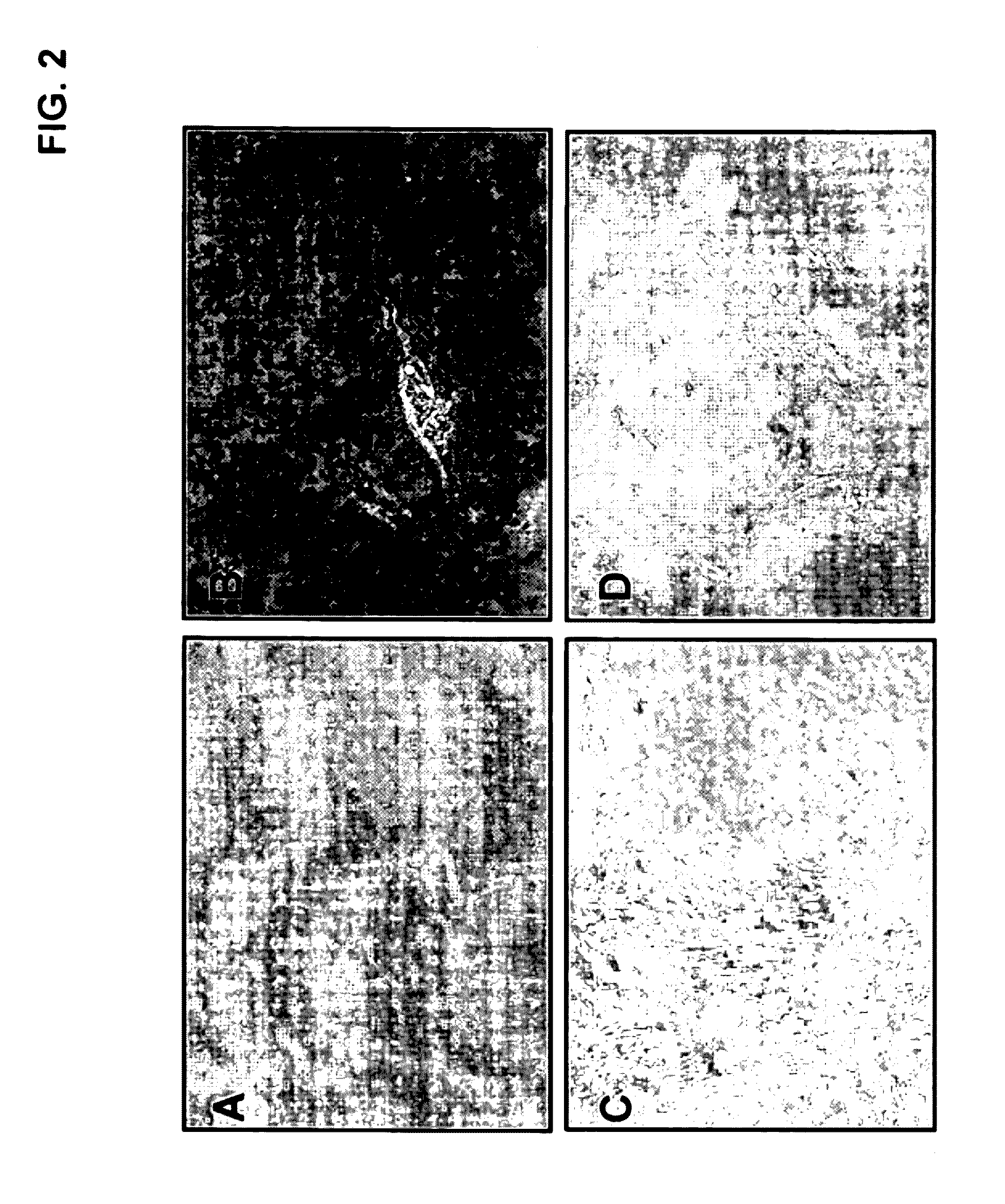Patents
Literature
Hiro is an intelligent assistant for R&D personnel, combined with Patent DNA, to facilitate innovative research.
35 results about "Cells progenitors" patented technology
Efficacy Topic
Property
Owner
Technical Advancement
Application Domain
Technology Topic
Technology Field Word
Patent Country/Region
Patent Type
Patent Status
Application Year
Inventor
Therapeutic compositions
The present invention provides compounds, compositions and methods for inhibiting or reducing reactive oxygen species (ROS) production in cells, such as in cells of the vascular system and in particular the smooth muscle-containing vasculature and / or endothelial cell-containing vasculature and / or adventitial fibroblast-containing vasculature. ROS production may also be inhibited in non-vascular cells of animals including mammals such as humans. Non-vascular cells contemplated herein include nerve cells, stem cells, progenitor cells and some cancer and rumor cells. More particularly, the present invention provides agents and even more particularly, cell-impermeable agents, capable of modulating NADPH oxidase activity, function or levels, thereby controlling superoxide production and production of downstream ROS. The present invention particularly enables agents which are selective against a form of Nox4-containing NADPH oxidase which has a portion of the enzyme such as all or part of the Nox4 component extracellularly exposed.
Owner:HOWARD FLOREY INST OF EXPERIMENTAL PHYSIOLOGY & MEDICINE
Cells exhibiting neuronal cell progenitor characteristics and methods of making them
Disclosed are cells exhibiting neuronal progenitor cell characteristics, and methods of making them from marrow adherent stem cells by regulating cellular pathways in the marrow adherent stem cells that are associated with glial transdifferentiation of the marrow adherent stem cells.
Owner:SANBIO
Methods of isolating bipotent hepatic progenitor cells
A method of obtaining a mixture of cells enriched in hepatic progenitors is developed which comprises methods yielding suspensions of a mixture of cell types, and selecting those cells that are classical MHC class I antigen(s) negative and ICAM-1 antigen positive. The weak or dull expression of nonclassical MHC class I antigen(s) can be used for further enrichment of hepatic progenitors. Furthermore, the progenitors can be selected to have a level of side scatter, a measure of granularity or cytoplasmic droplets, that is higher than that in non-parenchymal cells, such as hemopoietic cells, and lower than that in mature parenchymal cells, such as hepatocytes. Furthermore, the progeny of the isolated progenitors can express alpha-fetoprotein and / or albumin and / or CK19. The hepatic progenitors, so isolated, can grow clonally, that is an entire population of progeny can be derived from one cell. The clones of progenitors have a growth pattern in culture of piled-up aggregates or clusters. These methods of isolating the hepatic progenitors are applicable to any vertebrates including human. The hepatic progenitor cell population is expected to be useful for cell therapies, for bioartificial livers, for gene therapies, for vaccine development, and for myriad toxicological, pharmacological, and pharmaceutical programs and investigations.
Owner:KUBOTA HIROSHI +1
Methods for in vitro expansion of hematopoietic stem cells
The invention relates to methods of obtaining compositions for generating multipotent hematopoietic stem progenitor cells comprising expansion of hematopoietic stem cells in the presence of HDACI and IDM. Methods of obtaining compositions enriched in hematopoietic megakaryocyte progenitor cells are also provided. Compositions enriched for stem cells and populations of cells obtained therefrom are also provided by the invention.
Owner:THE BOARD OF TRUSTEES OF THE UNIV OF ILLINOIS
Sickled Erythrocytes and Progenitors Target Cytotoxics to Tumors
The present invention provides therapeutic mammalian cells which synthesize and express SS hemoglobin and a tumoricidal transgene. They are produced by transduction of SS erythroid progenitors / erythroblasts using viral vectors comprising a tumoricidal transgene operatively linked to the coding region of SS β-globin promoter / enhancer. Such transduced SS erythroid cells differentiate into mature SSRBCs that exhibit sustained synthesis and expression of SS hemoglobin, a tumoricidal protein(s). Both mature and progenitor SS-cells carrying tumoricidal transgene(s) are capable of selectively localizing in tumor microenvironment, occluding tumor microvessels and inducing a tumoricidal response.
Owner:TERMAN DAVID S
Novel population of hepatocytes derived via definitive endoderm (DE-hep) from human blastocysts derived stem cells
InactiveUS20090123432A1Increase percentageEasy to convertBiocideMicrobiological testing/measurementGerm layerMetabolizing enzymes
The present invention relates to a novel hepatocyte-like cell progenitor and / or a novel hepatocyte-like cell derived via definitive endoderm from human blastocyst-derived stem (hBS) cells, to a method for the preparation of such cells and to the potential use of such cells in e.g. pharmaceutical drug discovery and development, toxicity testing, cell therapy and medical treatment.In particular is presented a definitive endoderm derived hepatocyte-like cell with important liver-expressed marker genes and important metabolizing enzymes, as well as drug transporters.
Owner:TAKARA BIO EURO
Cytokine-free growth and maintenance of progenitor cells
InactiveUS20060084170A1Increase the number ofEasy to storeArtificial cell constructsBlood/immune system cellsProgenitorHematopoietic growth factor
The invention pertains to methods and devices for the in vitro culture of hematopoietic progenitor cells in the absence of exogenously added hematopoietic growth factors. The hematopoietic progenitor cells are cultured in the absence of exogenously added hematopoietic growth factors without loss in cell progenitor cell numbers and / or functionality, while maintaining progenitor cell pluripotency.
Owner:CYTOMATRIX
Methods of isolating bipotent hepatic progenitor cells
A method of obtaining a mixture of cells enriched in hepatic progenitors is developed which comprises methods yielding suspensions of a mixture of cell types, and selecting those cells that are classical MHC class I antigen(s) negative and ICAM-1 antigen positive. The weak or dull expression of nonclassical MHC class I antigen(s) can be used for further enrichment of hepatic progenitors. Furthermore, the progenitors can be selected to have a level of side scatter, a measure of granularity or cytoplasmic droplets, that is higher than that in non-parenchymal cells, such as hemopoietic cells, and lower than that in mature parenchymal cells, such as hepatocytes. Furthermore, the progeny of the isolated progenitors can express alpha-fetoprotein and / or albumin and / or CK19. The hepatic progenitors, so isolated, can grow clonally, that is an entire population of progeny can be derived from one cell. The clones of progenitors have a growth pattern in culture of piled-up aggregates or clusters. These methods of isolating the hepatic progenitors are applicable to any vertebrates including human. The hepatic progenitor cell population is expected to be useful for cell therapies, for bioartificial livers, for gene therapies, for vaccine development, and for myriad toxicological, pharmacological, and pharmaceutical programs and investigations.
Owner:THE UNIV OF NORTH CAROLINA AT CHAPEL HILL
Method of expanding cord blood cells
ActiveUS20050266557A1Increased cell yieldEasy to produceCulture processDead animal preservationProgenitorCord blood stem cell
Based on previous evidence suggesting positive effects of fever on in vivo hematopoiesis, the effect of hyperthermia on the expansion and differentiation of megakaryocytes (MKs) in ex vivo cultures of CB CD34-enriched cells has now been tested. Cells were cultured at 37° C. or 39° C. for 14 days in cytokine conditions optimized for MK development, and analyzed periodically by microscopy, flow cytometry and colony assays. Compared to 37° C., cultures maintained at 39° C. produced much more total cells (5X), MK progenitors (9X) and total MKs (7X), and showed accelerated (3-4 days) and enhanced MK maturation with increased yields of proplatelets and platelets (11.7X). The increased number of CD34+ cells and myeloid progenitors in the 39° C. cultures also suggested a general stimulatory effect of hyperthermia on the expansion of more primitive stem / progenitor cells and of cells of other lineages.
Owner:HEMA QUEBEC
Novel population of hepatocytes derived via definitive endoderm (de-hep) from human blastocysts stem cells
InactiveUS20100190202A1Easy to convertRegulating trafficMicrobiological testing/measurementDigestive systemGerm layerMetabolizing enzymes
The present disclosure relates to a novel hepatocyte-like cell progenitor and / or a novel hepatocyte-like cell derived via definitive endoderm from human blastocyst-derived stem (hBS) cells, to a method for the preparation of such cells and to the potential use of such cells in, e.g., pharmaceutical drug discovery and development, toxicity testing, cell therapy and medical treatment. In particular is presented a definitive endoderm derived hepatocyte-like cell with important liver-expressed marker genes and important metabolizing enzymes, as well as drug transporters.
Owner:CELLARTIS AB (SE)
Preparation method of functional coating material for biological tissue scaffold or catheter
ActiveCN113304317AInhibition of proliferative abilityReduce the chance of hyperplasiaCatheterCoatingsPolyethylene glycolEngineering
The invention relates to a preparation method of a functional coating material for biological tissue scaffolds or catheters, which comprises the following steps of: self-assembling PEG (polyethylene glycol) grafted chitosan and one or more of a functional compound and a growth factor in a solution state to obtain a functional composite material solution; and coating a substrate and then carrying out crosslinking treatment to obtain a functional coating material, wherein the substrate is a biological tissue scaffold or catheter, and the functional compound is a compound with a sulfonic acid group. The functional coating material prepared by the preparation method can regulate and control the antithrombotic performance of an intravascular stent, and meanwhile, functional compounds / growth factors and the like can also induce stem cells and endothelial cells / progenitor cells in blood to gather on the material, so that endothelialization is accelerated.
Owner:JIAXING UNIV
Mammalian myeloid progenitor cell subsets
A substantially enriched mammalian hematopoietic cell subpopulation is provided, which is characterized by progenitor cell activity for myeloid lineages, but lacking the potential to differentiate into lymphoid lineages. This population is further divided into specific myeloid progenitor subsets, including a common myeloid progenitor cells (CMP), megakaryocyte / erythroid progenitor cells (MEP) and granulocyte / monocyte lineage progenitor (GMP). Methods are provided for the isolation and culture of these subpopulations. The CMP population gives rise to all myeloid lineages, and can give rise to the two additional and isolatable progenitor populations that are exclusively committed to either the erythroid / megakaryocytic or myelomonocytic lineages. Tηεχελλενιχημεντμετηoδσεμπλoψεαγεντστηατσπεχαλλψεψoγνιζε Tηψ-1; ανδIΛ-7 Pα, in conjunction with other markers expressed on lineage committed cells. These cells give rise to a variety of myeloid cells, including megakaryocytes, granulocytes, dendritic cells and erythroid cells, as evidenced by their growth and differentiation in vitro and in vivo.
Owner:THE BOARD OF TRUSTEES OF THE LELAND STANFORD JUNIOR UNIV
Method of differentiating erythrocyte progenitor cells
A method of differentiating erythrocyte progenitor cells comprising administering to the erythrocyte progenitor cells an effective amount of an Erythroid Differentiation and Denucleation Factor (EDDF), such that the erythrocyte progenitor cells differentiate.
Owner:KM BIOTECH
Sickled Erythrocytes and Progenitors Target Cytotoxics to Tumors
The present invention provides therapeutic mammalian cells which synthesize and express SS hemoglobin and a tumoricidal transgene. They are produced by transduction of SS erythroid progenitors / erythroblasts using viral vectors comprising a tumoricidal transgene operatively linked to the coding region of SS β-globin promoter / enhancer. Such transduced SS erythroid cells differentiate into mature SSRBCs that exhibit sustained synthesis and expression of SS hemoglobin, a tumoricidal protein(s). Both mature and progenitor SS-cells carrying tumoricidal transgene(s) are capable of selectively localizing in tumor microenvironment, occluding tumor microvessels and inducing a tumoricidal response.
Owner:TERMAN DAVID S
Hybrid thymus, methods of making and methods of use for inducing xenograft tolerance, restoring immunocompetence and thymus function
The present disclosure relates to making a hybrid pig-human thymic tissue and using the hybrid thymic tissue to induce tolerance in xenotransplantation. The hybrid thymic tissue can also be used for restoring or inducing immunocompetence in a recipient as well as restoring or promoting the thymus-dependent ability for T cell progenitors to develop into mature functional T cells in a recipient.
Owner:THE TRUSTEES OF COLUMBIA UNIV IN THE CITY OF NEW YORK
Method for generating mature beta-like cells
ActiveUS20160045554A1Stable levelBiocideMicrobiological testing/measurementMolecular biologyPopulation
The present invention relates to methods for generating mature insulin-producing β-like cells comprising the steps: (a) isolating, purifying and / or enriching β-cell progenitor cells from a population of cells; (b) differentiation of the β-cell progenitor cells into immature insulin-producing β-like cells; and (c) maturation of the immature insulin-producing β-like cells into mature insulin-producing β-like cells, comprising exposing the immature insulin-producing β-like cells to calcitriol or an analogue thereof. More particularly, the present invention relates to methods for generating mature insulin-producing β-like cells for use in treating diabetes.
Owner:HEALTHREGEN PTY LTD
Ex vivo progenitor and stem cell expansion and differentiation for use in the treatment of disease of the nervous system
InactiveUS8927276B2Rapid growth without loss of multipotencyBiocideNervous system cellsNervous systemMedicine
The present invention relates to a simplified process, which is shorter in time, for propagation of proliferating cells, such as e.g. progenitor or stem cells, by means of a biphasic culturing system having a differentiation supporting component and a proliferation supporting component, and to the use of the stem cell cultures obtained in this way for cell therapy purposes. The present invention invention describes a method, which is highly efficient to prime stem or progenitor cells to differentiation using non-attachment matrices and differentiation supporting component. The cells produced therefrom may be used to treat a variety of neurodegenerative disorders.
Owner:CELLIN TECH OUE
Generation of NK cells and NK-cell progenitors
ActiveUS11118165B2Low costIncrease the number of cellsBlood/immune system cellsCell culture active agentsNatural Killer Cell Inhibitory ReceptorsCultured cell
The present invention provides a cytokine-based culture method for ex vivo expansion of NK cells from postembryonic hematopoietic stem cells into a fully closed, large-scale, cell culture bioprocess. We optimized enrichment of CD34+ cells followed by efficient expansion in gas-permeable cell culture bags. Thereafter, expanded CD34+ cells could be reproducibly amplified and differentiated into CD56+CD3− NK cell products with a mean expansion of more than 2,000 fold and a purity of >90%. Also provided are collections of cultured cells having specific properties.
Owner:IPD THERAPEUTICS +1
Method for generating mature β-like cells
The present invention relates to methods for generating mature insulin-producing β-like cells comprising the steps: (a) isolating, purifying and / or enriching β-cell progenitor cells from a population of cells; (b) differentiation of the β-cell progenitor cells into immature insulin-producing β-like cells; and (c) maturation of the immature insulin-producing β-like cells into mature insulin-producing β-like cells, comprising exposing the immature insulin-producing β-like cells to calcitriol or an analogue thereof. More particularly, the present invention relates to methods for generating mature insulin-producing β-like cells for use in treating diabetes.
Owner:HEALTHREGEN PTY LTD
Culture method of vascular endothelial cell progenitor cells
ActiveCN105062957BExcellent self-renewal abilityAvoid uncertaintyVertebrate cellsArtificial cell constructsSodium bicarbonateProgenitor
Owner:宁波医诺生物技术有限公司
Manipulating arid5b expression in immune cells to promote metabolism, survival, and function
InactiveCN112888446APolypeptide with localisation/targeting motifImmunoglobulin superfamilyNatural Killer Cell Inhibitory ReceptorsT cell
Provided herein are methods of manipulating ARID5B expression in immune cells such NK cells, T cells, and T cell and NK cell progenitors to enhance their persistence and function in vivo. Also provided herein are modified immune cells and compositions comprising such modified cells for anti-cancer, anti-viral, and other immunotherapies. In some embodiments, immune cells are genetically modified to increase ARID5B expression and, thus, improve persistence, increase in vivo anti-tumor efficacy, and increase viability and functionality of the modified cells after freezing and thawing.
Owner:RGT UNIV OF MINNESOTA
Production of T cells from RAG-inactivated iPSC
The present invention relates to the differentiation of progenitor cells inactivating a recombinant activation gene (RAG) into T cells by expression of an exogenous T cell receptor (TCR). A population of T cells can be produced by (i) differentiating a population of RAG-inactivated induced pluripotent stem cells (iPSC) into mesoderm cells, (ii) differentiating the mesoderm cells (MC) to produce a population of hematopoietic endothelial cells (HECs), (iii) differentiating the HECs into a population of hematopoietic progenitor cells (HPC), (iv) differentiating the population of HPCs into T cell progenitor cells, and (v) differentiating the population of T cell progenitor cells. And (v) maturing the T cell progenitor cells to produce a double positive CD4 + CD8 + T cell population. The method may also include introducing a heterologous nucleic acid encoding an antigen receptor (e.g., a T cell receptor (TCR) or a chimeric antigen receptor (CAR)) into one of the following groups: RAG inactivated (a) iPSC, (b) MC, (c) HEC, (d) HPC, or (e) progenitor T cells. This may contribute, for example, to the production of T cells for immunotherapy.
Owner:ADAPTIMMUNE
Cells loaded with gold nanoparticles for use in the diagnosis and/or treatment of melanoma
Owner:UNIVERSITY OF FLORENCE
Method for generating cells of t cell lineage
PendingCN112041431ACell receptors/surface-antigens/surface-determinantsGenetic material ingredientsCell lineageMature T-Cell
A method of generating cells of a T cell lineage is provided comprising (a) culturing a sample comprising stem cells or progenitor cells with a Notch ligand conjugated to a suspension support and (b)isolating cells of the T cell lineage. In one embodiment, the cells of the T-cell lineage are progenitor T cells or mature T cells. Compositions, kits and uses thereof are also provided.
Owner:SUNNYBROOK RES INST
Preparation method of functional coating material for biological tissue scaffold or catheter
ActiveCN113304317BInhibition of proliferative abilityReduce the chance of hyperplasiaCatheterCoatingsAntithromboticBlood vessel
The invention relates to a preparation method of a functional coating material for biological tissue scaffolds or catheters. The preparation method comprises the following steps of: self-assembling PEG-grafted chitosan with one or more functional compounds and growth factors in a solution state The functional composite material solution is obtained, and the functional coating material is obtained by cross-linking treatment after coating the substrate; the substrate is a biological tissue scaffold or a catheter; and the functional compound is a compound with a sulfonic acid group. The functional coating material prepared by the preparation method of the present invention can regulate the antithrombotic performance of the vascular stent, and at the same time, the functional compounds / growth factors can also induce the stem cells, endothelial cells / progenitor cells in the blood to aggregate on the material, accelerate the endothelialization.
Owner:JIAXING UNIV
Efficient stem cell delivery into biomaterials using capillary driven encapsulation
ActiveUS11174460B2Improve seeding efficiencyMaximize efficiencyCulture processMammal material medical ingredientsBiopolymerCapillary pressure
Efficient stem cell delivery into biomaterials using capillary driven encapsulation are disclosed herein where stem / progenitor and / or tissue specific cells are rapidly and efficiently seeded via capillary driven encapsulation into a porous scaffold for cell delivery in the skin or any other organ. The rapid capillary force approach maximizes both seeding time and efficiency by combining hydrophobic, entropic and capillary forces to promote active, ‘bottom-up’ cell engraftment. This methodology uses micro domain patterned biopolymers in a porous dry gel to generate capillary pressure to move a viscous stem cell mix from a hydrophobic reservoir into the polymer matrix to promote active cell seeding within the entire gel volume.
Owner:GURTNER GEOFFREY C +2
A kind of erythrocyte progenitor cell serum-free medium and method of using the same
ActiveCN108220241BExpand clinical applicationHigh research valueCulture processBlood/immune system cellsWhite blood cellPhosphorylation
The invention belongs to the field of culture medium, and in particular relates to a serum-free culture medium for erythrocyte progenitor cells, including basal culture medium and other additive components; the other additive components include ITS additive, GlutaMAX, Lipid Concentrate, L-ascorbic acid 2-phosphorylated hemi Magnesium salt hydrate, inorganic salts, lipoic acid, hydrocortisone, stem cell factor, erythropoietin, and interleukin-3. The beneficial effects of the present invention are: the composition of the whole medium system is clear, the quality is stable, and the erythrocyte progenitor cells in the blood cells are selectively amplified, so that the erythrocyte progenitor cells can effectively express specificity on the basis of maintaining their original stemness characteristics CD71+ / CD235a+ / – is a marker, and the ratio of CD71+ / CD235a+ / – accounts for about 50% to 100%. The culture medium of the present invention is suitable for clinical application and scientific research.
Owner:安徽中盛溯源生物科技有限公司
A combined use of HFDSPCS-CM and HA to promote diabetic wound healing
ActiveCN111718894BPromote wound healingEasy to operateCell dissociation methodsOrganic active ingredientsEngineeringIn vivo
Owner:SHANGHAI NINTH PEOPLES HOSPITAL SHANGHAI JIAO TONG UNIV SCHOOL OF MEDICINE
Microporous hydrogel scaffolds for cell transplantation
ActiveUS10973956B2Hindering mass transportFacilitating the sensing of blood glucoseProsthesisHydrogel scaffoldPancreatic islets
The present disclosure relates generally to biomaterial implants and methods for delivering a cell to an individual in need thereof and, more particularly, to biomaterial implants and techniques for delivering islets and / or β-cell progenitors to an individual.
Owner:RGT UNIV OF MICHIGAN
Method for treating pancreatitis with mesenchymal stem cells
The present application discloses a method of treating pancreatitis by administering to the patient mesenchymal stem cells that are obtained by manipulating a biological sample of cells, which includes multi-lineage stem cells, progenitor cells, other marrow stromal cells: allowing the sample of cells to settle in a container; transferring supernatant from the container to another container; and isolating cells from the supernatant, which has comparatively lower density in the sample.
Owner:SCM LIFESCI CO LTD
Features
- R&D
- Intellectual Property
- Life Sciences
- Materials
- Tech Scout
Why Patsnap Eureka
- Unparalleled Data Quality
- Higher Quality Content
- 60% Fewer Hallucinations
Social media
Patsnap Eureka Blog
Learn More Browse by: Latest US Patents, China's latest patents, Technical Efficacy Thesaurus, Application Domain, Technology Topic, Popular Technical Reports.
© 2025 PatSnap. All rights reserved.Legal|Privacy policy|Modern Slavery Act Transparency Statement|Sitemap|About US| Contact US: help@patsnap.com

